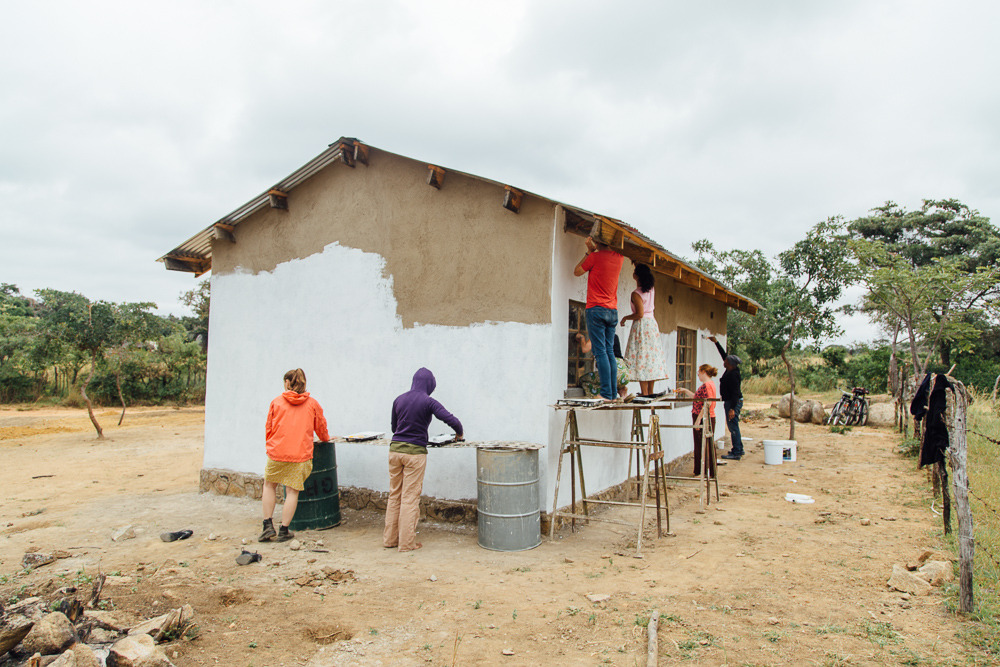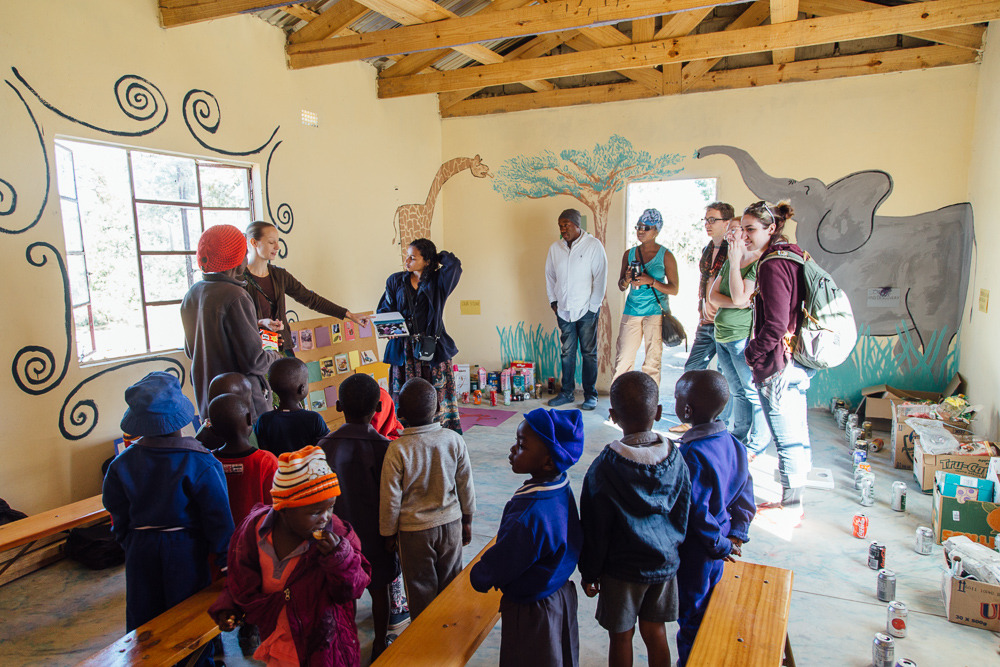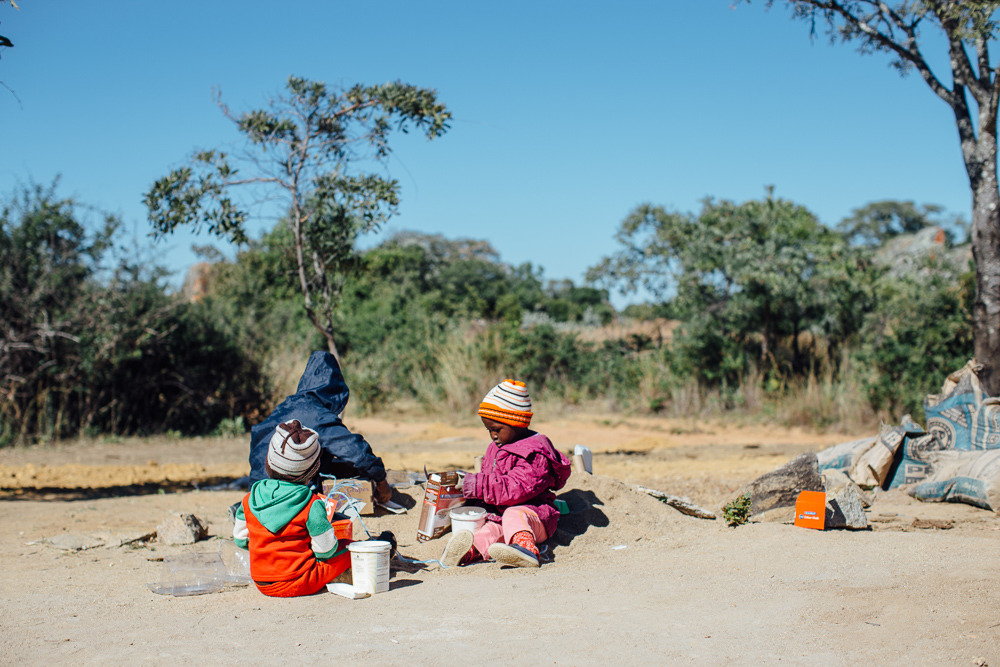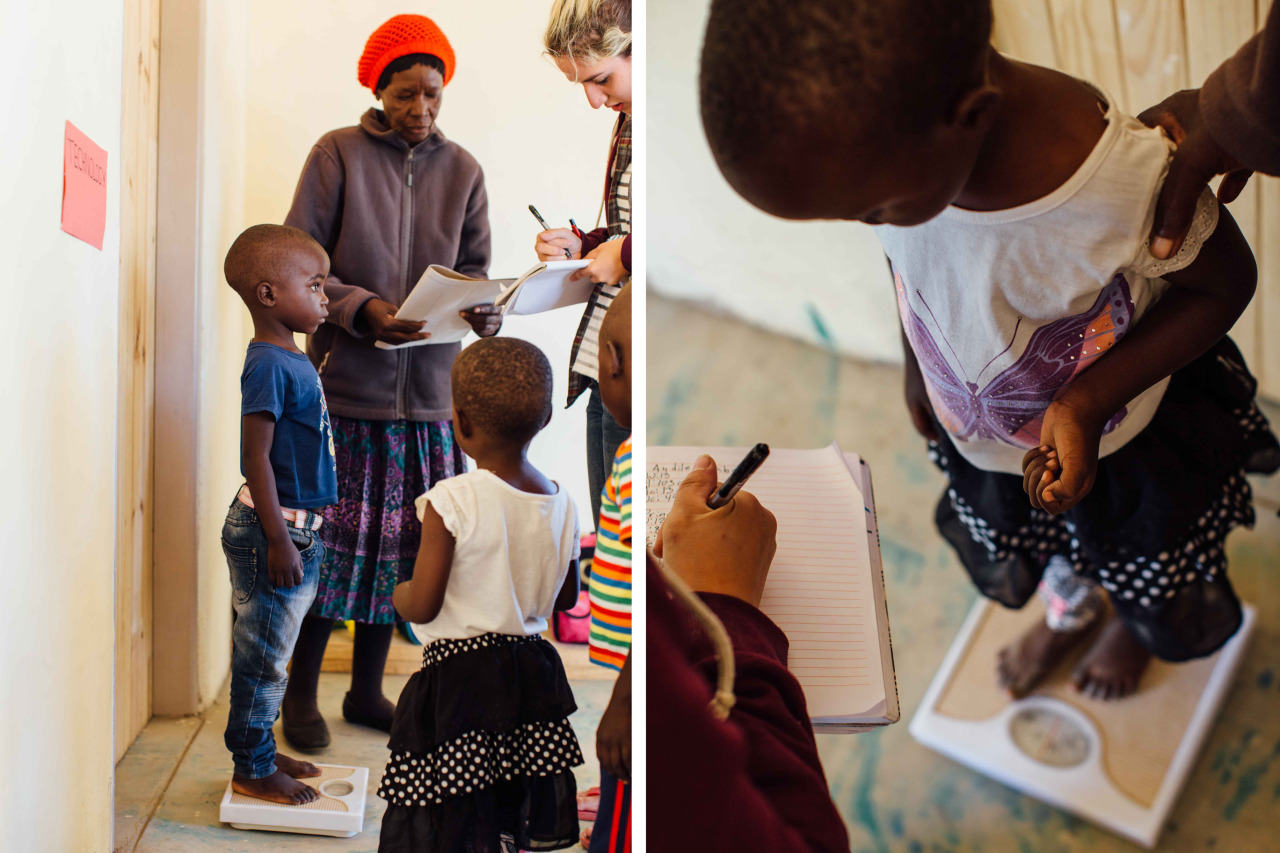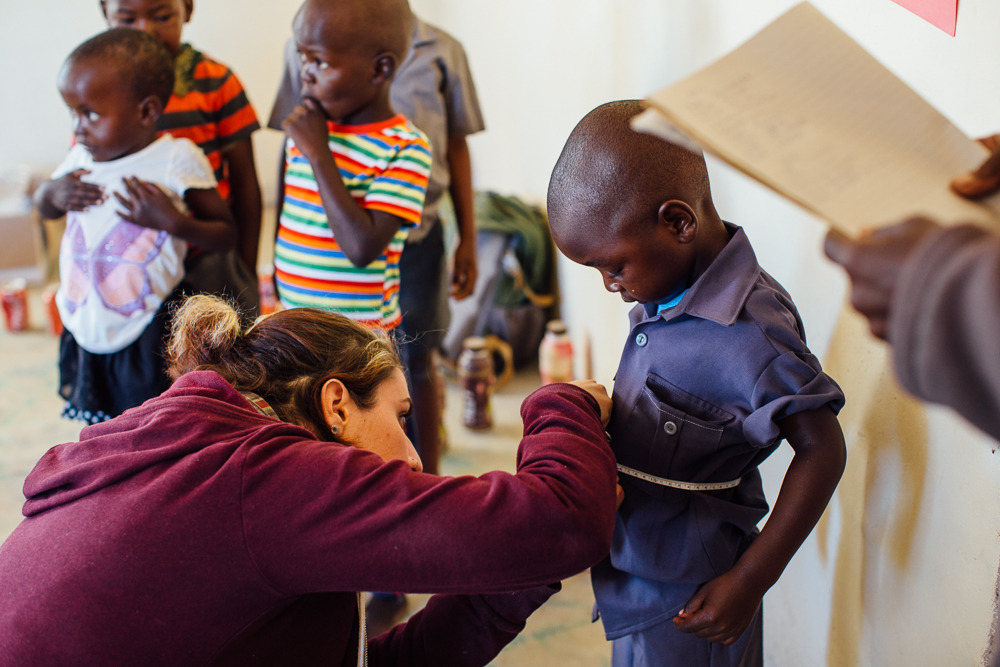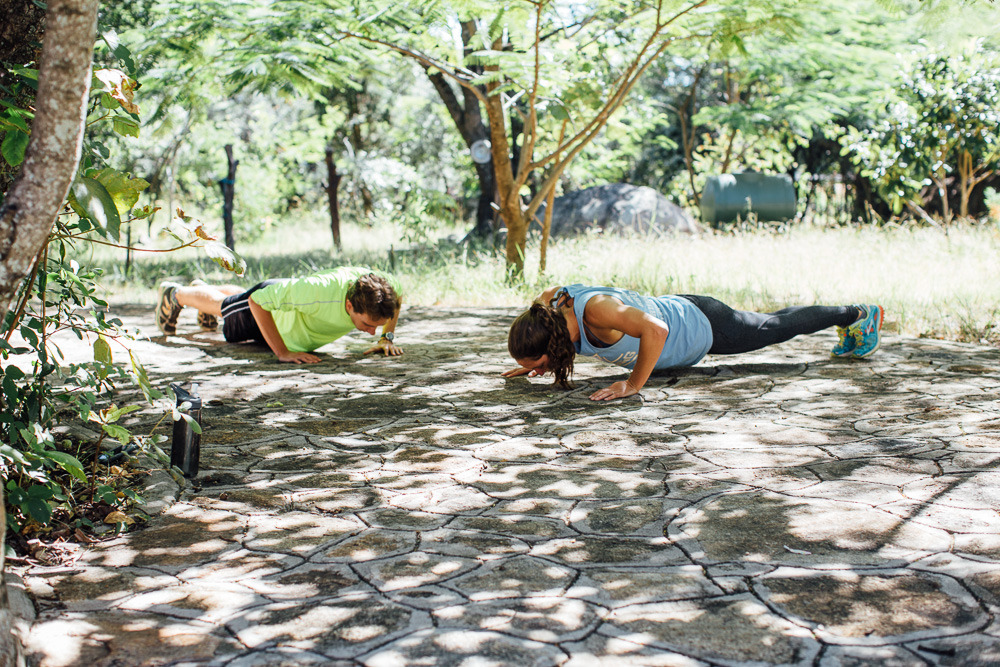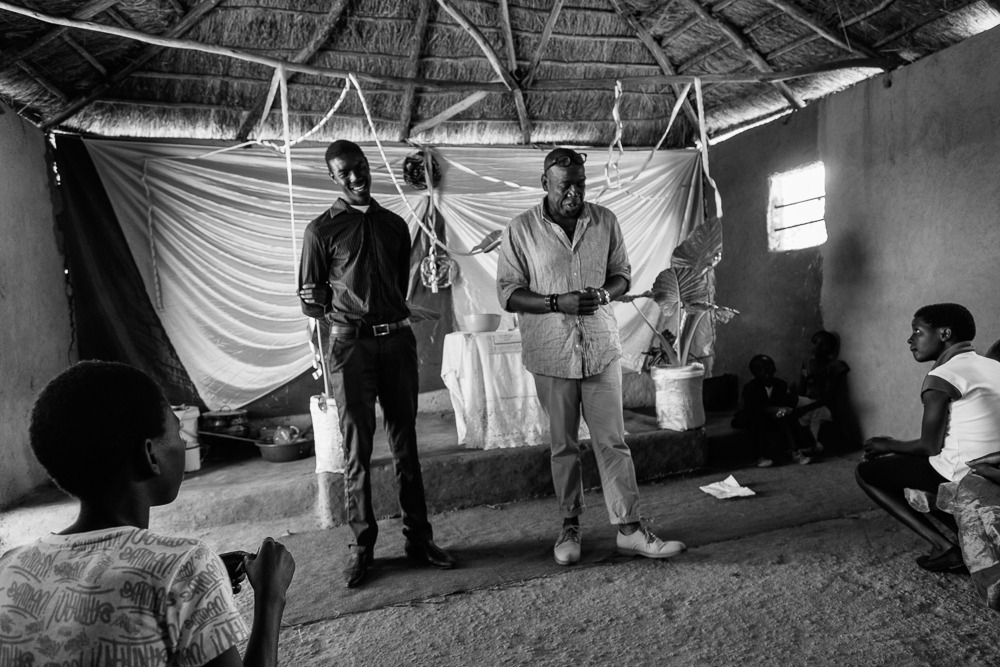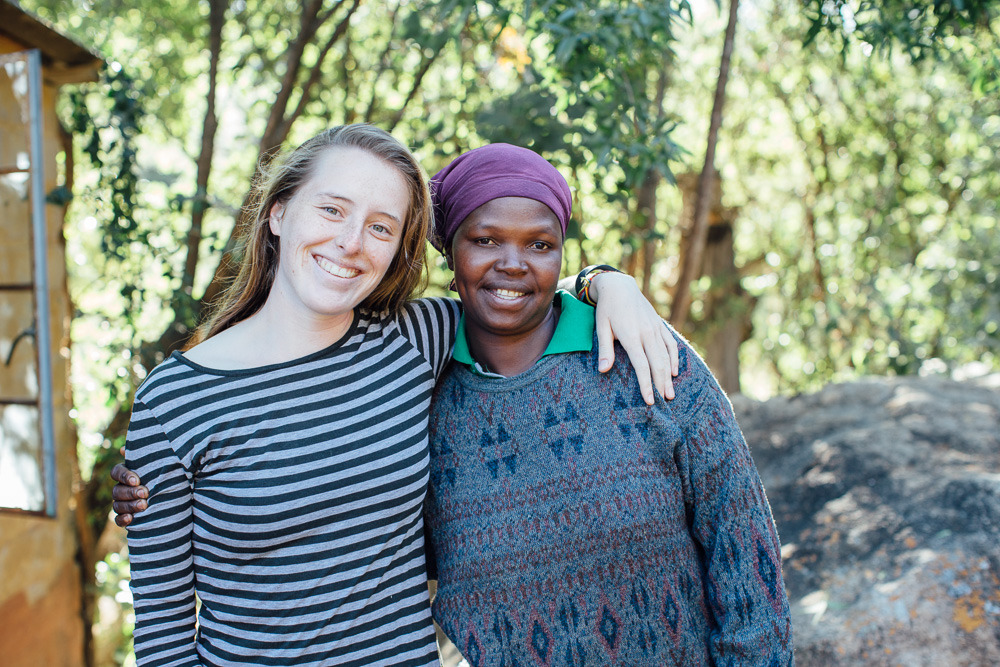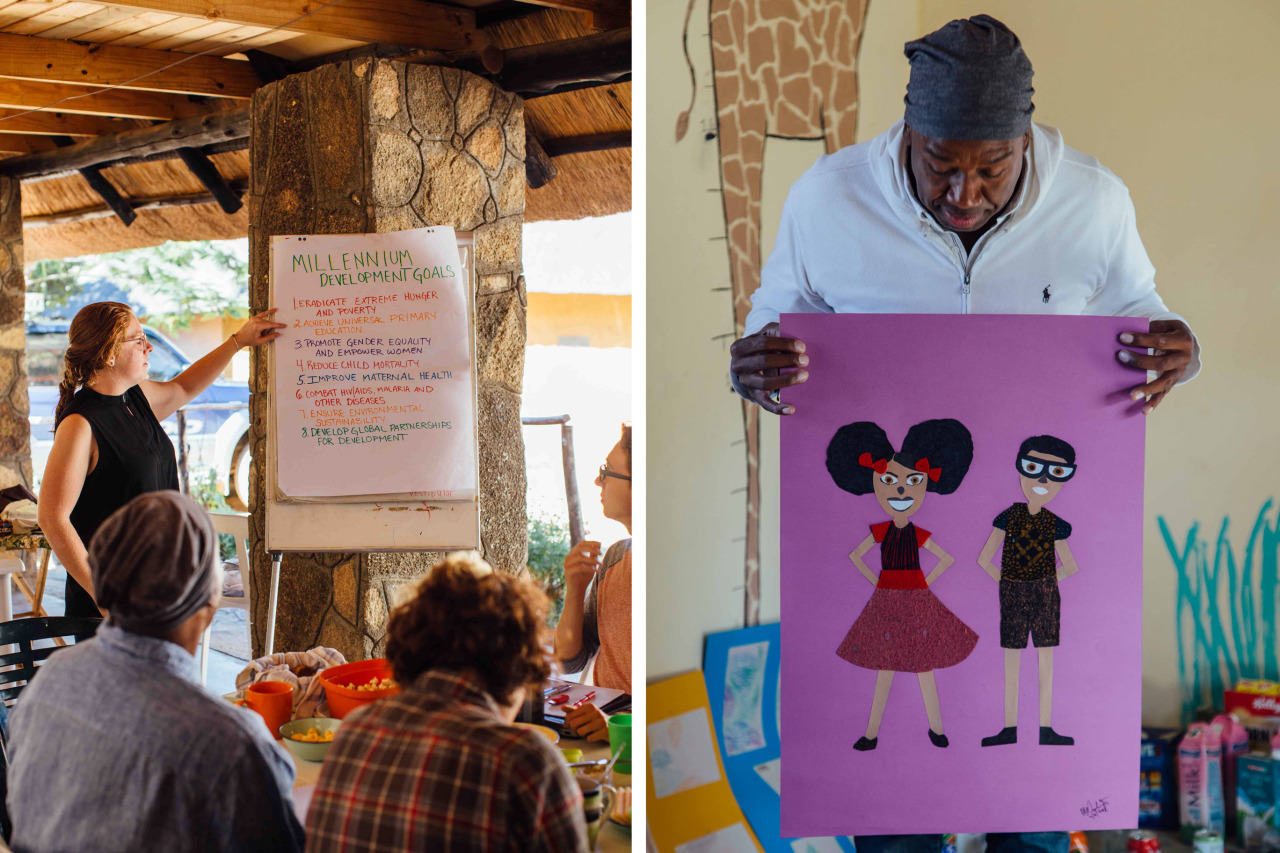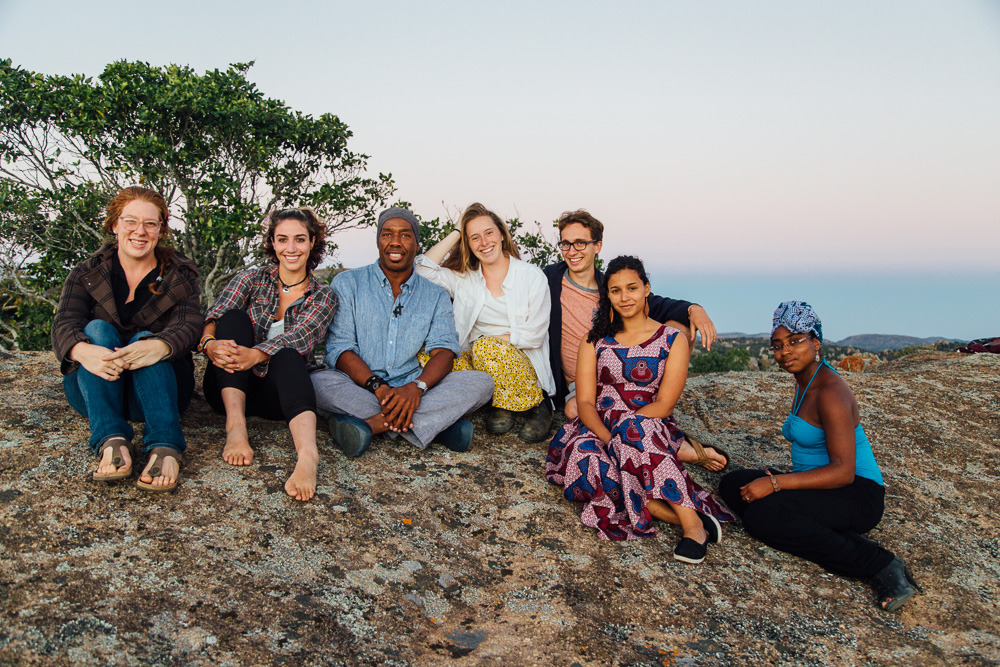Blog
Tales in a cup of Tea
In the sticky heat of the Harare International Airport Terminal I struggle to distract myself in any way possible from the discomfort at hand. I take note of the various groups of travelers around me, many of whom are returning to the normalcy of everyday life after Christmas holidays in Zimbabwe. A cluster of “20 something” university students talk excitedly beside me, reminiscing about various “benders” that took place during their time home, New Years trips to “Mozam” and Kariba; annual reunions of a generation born in Zim but with the fortunate opportunity of being educated elsewhere around the world.
As for us, there is a level of detachment that occurs when you can come and merely visit Zimbabwe. We catch up with friends and family, hearing tales of the trying everyday existence that constitutes working and dwelling in a country that has wavered in and out of complete economic demise for the past 2 decades. Our detachment allows us a perspective untainted by the trials of daily life. We have the freedom to revel in all the beauty, nature and leisure lifestyle that the country has to offer, but return home to the safety of our routines and our white picket fences when the potholes in the streets and daily power outages become too uncomfortable.
We spent our remaining days in Zim tucked away in a remote corner of the country - Honde Valley in the Eastern Highlands. Surrounded by hectares of verdant tea bushes and bustling production of dried tea, it would be possible to convince oneself that the economic strife of the country was a thing of the past. Like a well oiled machine, the tea workers at Wamba Factory process 125,000 kg (275578 lbs) of raw leaves into dried tea daily. The packages of dry tea leaves are then sent to the auction floor and brokered in UK, prior to ending up in a china cup at high tea. We were fortunate enough to be able to tour the factory and gain a much more detailed understanding of the effort that goes into producing a single cup of tea.
During our stay in Honde Valley we resided at Aberfoyle Lodge, a farmers club, turned war barracks, turned hotel which now contains about 20 well appointed rooms which look out over dense jungle and a sprawling 9 hole golf course. We learned from managers Clementine and Blaze that about 10% of guests are international and we relished the opportunity to ring in the new year amongst a crowd of genuine Zimbos.
There were too many hikes and activities to do in our three days there but we did our best to pack out schedule and make the most of our time. Each day we hiked to a different secluded waterfall and greatly appreciated our swim upon sweaty arrival. We continually remarked at the fact that we were alone everywhere we went, something we seldom experience in the States. In between meals, naps, and pool time at the lodge, Chris managed to run every surrounding hillside. As a family we engaged in games of Hearts and a friendly put-put golf competition. The food and drink provided left us wanting for nothing - Gin & Tonics being a fan favorite.
On the morning of day 4 we packed our things, ate breakfast, and emerged from our luxury hideaway into the real world. As we rounded the terraced hills of the tea fields exiting the Honde Valley I envisioned the distances these leaves would travel and the stories they would never have the opportunity to tell.
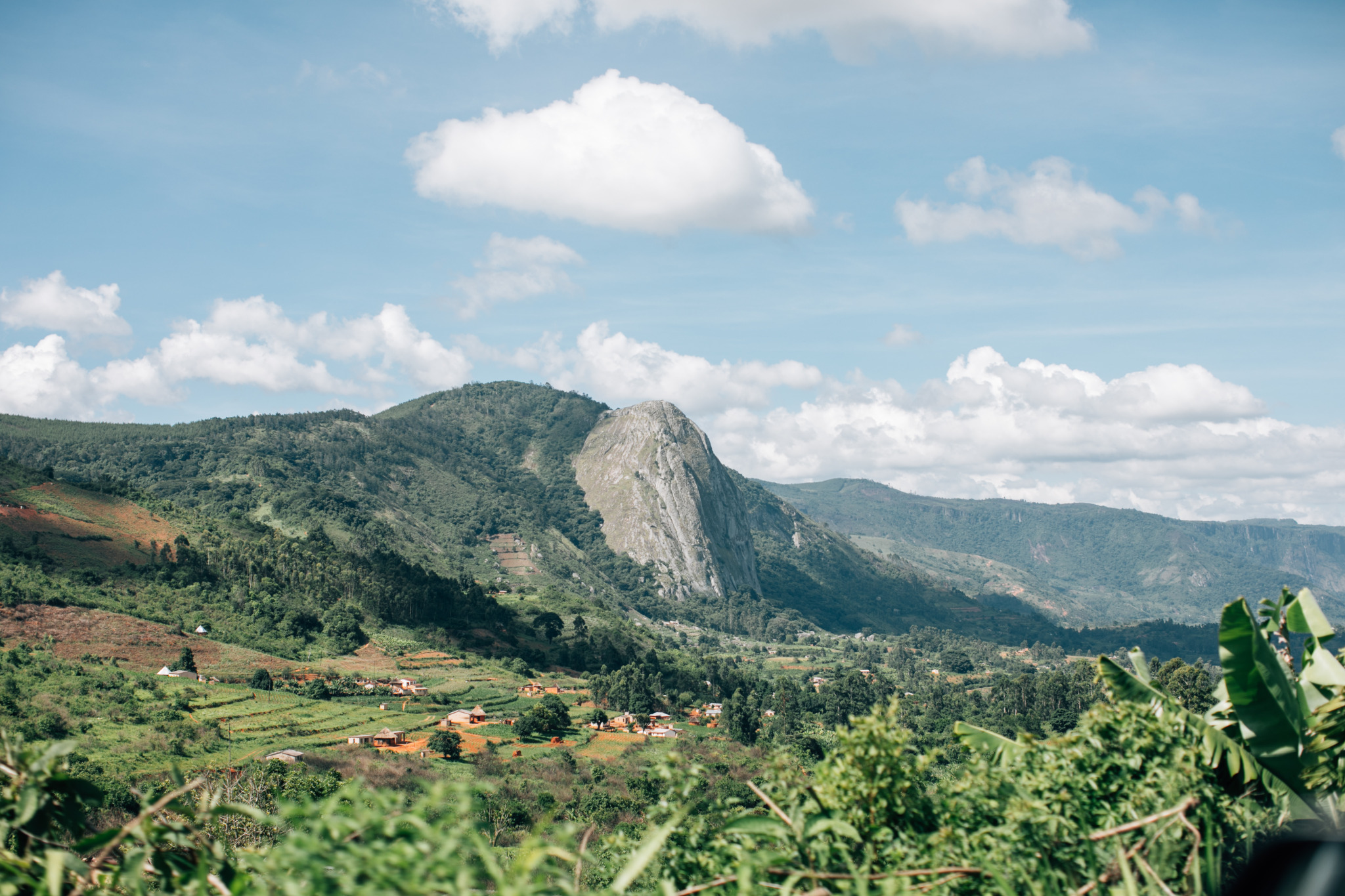
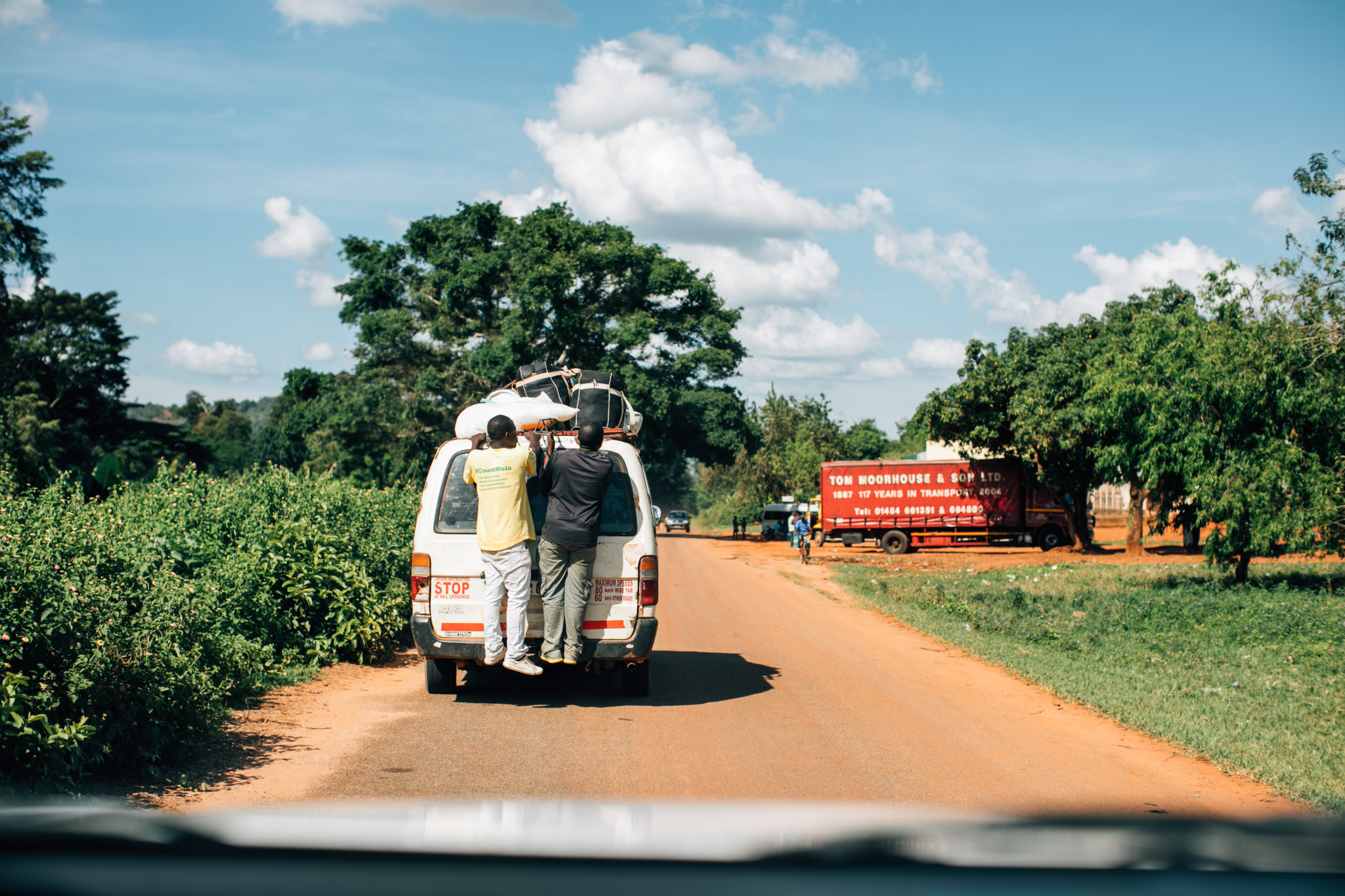

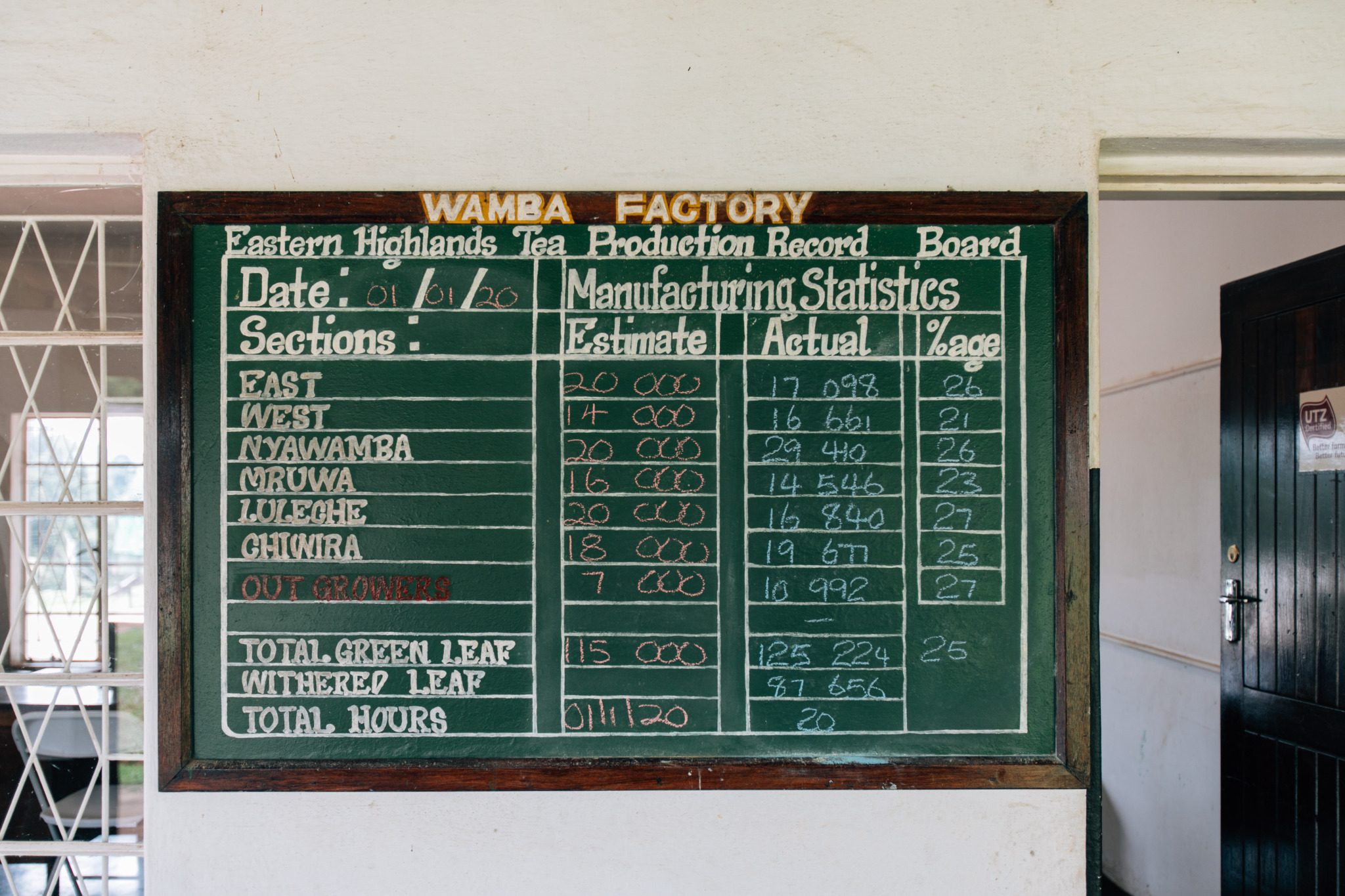
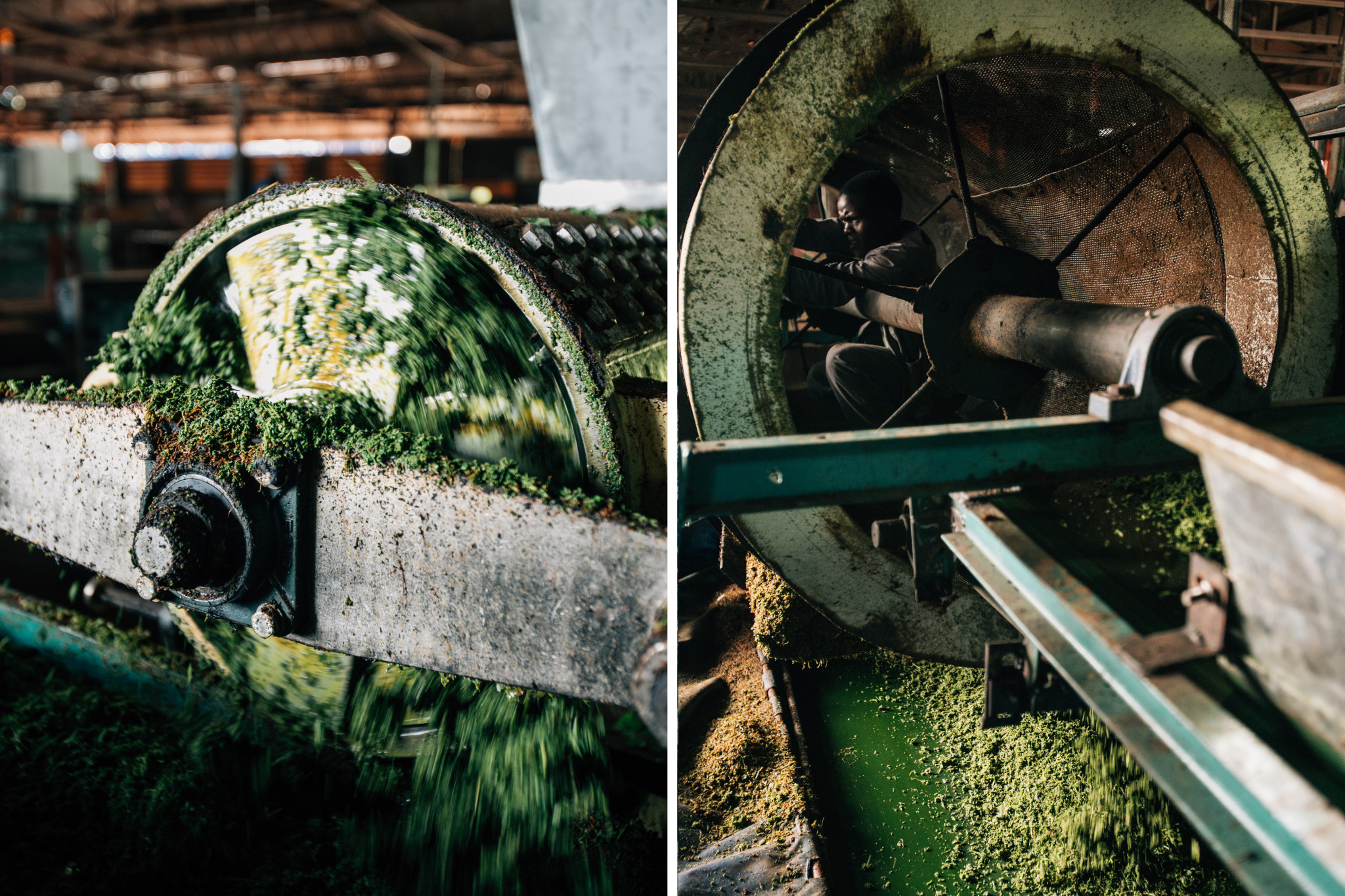
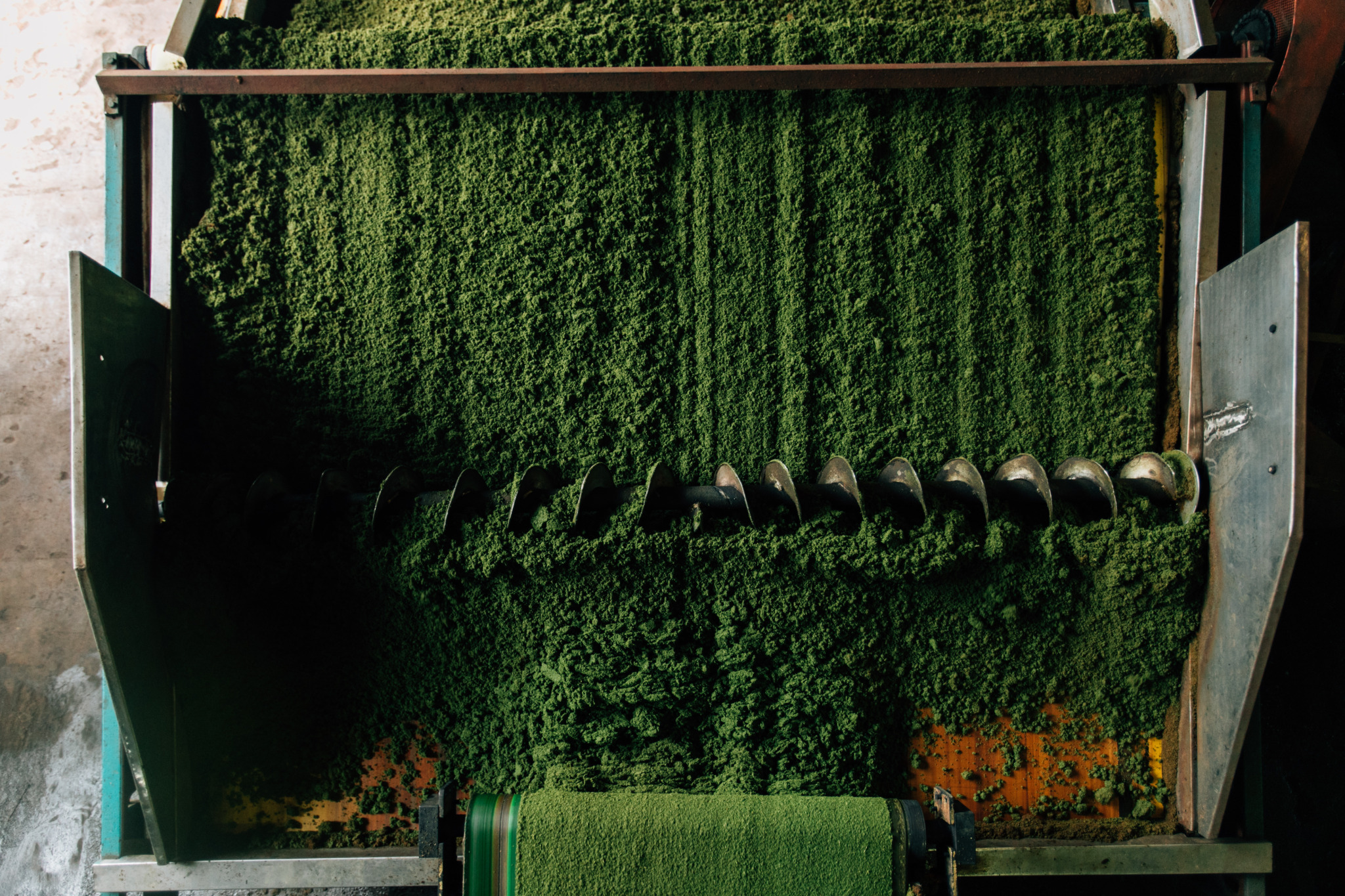
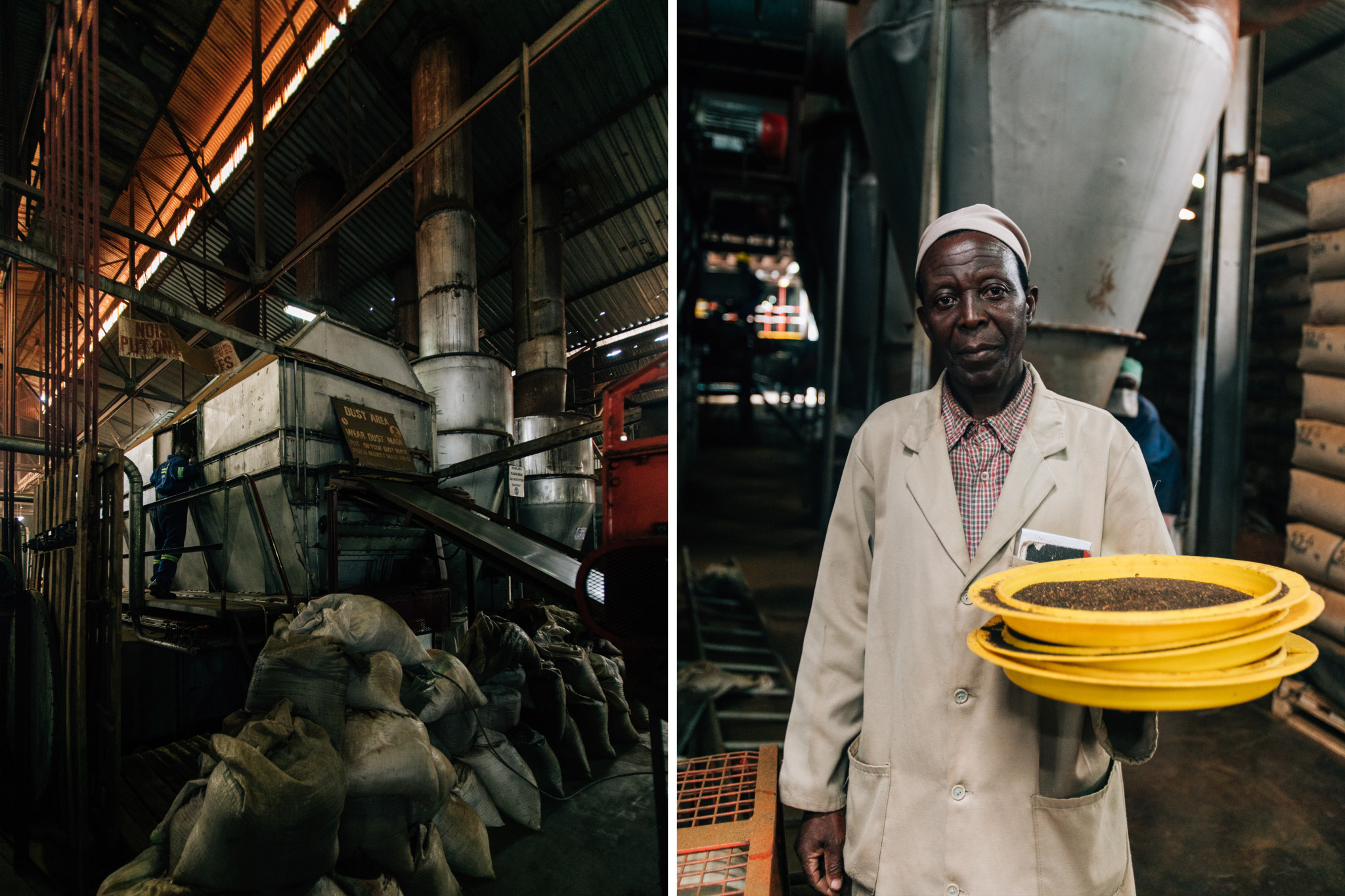
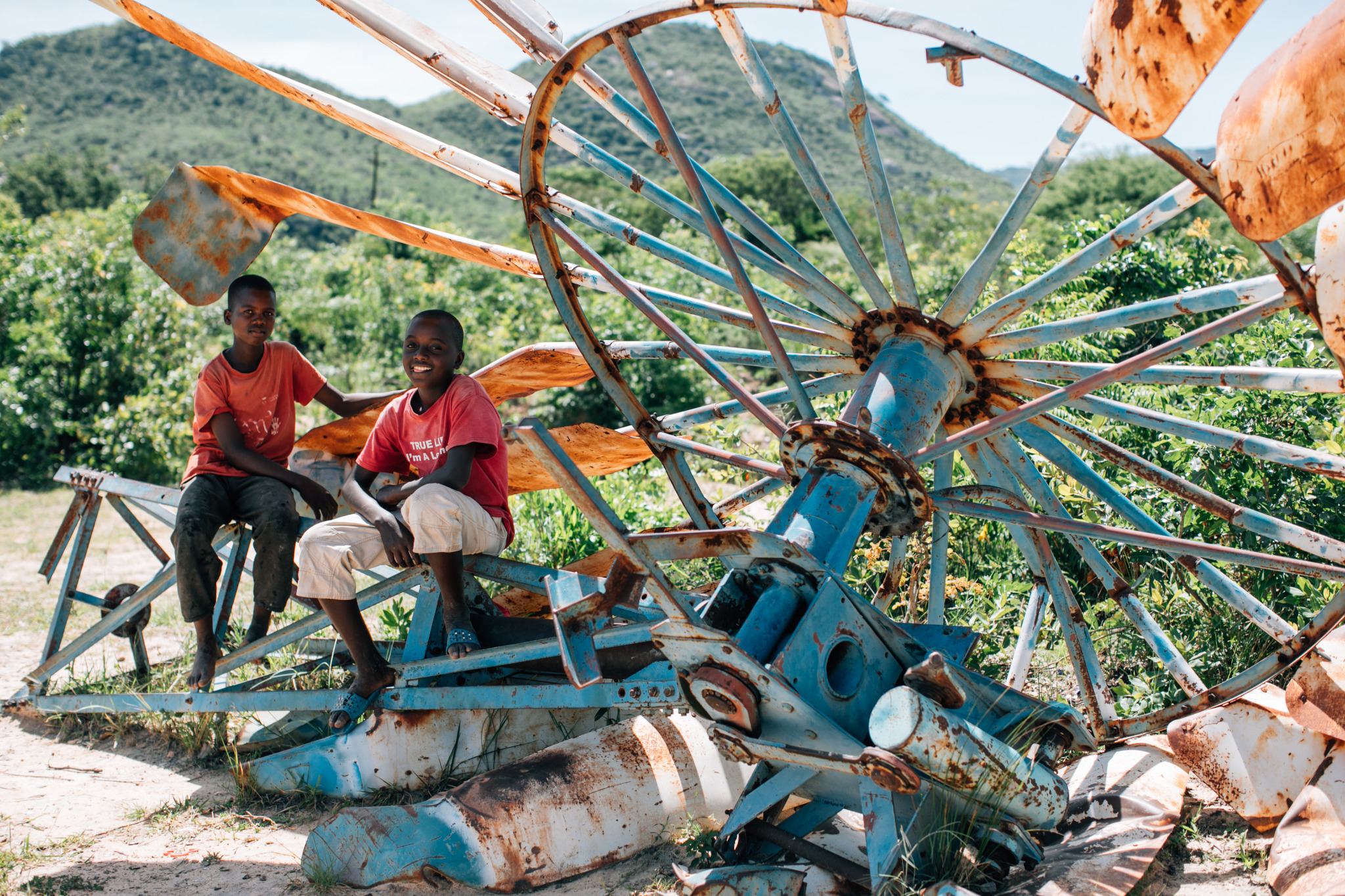
Where the Mountains Pierce the Clouds
As we pulled up to “Frog and Fern” the gate was locked, and the sky opened up with rain and a crack of thunder, as if to mark our arrival. Jane, one of the property owners ran down in her slicker to greet us and she directed us to an unmarked gate that we had passed along the road. A few minutes later, we found our way to beautiful cottage #3. The rustic accommodation is set into a hillside and stands three stories tall; it is made of mortar and stone, and the interior is clad with the remnants of two disassembled ”Rhodesian Railway” cars. It looks through the tree canopy to the valley below, and sound of birds and the buzz of bees evokes a sense of treehouse living.
About 9 months ago this region was hit with one of the worst cyclones Southern Africa has ever seen. Cyclone Idai laid waste to much of Mozambique and the Zimbabwean borderlands known as Chimanimani, or the Eastern Highlands.
On the road to Chimanimani, there is one way in and one way out. While driving here we passed by scar after scar in the mountainside, exposing a rich crimson earth contrasted by a vibrant green surround. Evidence of Idai and her horrors are a constant. The landslides brought with them streams of boulders as big as Volkswagens; they crumbled road ways, devastated the local villages and washed away nearly all the bridges for 80 kilometers, making this area almost impossible to reach for over 6 months. As we drive around, tents labeled UN or UNICEF litter the hillsides, standing in place of the homes that were carried away in the debris flow. The death toll in this area reached 300, I’m amazed it wasn’t more.
We have now been here for three days, the skies have cleared and the sun is shining. In our short time here we have explored one of the national parks and done some of the typical outdoor activities that originally attracted visitors to this area. But instead of fighting lines of people queuing for attractions, the four of us have been on our own to wander and explore the natural beauty this area has to offer. Most of the countryside here in Zimbabwe is flat savannah land, prime for farming and raising livestock, but here in the Eastern Highlands the land is wet and green. The mountains in the distance remind me of parts of the Sierra Nevada back home, tall granite triangles reaching high into the heavens, seemingly impassible.
It’s been a great few days away from WiFi. Even in Africa it seems, the pressures from the digital world and the need for disconnection are ever present. We’ve sat together and talked over coffee instead of cell phones, we’ve hiked through the hills and swam under waterfalls. We’ve “cheersed” the sunset with our traditional “G & T’s” and cooked “fil-lets” over open flame. We’ve read books and written words and we are refreshed.
Driving away I’m struck by the resilience of the local people of Zimbabwe. They’ve endured an incredible history and as we approach the beginning of a new decade I am left with a sense of unease about this place. We are all left wondering what will the future will hold, but as always we will “make a plan” and carry on.

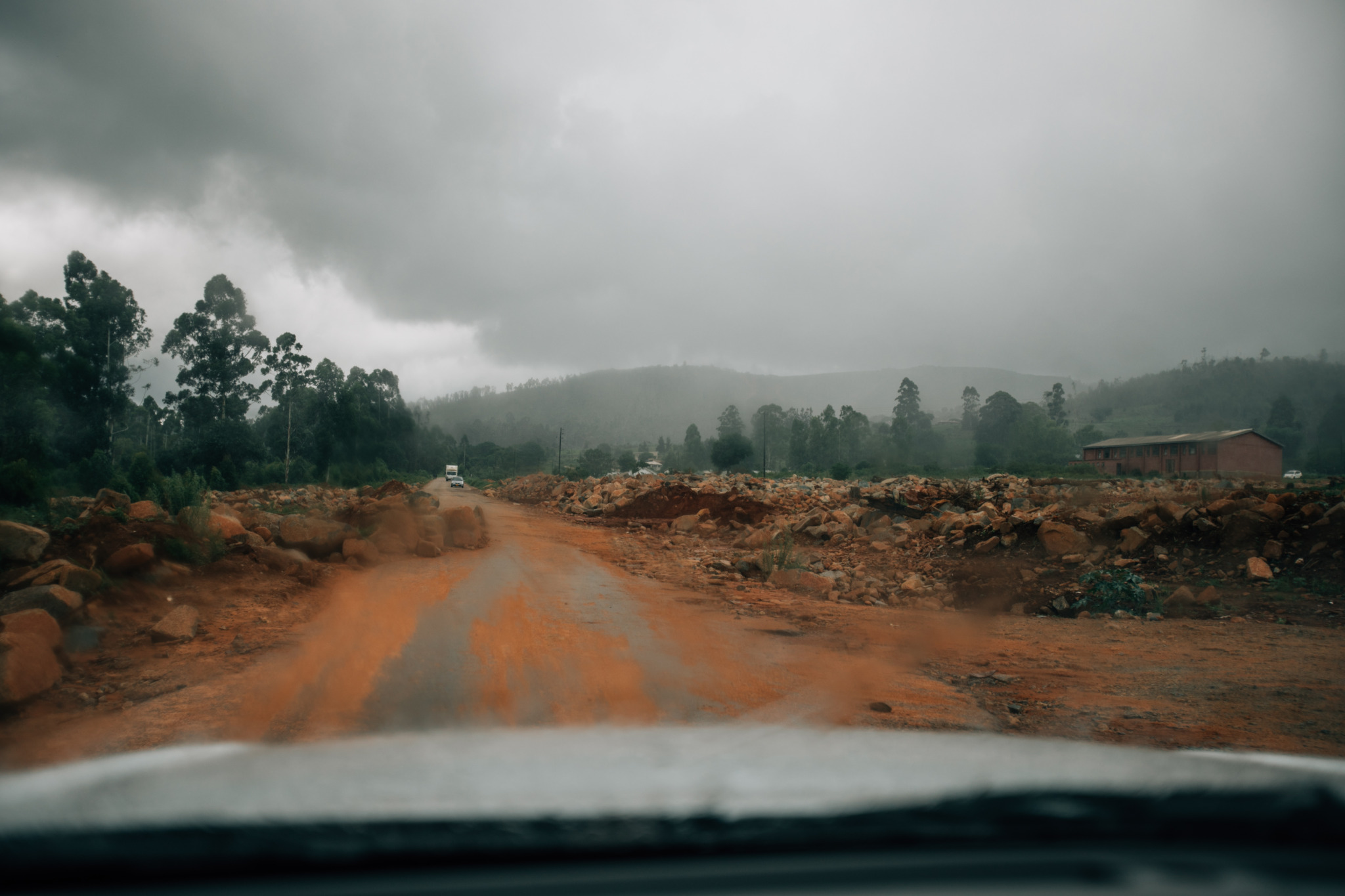








You Must Head to Cargo
“You must head to cargo” the information desk clerk told me, so Chris Ferguson and I drove down the road a ways to the old airport terminal, which is nothing more than a few hangers and an old air strip. I asked for the name I had been given, and was led down a hallway into an office with two aloof officials (a man and a woman). I said hello and received no reply. I produced my paperwork and the woman told me to take a seat. After pouring over the receipt and my newly acquired license, she says to me, “the government was very interested in your drone.” Of course they were, I thought, it shoots 4K baby!
After about twenty minutes they tell me that they do not currently have the keys for the cargo hold where my drone is located and I must return to the airport terminal to speak with officials from “The Office of the President.” I return and of course no one knows what I’m talking about. The poor man at the information desk was simply trying to help, and this American was asking questions way above his pay grade. How was he supposed to know the mobile number for CIO agents high up in the government? He told me to wait, so I did. About twenty minutes pass in an uncomfortable plastic chair, and two young men arrive in plain clothes. Mr. Information Desk points me in their direction. I’m a bit confused because these gents look to be younger than me and much less serious than I had expected. I knew something was different when they opened their mouths and both spoke the King’s English. I’ve misplaced their names at this point, but they were both very pleasant and seemingly relatable. They asked me a few questions about where I was intending to fly my the drone, and when I told them I simply brought the drone as a way to document our family holiday, they commiserated with my situation and we shared a laugh about the unorganized nature of Zimbabwe. Another 15 minutes pass and the keys have magically been found but there is now a flight inbound and all the officials from “Cargo” are coming to the main terminal in order to assist in the disembarking effort. A nice lady informs me it would most likely be another hour or so and I would have to come back. At this point all I could do was sit and wait, wait for what I wasn’t really sure, but if I’ve learned anything about Zimbabwe after all this time, it’s that getting frustrated about “your situation” is folly; the entire country is frustrated, get in line.
Eventually the two aloof cargo officials came strolling in, and after a few minutes the man (whom at this point, I had yet to hear utter a syllable) caught my eye, but sticking to his script he said nothing. I thought it best to just keep my distance and wait. Eventually the man from cargo and the two young CIO officials looked to be chatting, and one of them motioned at me. Upon his beckoning I got up with sweaty palms and walked in their direction. During the next 10 minutes, I stand on the outside of these three men chatting, trying to translate the combination of Shona and English they were speaking. Feeling a bit like the unpopular kid at recess, I figure out that the man from cargo is in fact the boss and he seems to be discussing my fate with the two young government men.
I began thinking about sitting down again when the boss finally addressed me; he was sweating from the heat of the day and said, “how do you intend to pay your rent?”(After confiscating items from travelers, the Customs Department charges a daily fee of 16 Bond in order to hold ones items safely until he or she can collect. My rent was about 100 Bond for five nights, about 10 US Dollars)
“In cash” I said, “in Bond notes.”
“Do you have it?” He replied.
“Yes! Of course.” I said, trying not to get my hopes up.
“Meet me back at cargo in ten minutes.” He said.
So off we went, back to the old air strip. Chris Ferguson, as he does so naturally, found ways to keep things light and funny, instead of frustrating. It’s a trait of most Africans I’ve met that I truly admire. It’s the “don’t sweat the small stuff” mentality that keeps Zimbabweans going, keeps them hopeful for the future. It was a lesson that I was learning in real time. The boss emerged from the shadow of the hanger doors and led me back into the office. Everything looked the same, except for my drone sitting in plain view on his desk. He asked me to sit, so I did. Again, we went over my paperwork, I signed a few things and then the deal was done. I gave him my Bond notes and he passed me my drone. It was everything I could do not to run out of the office once I had it in my hands, but I thanked him for his time and gathered my receipt. “Did you get it Christo?!” Chris Ferguson asked me as I briskly walked back to the car. I lifted up the case and gave him a thumbs up…
As we drove away from the airport, again we laughed and shook our heads over this place we love so much.
Though the saga described above prevented us from aerial documentation of our week at Morning Star, we made up for lost time during the remaining two weeks of our stay in Zimbabwe. The video footage included below represents some highlights from our visit to the Eastern Highlands; Chimanimani and Honde Valley. Enjoy!
Welcome Back
After 36 hours of long travel later, we had been in four different countries and finally disembarked the fourth plane of our journey. We searched for our sunglasses as we stepped down the air stair onto a small runway in Zimbabwe’s second city of Bulawayo. It took a while to get our bags but eventually they all came around, and the six of us (Curt, Christine, Paul, Shani, Kate and I) piled most of our bags on two different trollies and headed for the door. We were all exhausted, not sure what time it was, and in desperate need of showers.
The last stop was customs. As we moved through the queue, a woman waving people along pointed at me and asked me to pass to the left. I had nothing to be worried about, so in attempts to greet Africa with open arms, I went willingly. “Do you have anything new in here?” She asked “Did you fill out a duty (taxes) form?” In Zimbabwe, the customs department is faced with the problem of different groups of people (ranging from well-meaning charities to smugglers) bringing brand new items into the country without the government receiving their share in taxes. No ma’am, everything in my bag is personal” I told her, and she began to question me about the items in my bag. “Those are my clothes, those are my charging chords, I have some books in there…” “Whats that?” She asked, “oh that’s just my drone”, I said. I knew right as the words left my mouth that I had made a mistake. Her eyes narrowed and she asked me, “Do you have your drone license?” My heart fell, because I knew right then that she was going to confiscate my drone, so to make a longer story a bit shorter, that’s exactly what she did. My pleading made no difference and she pushed me out the door with two phone numbers in my pocket and hole in my gut. I was red in the face. I knew that these were the kinds of things that happened in Africa, but after so much travel, it was the last thing I wanted to deal with.
As we made the trip out to the farm, we are all exhausted, and still in need showers. The 55 minute drive down old Gwanda Road was just bumpy enough not to allow a wink of sleep, but eventually we arrived. I climbed out of the truck and opened a pair of gates I had opened a hundred times before, we had arrived at Morning Star.
The first thing I remember is waking up in the dark and feeling hot. We had been battling mosquitoes through the night, so neither Kate or I were feeling particularly rested. The second thing I remember is the sound of the night turning into early morning. Imagine lying in the dark, it’s 5:45 and all is quiet, then out of the night hoots a mourning dove, like a conductor raising his or her baton and signaling nature to attention. Within seconds, parts of the symphony respond, and within minutes every creature is chiming in. It’s a combination of birds, monkeys, bees and the like, singing whatever song they have to sing. Never in any other place can I remember hearing the earth come alive so distinctly.
For the next three days the four young-ins (Kate, Shani, Paul and I) took to the hills; almost every morning and afternoon lugged our rock climbing gear out into the granite dwallas (whale’s backs) that make this region so famous. As an activity rock climbing has always been fun, but getting to do it with your family in such a special place made the first part of our trip particularly memorable. It was amazing to be back on the farm amongst so many friends and our dear hosts Chris and Norma whom we hadn’t seen in 4 years. But as if no time had passed at all, we settled in and enjoyed each other’s company over coffee or tea, beer or wine, or around a table sharing meals that fed my soul as well as my body.
We had a lot to celebrate. Not only was this our first return to the place we called home for 6 months in 2016, but also Shani and Paul’s 3rd anniversary and Paul’s 29th birthday. Due to the extreme summer temperatures we swam in the dam no less than once a day, took walks early and late, and did our fair share of reading, resting and adapting to a new time zone.
Amongst all the climbing, eating and exploring we were doing, I was also pinging satellites from the bush in order to obtain my temporary drone license. I had to reach someone in the capital city named Inspector Shepherd, of the Air Worthiness Department. The fact that I actually reached Mr. Shepherd and he was responsive the week before Christmas, was in itself a holiday miracle, but also having to establish a connection from the rural areas made the situation that much harder. Eventually via email and WhatsApp we made it happen, I sent him all my details and he sent me back a license. Hallelujah, I thought. In a few days we were going to take Paul back to the airport to catch his flight home, and I would just collect my drone, at that point. How hard could it be…
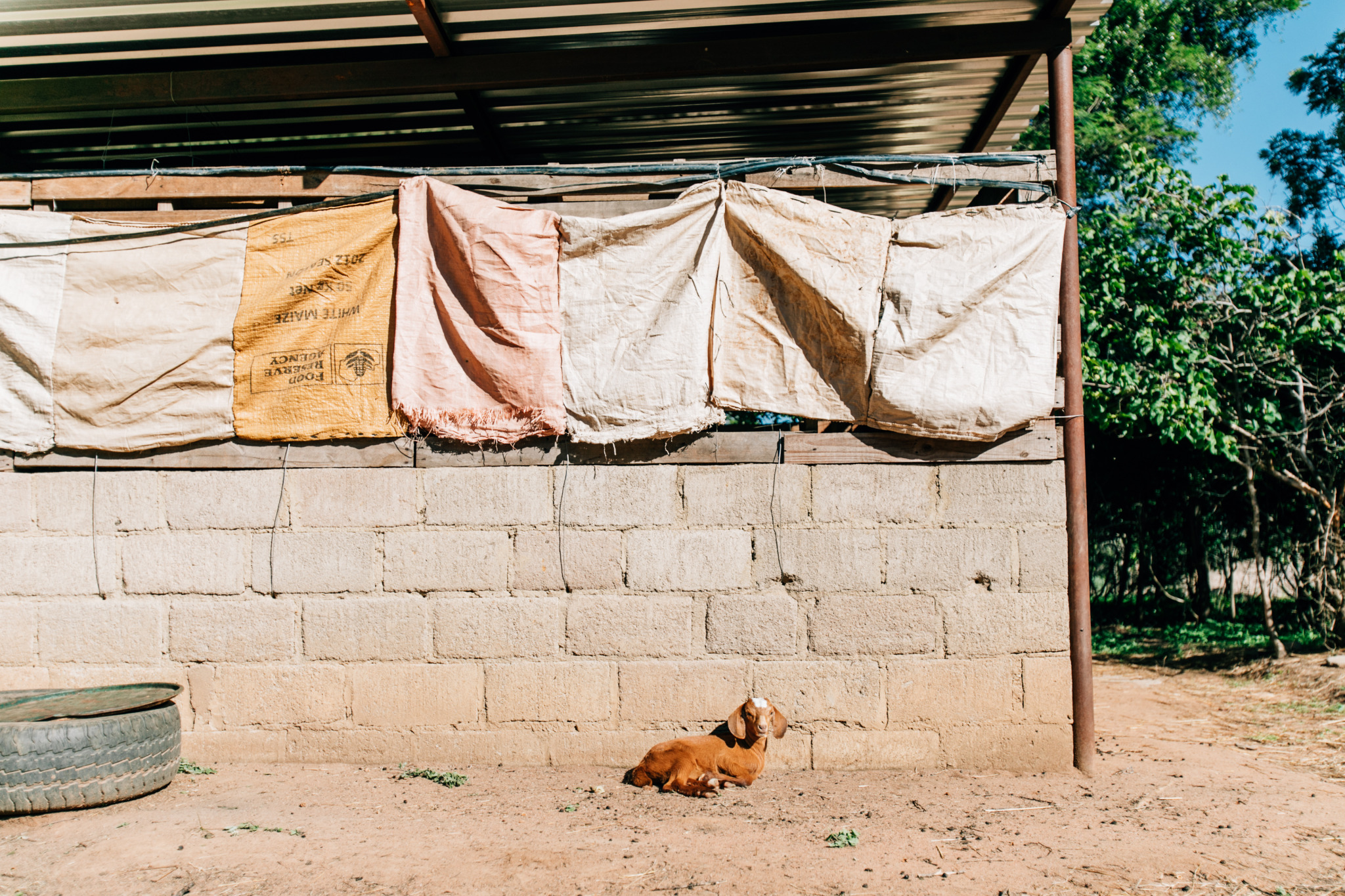
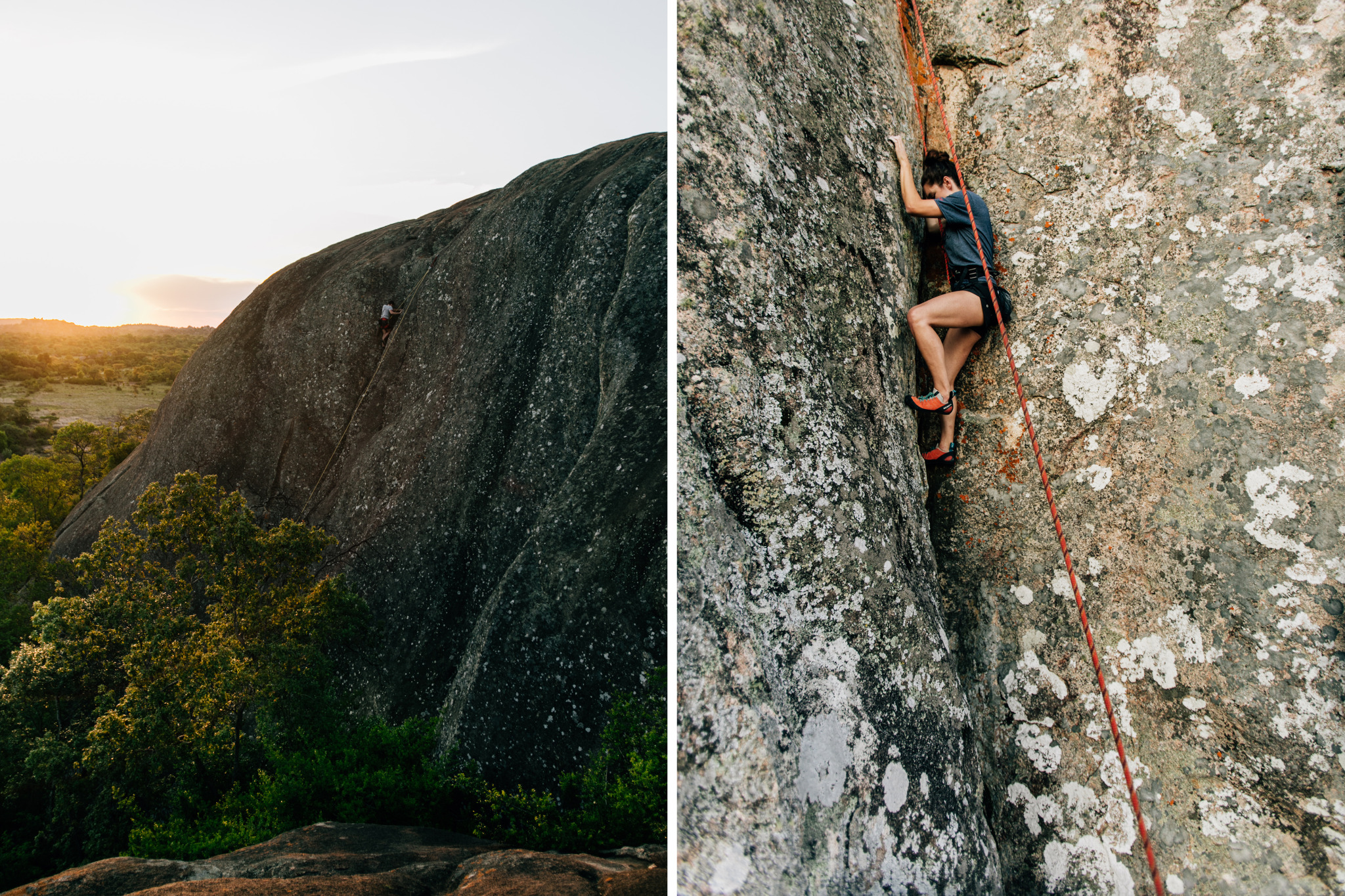
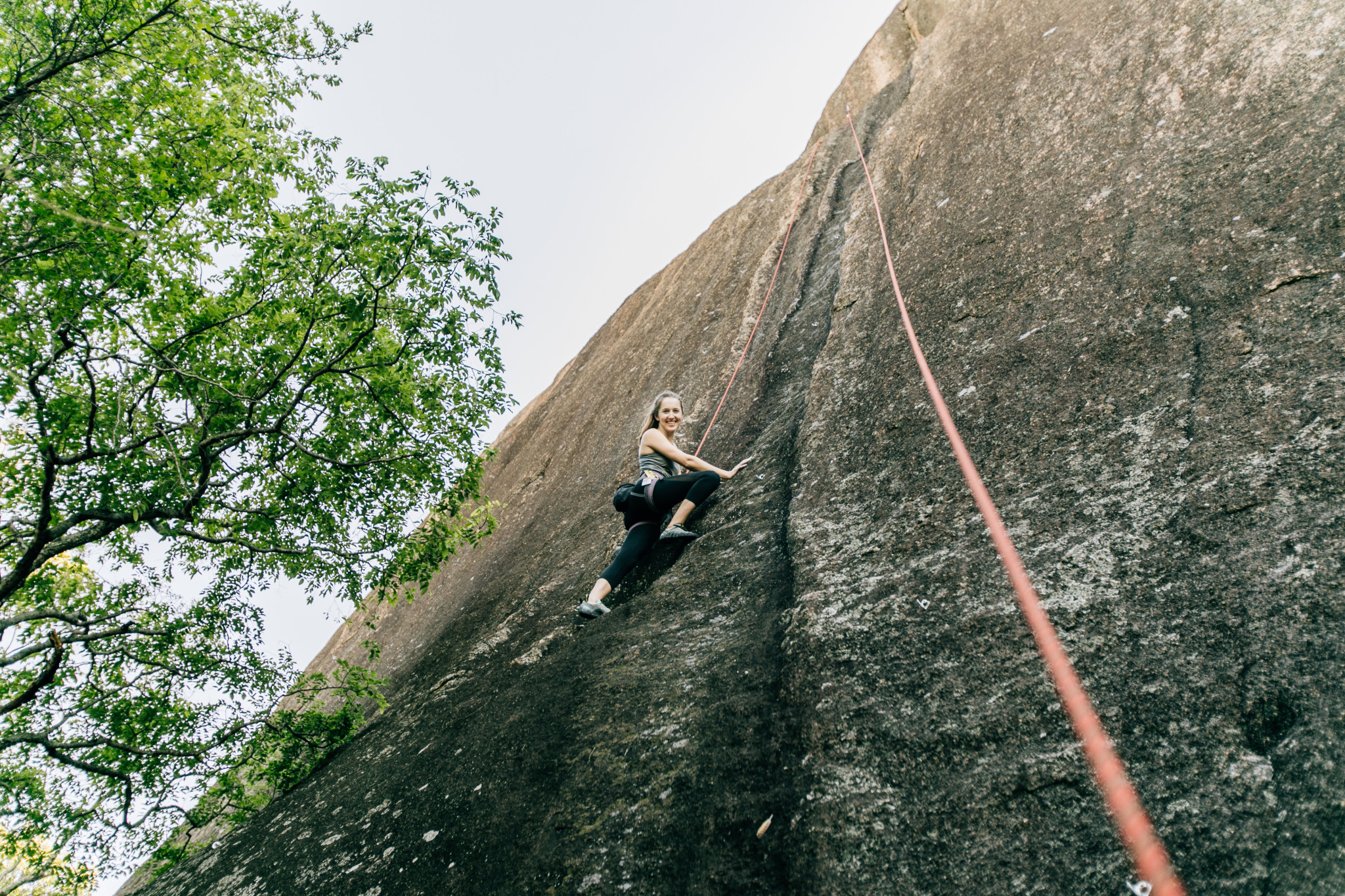
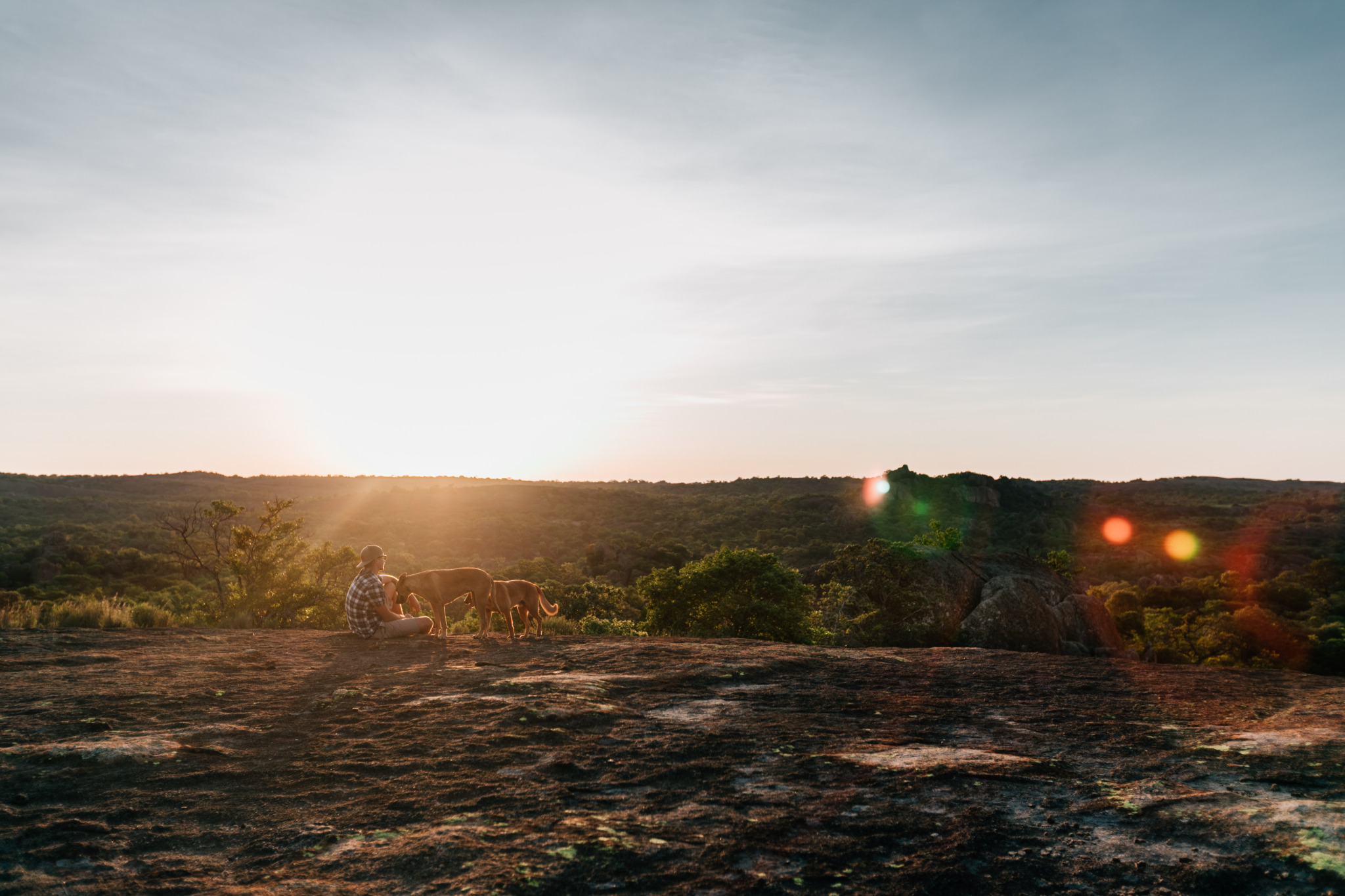
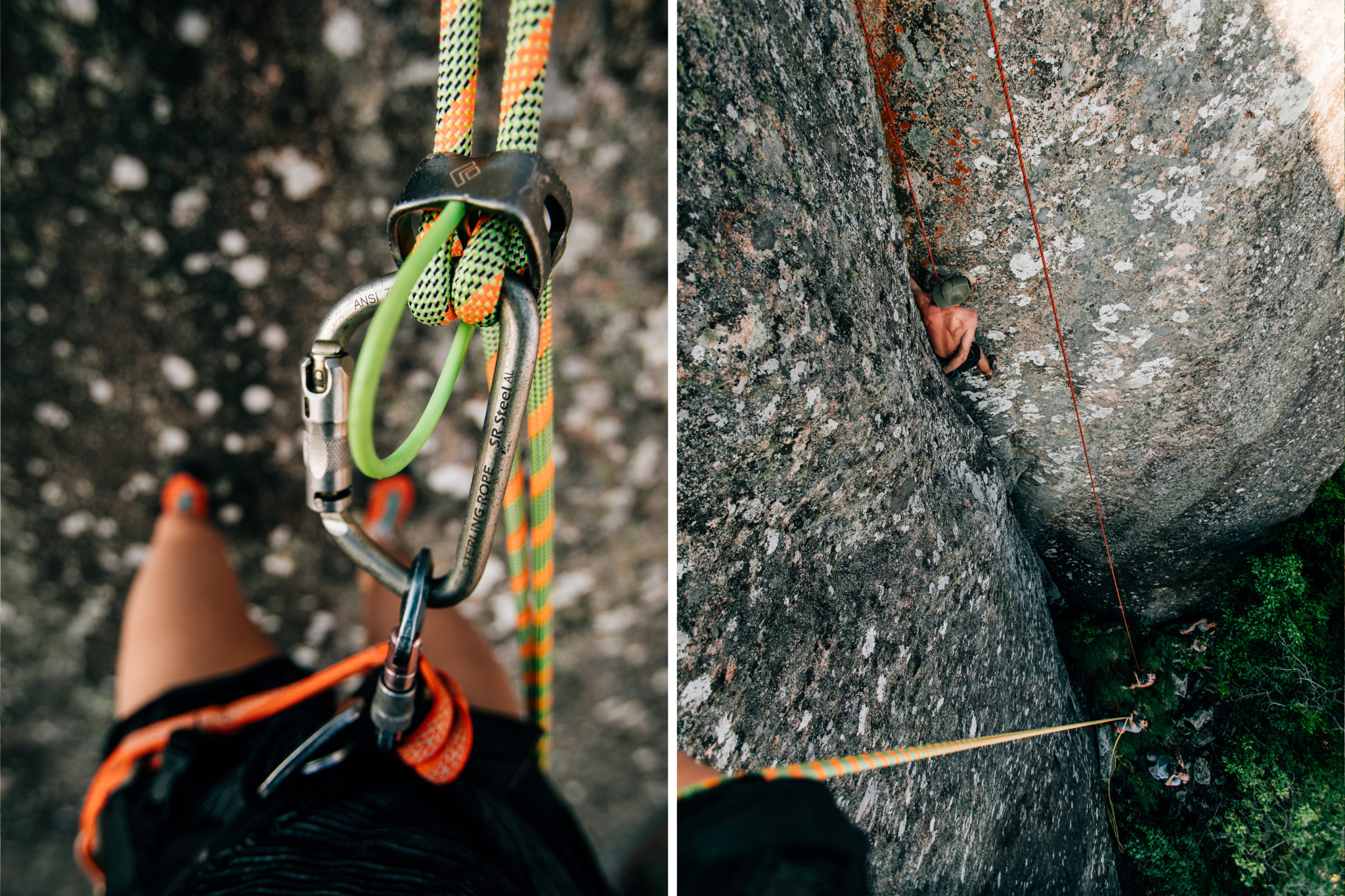
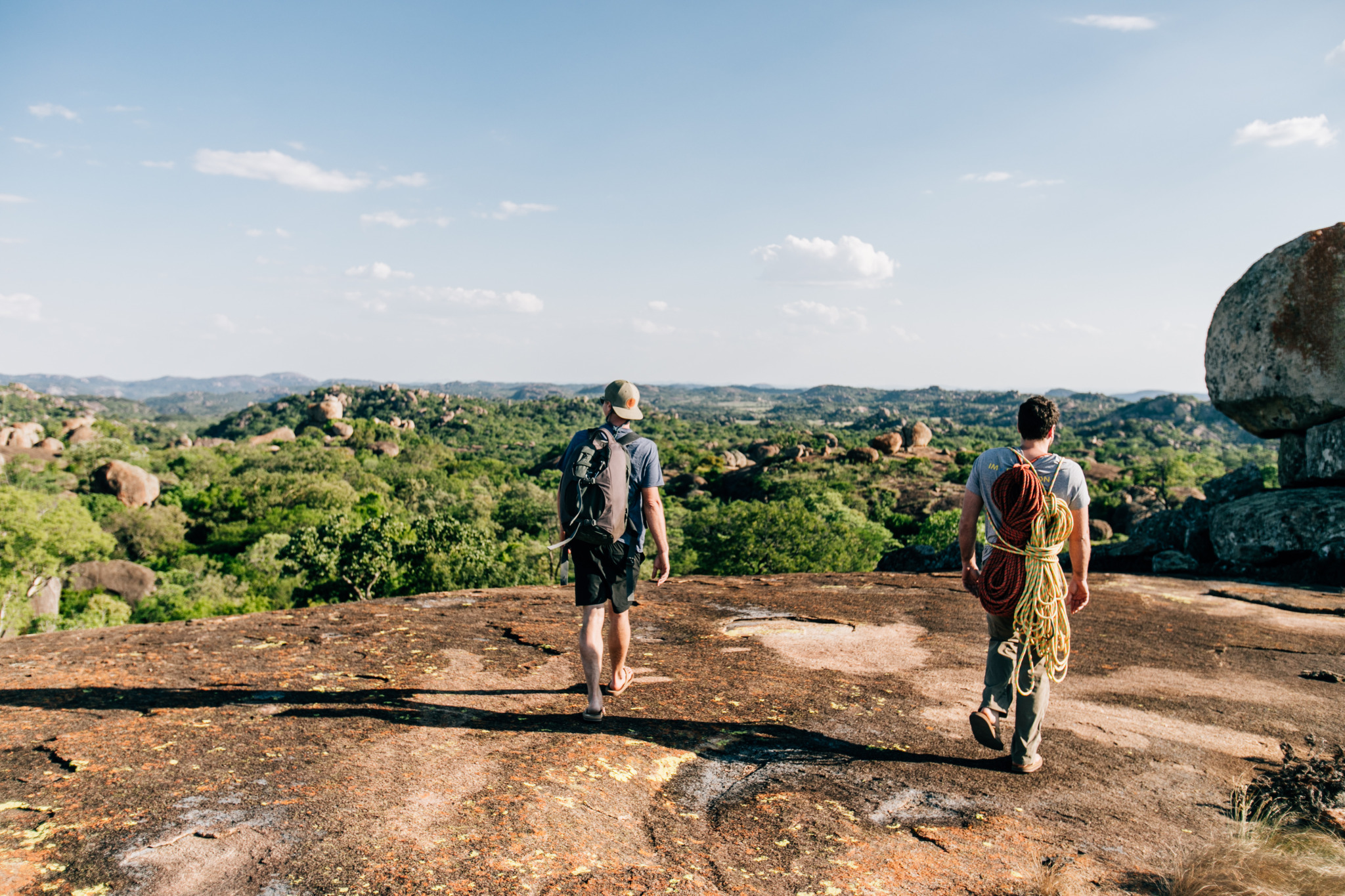
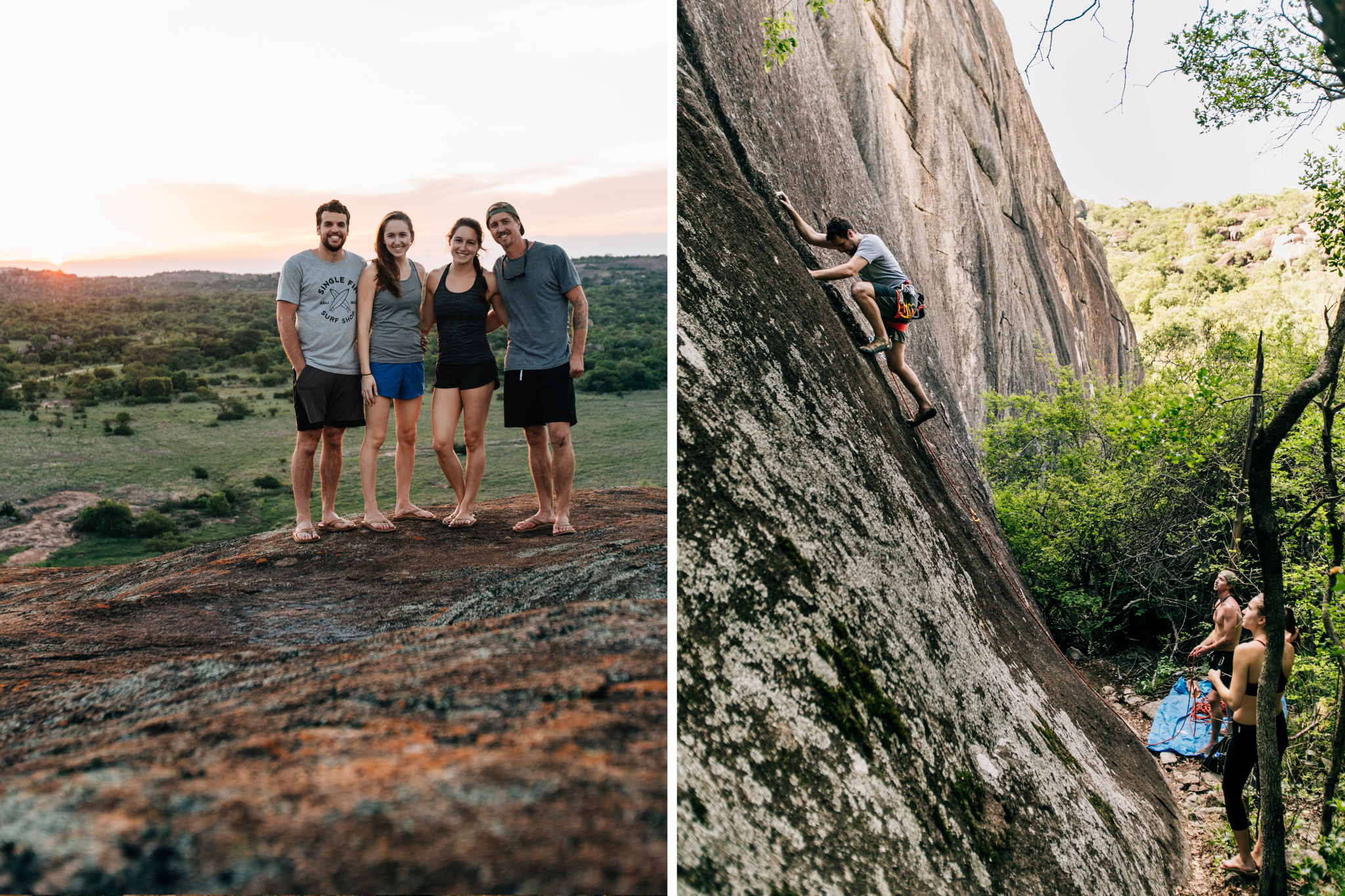

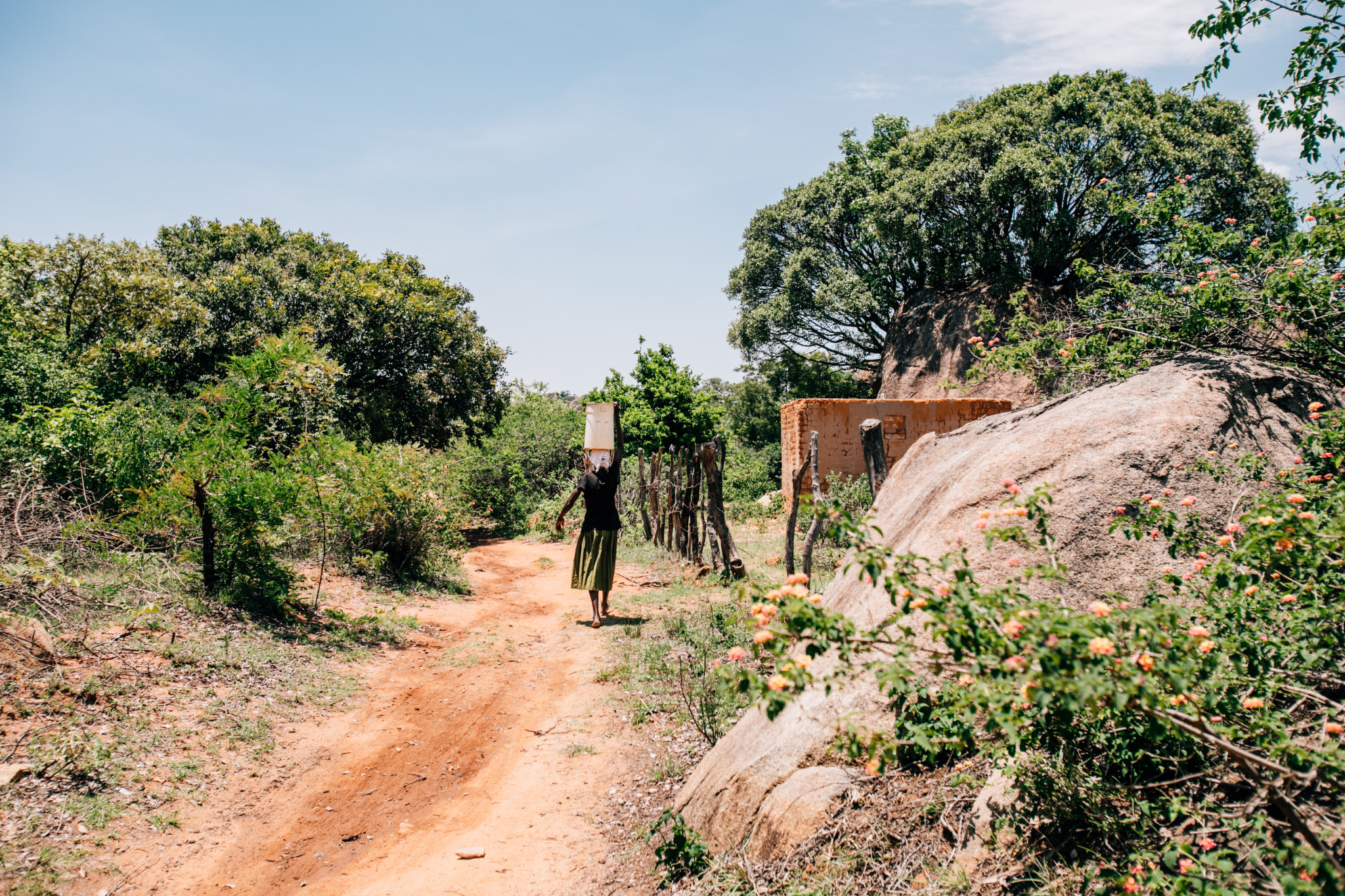
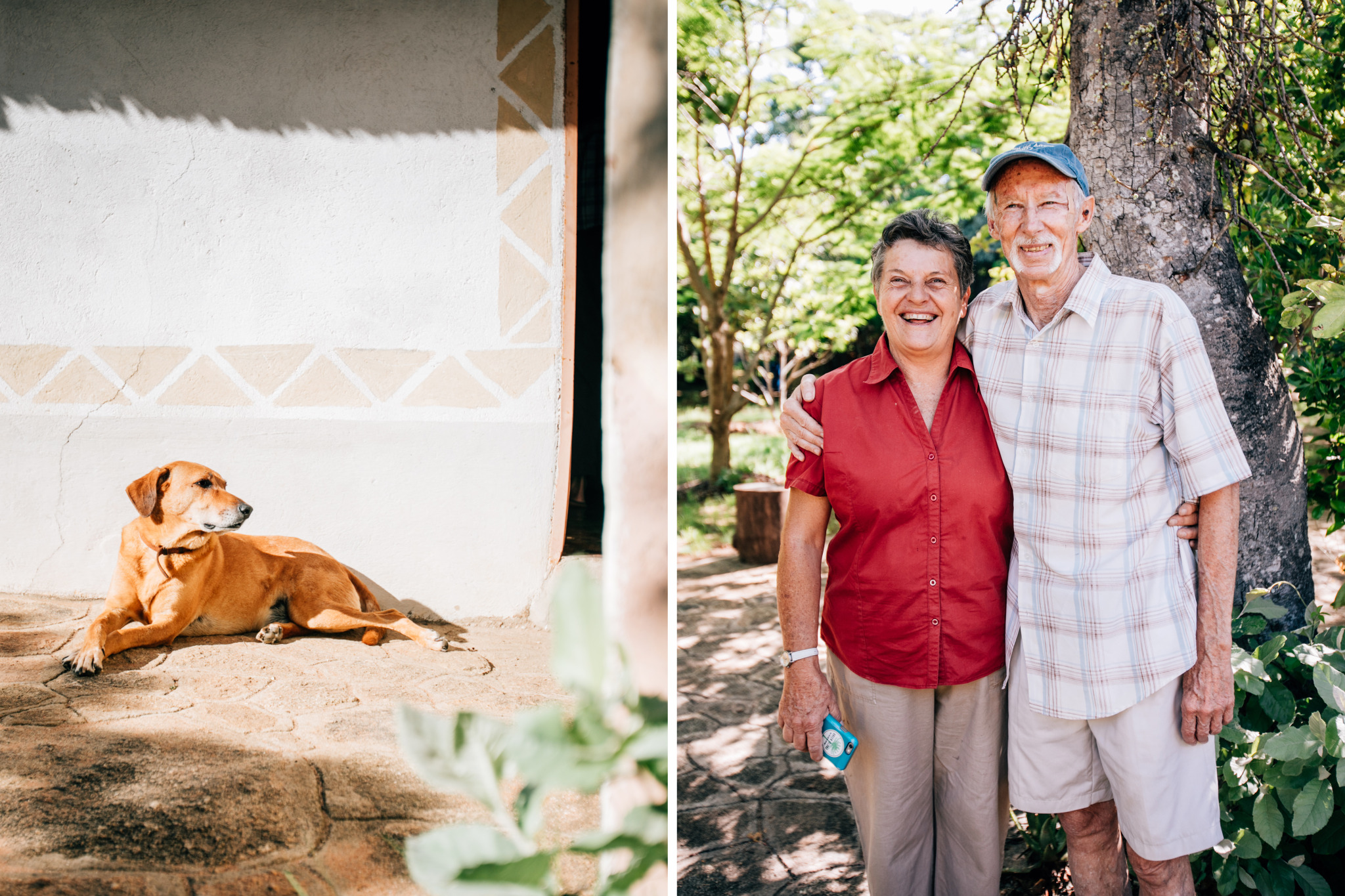
It’s amazing how quickly weather can change on the coast. In just two hours time, the looming fog we had seen covering the valley floor was pushed by a cold wind and fully entombed the formerly sunny slopes. The plan of a 360 degree view from the proposal platform had been thwarted, and Kate and I were at a loss.
The beautiful thing about being a photographer is that every time you think you have a plan, something goes wrong. Uncle Murphy may be the most dependable member of my family.
Kate and I sprung into action and completely changed the scene that the soon to be proposer was expecting. I threw some sticks and dry grass into a rustic rock fire place, and to my surprise, it lit the first time. Kate hand drew a sign that said “this way” and I moved the drinks onto the bar surrounding the fire pit. Right as we finished stringing a few bistro lights through the bushes, a pit formed in my stomach.
You could hear them before you could see them. The sound of gravel under moving tires was a dead give away; we were out of time. Kate and I leaped into our hiding places as Jen and Chris walked towards a crackling fire. I lay prone on the upper balcony hoping not to be spotted. As they sat down, Kate and I began to emerge and snap photos, there was nothing but love on the other side of my lens. Jen looked the happiest I’d ever seen her, it was as if the fog had rolled in on purpose to allow for this moment to be the most beautiful thing on the mountain. At this point, I didn’t care if they saw us, it was all but over and the gig was up. Our friends were getting married and it was electric.
After a few photos, I sent a text to Jen’s mom and she signaled the troops. Within minutes about 30 of their closest family and friends surprised the newly engaged couple. The night was full of stories and sentiments about Jen and Chris.
I tell Kate all the time that the most dynamic thing about us is the people in our lives. We’re so incredibly blessed to have friends to look up to, who push us by their example, and in turn make us better people.
We are so excited for our friends Jen and Chris, you are beautiful and beautifully kind. Bring on the Bowsher wedding!
Love,
Chris
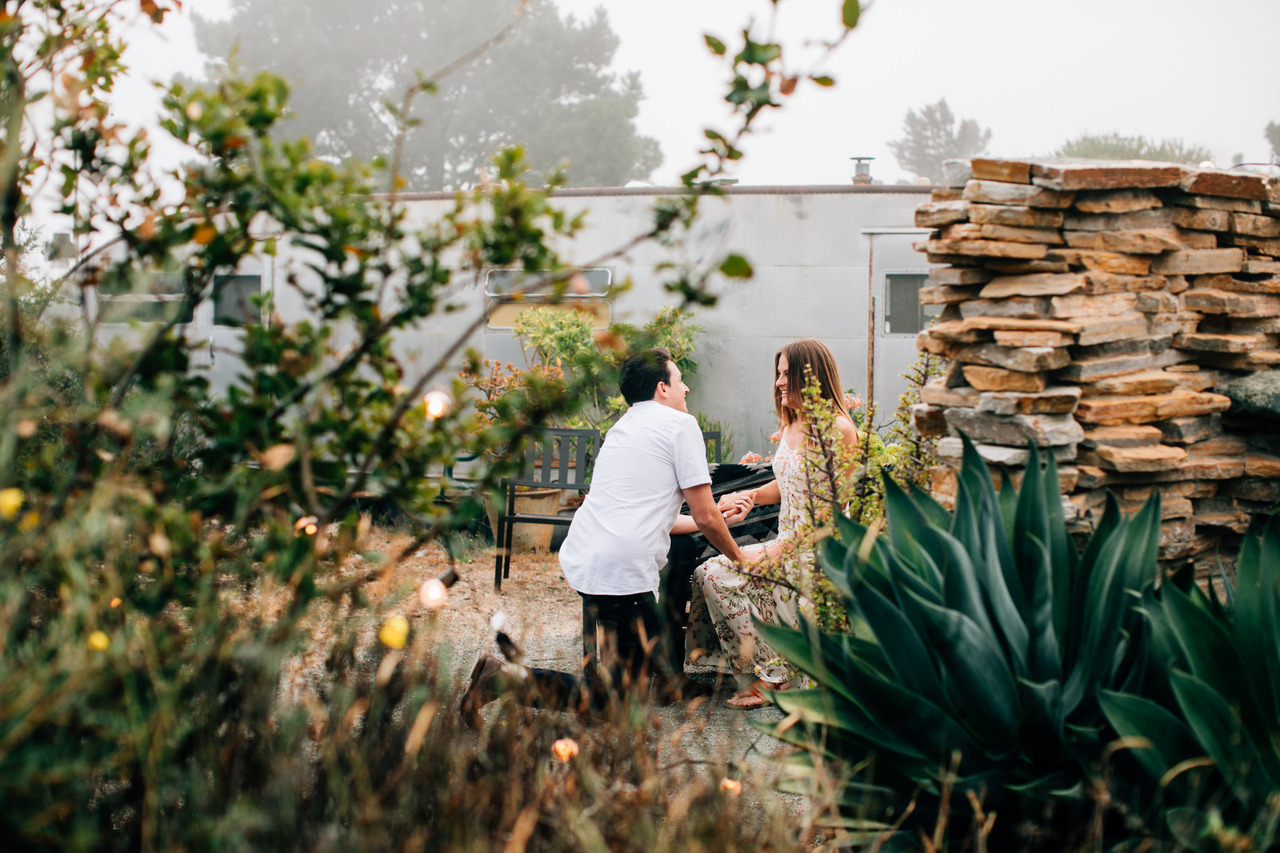

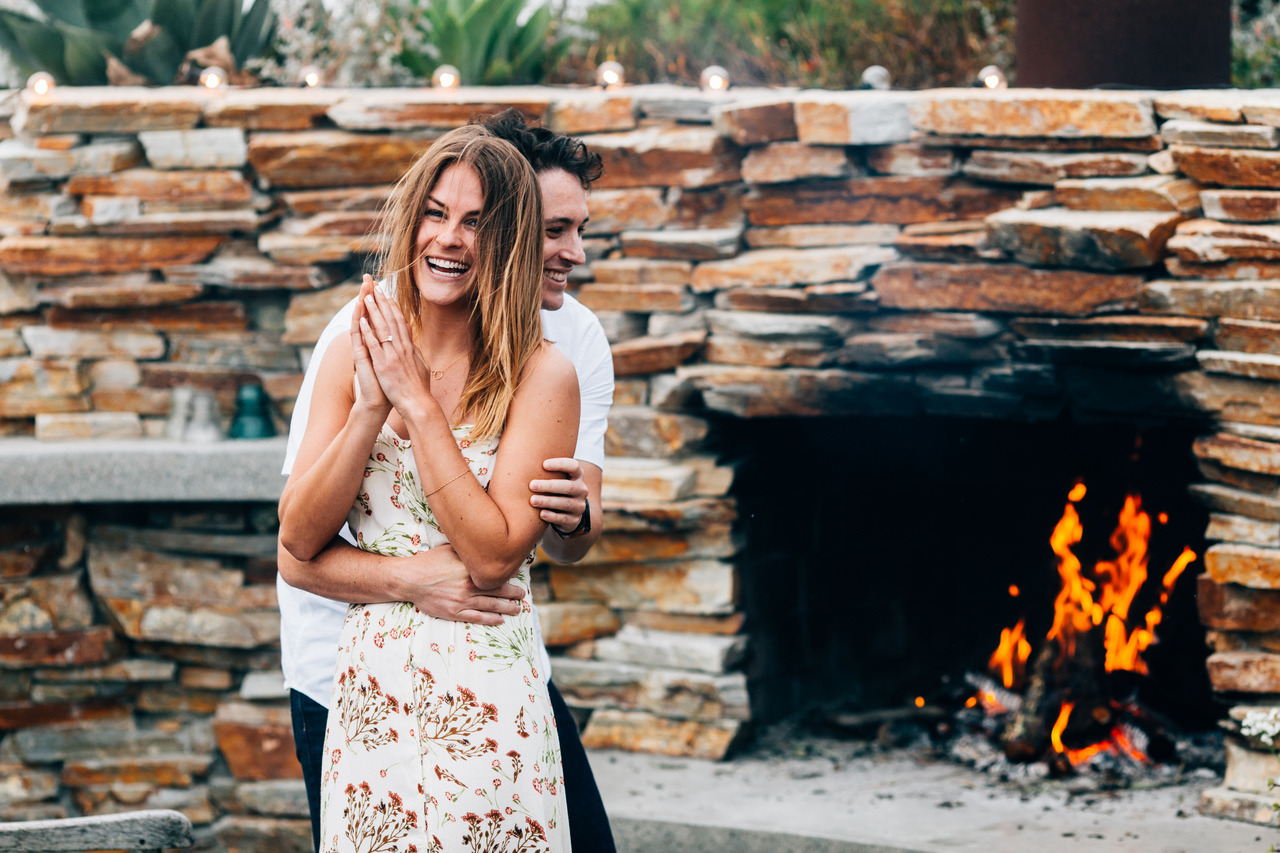
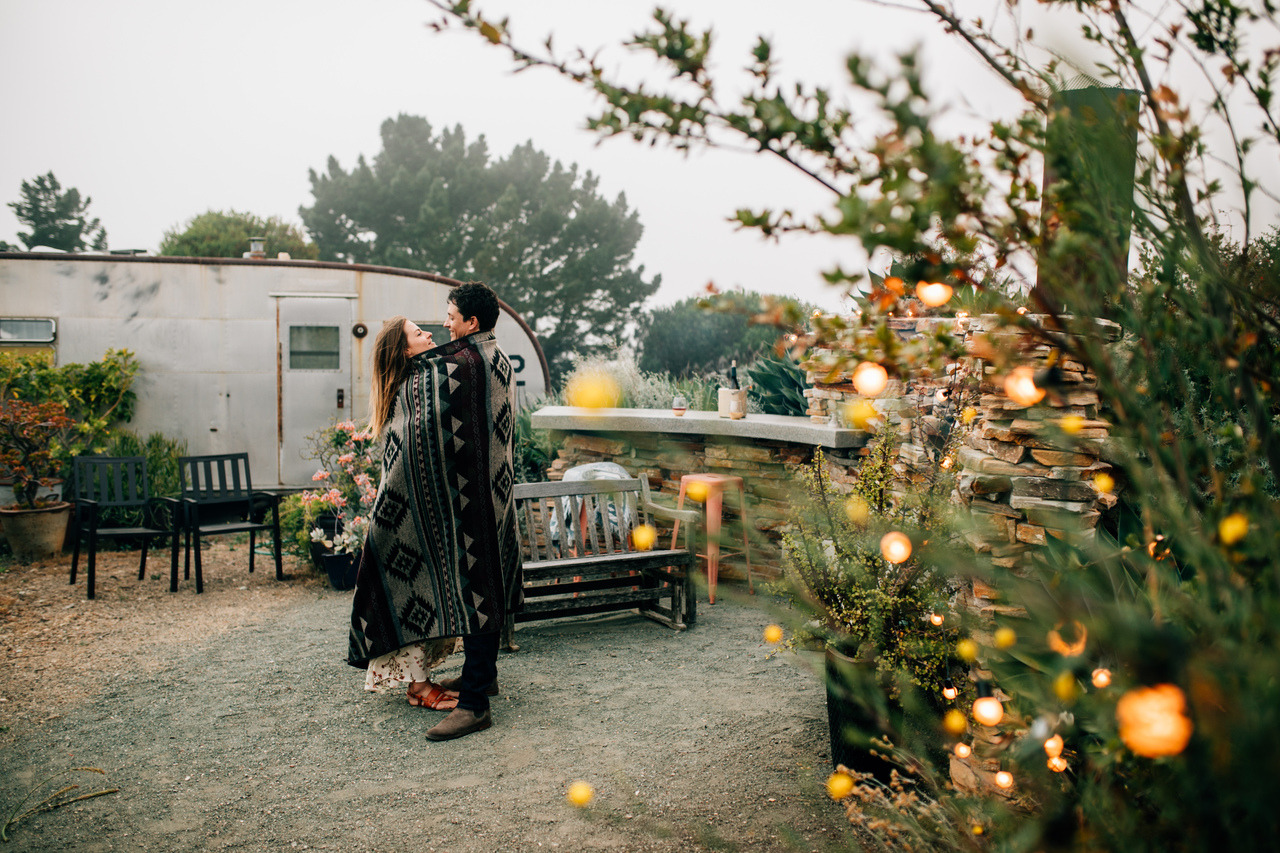
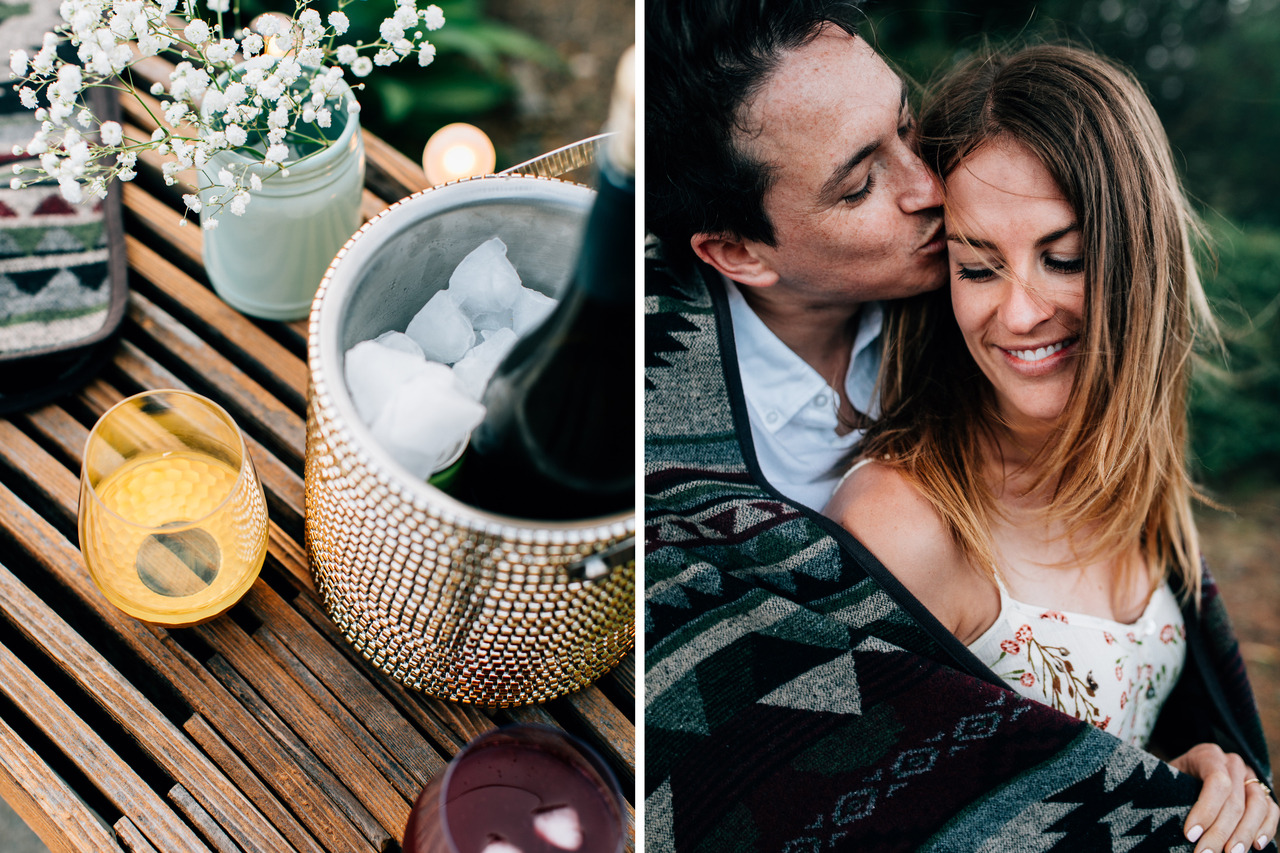
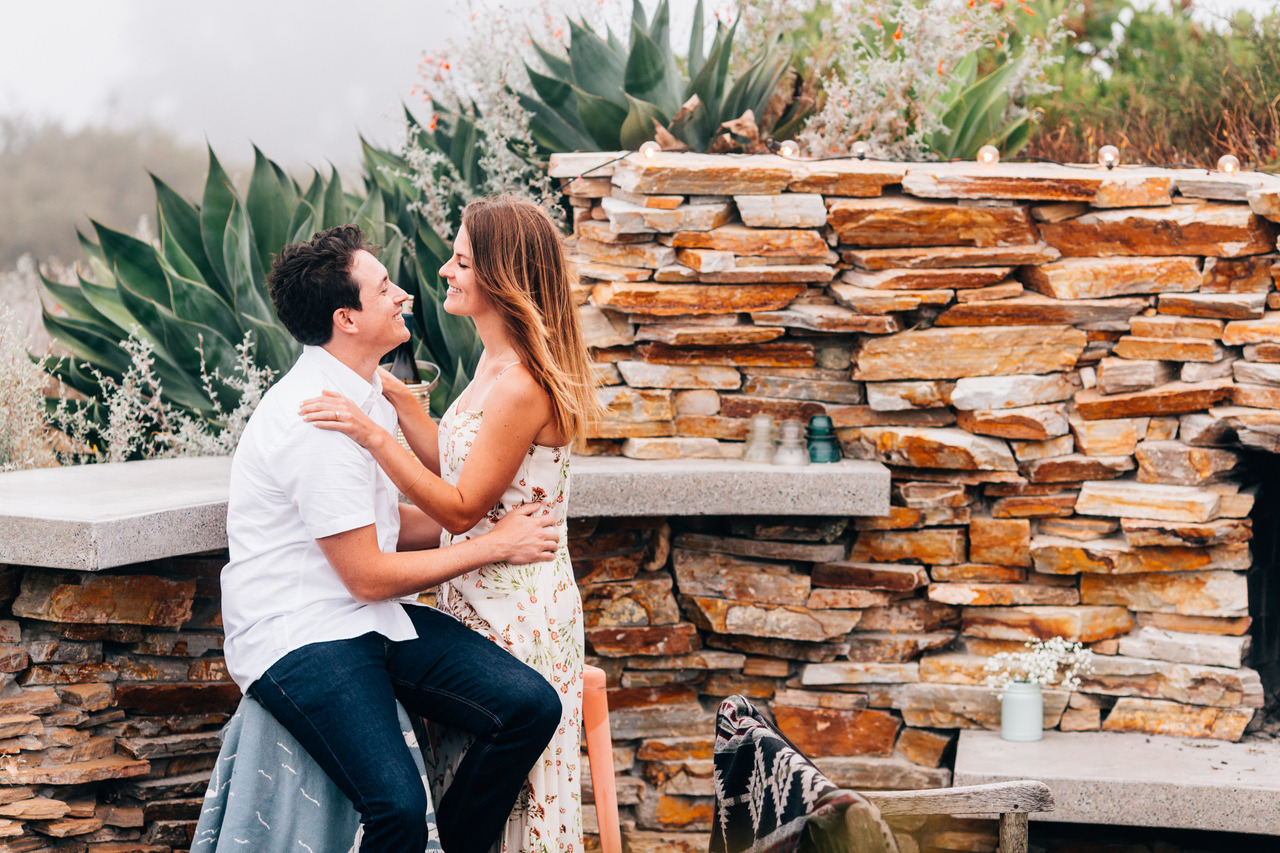


It’s been more than 2 years since the last time we posted on this blog, but we are back!!! We weren’t really gone, only focused on different things. As a small recap, the last time we spoke, Kate and I had just finished a six month service trip in rural Zimbabwe. We weren’t yet married and were returning home to California with new experiences had, and new perspectives formed. In the six months that we were away, Africa, in a way only it knows how, boiled away much of the periphery in our lives. What remained after nearly 200 days, were the things most important to us. The horizon of opportunity in front of us felt endless.
Since then, a lot has happened. We’ve been married… twice… once in the historic San Francisco courthouse, and once surrounded by our closest friends and family in Sayulita, Mexico. We bought a house in March of 2018. And just earlier this year Kate and I both acquired our professional credentials (Kate as a licensed architect in the state of California and Chris as a California Certified General Electrician). During this time, our relationship with photography had wained, if it didn’t involve architecture or electrons, it took a back seat. Period.
When I think about relationships and my interests and the natural progression of how they’ve unfolded in my life, they usually go something like this… fascination, obsession, regression, boredom, breakup, and then a longing for things lost. Sometimes, if you’re diligent you can find your way back to your original foundation, but in so many cases an unhealthy obsession leads to a passion in decline; which inevitably produces the opposite of health. The more time you spend in an unhealthy chapter, determines how hard it is to find your way back. Not to say that Kate and I fell into an unhealthy relationship with photography and writing, but as it had become exclusively a tool for supplemental income, our passion to take the camera places and sit down to put pen to paper had all but disappeared. After all of the hard work, and milestones reached, Kate and I needed to take a deep breath. During our collective exhale, we realized that we had stopped blogging/writing, and the days were just sort of passing us by.
I’m not sure if it is vain to read your own blog, but one day, that’s exactly what I did. I started from the beginning and began reading about some of the early trips Kate and I had taken. There were so many memories that I had already forgotten. And now at 31, realizing that memory is flawed, I finally understand all the photo albums my grandma would put together… Its a living history that you can hold in your hands. There’s nothing like flipping through the pages of your past to help you remember the things you thought you had forgotten.
We’re attempting something new. For us, the world is most exciting when we are reaching for something, and since the goals on the previous list have been accomplished; it’s time for a new list. It’s time for a new beginning, so come along with us. For the rest of the year we have committed ourselves to new experiences and to new photos and new words. Because life, at the end of the day, is worth remembering.
Love, Chris and Kate
P.S. While we haven’t really been blogging, we have continued to keep up our business, the photos to follow are some of our favorites from the past two years.
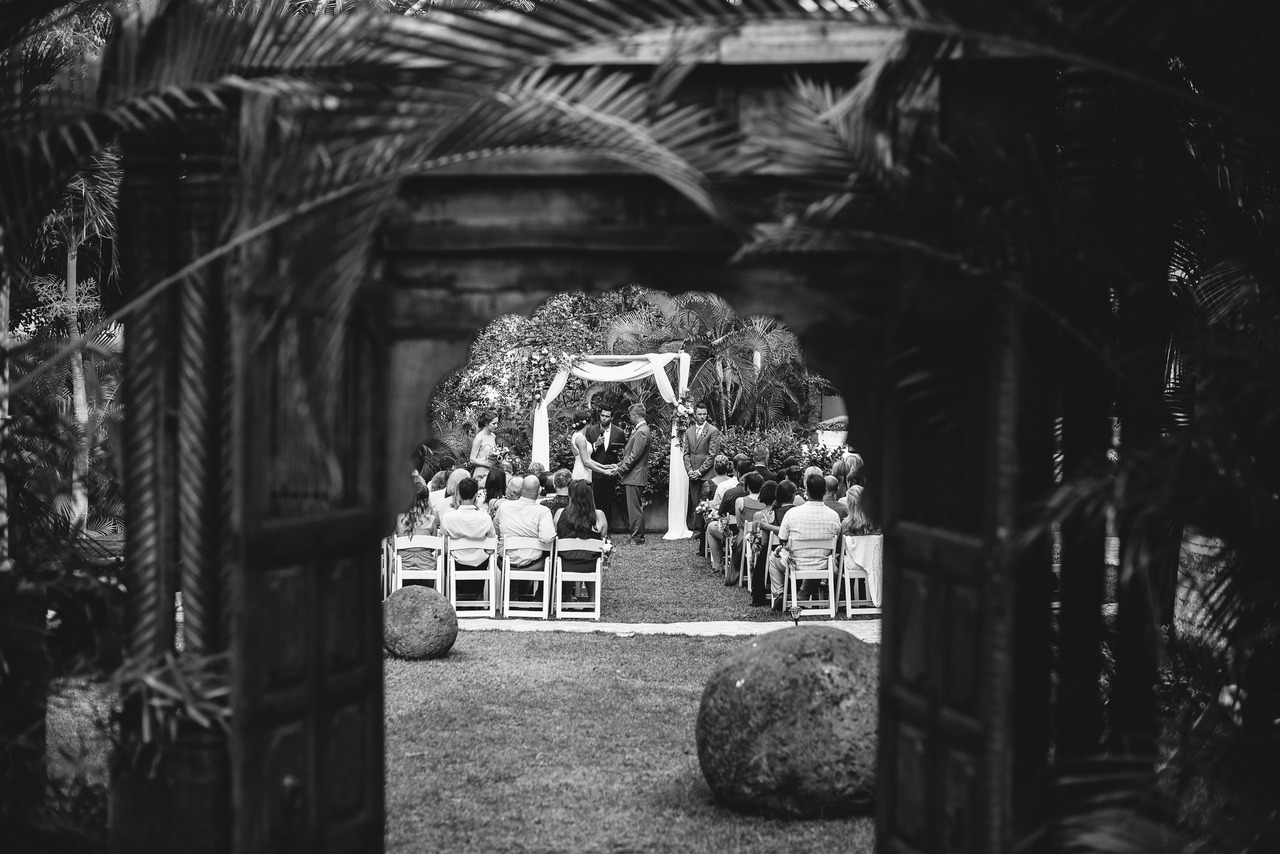
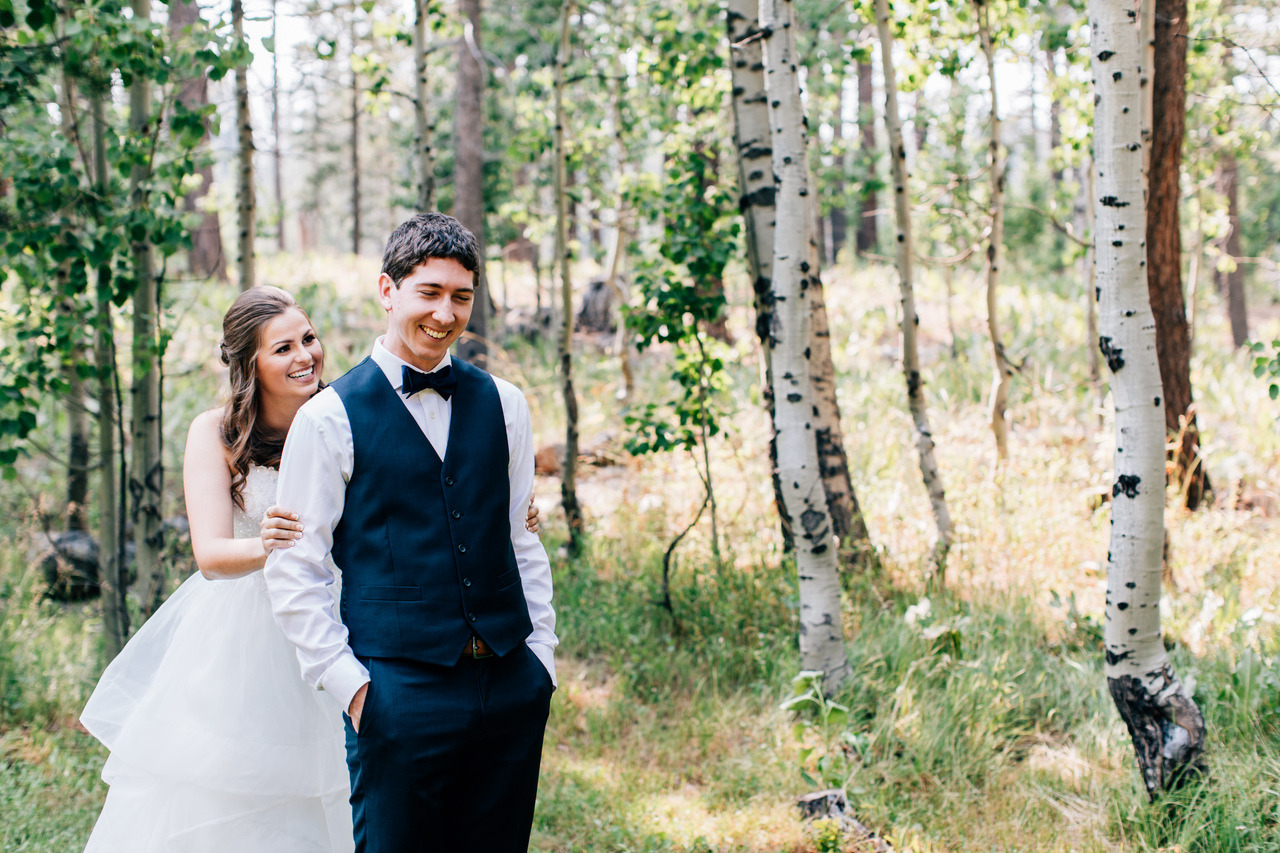
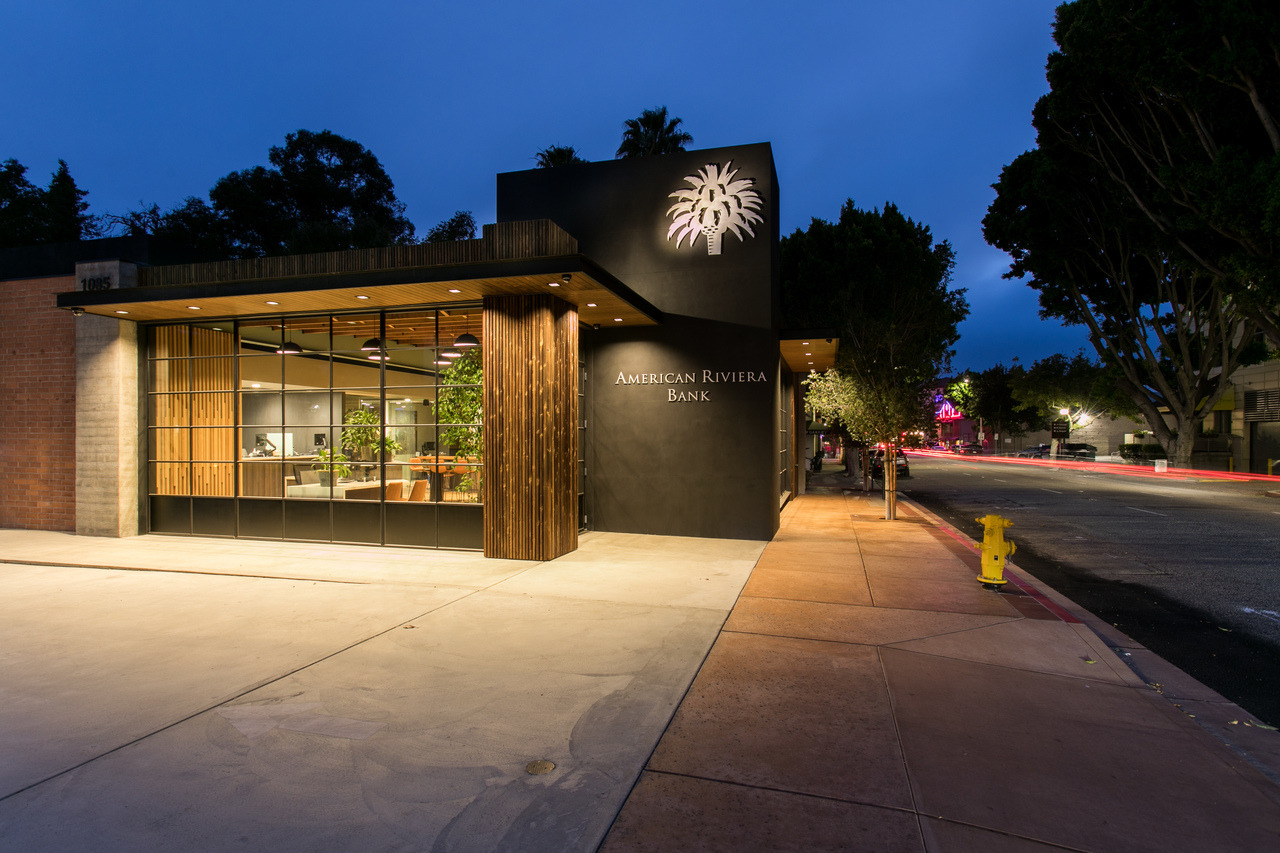


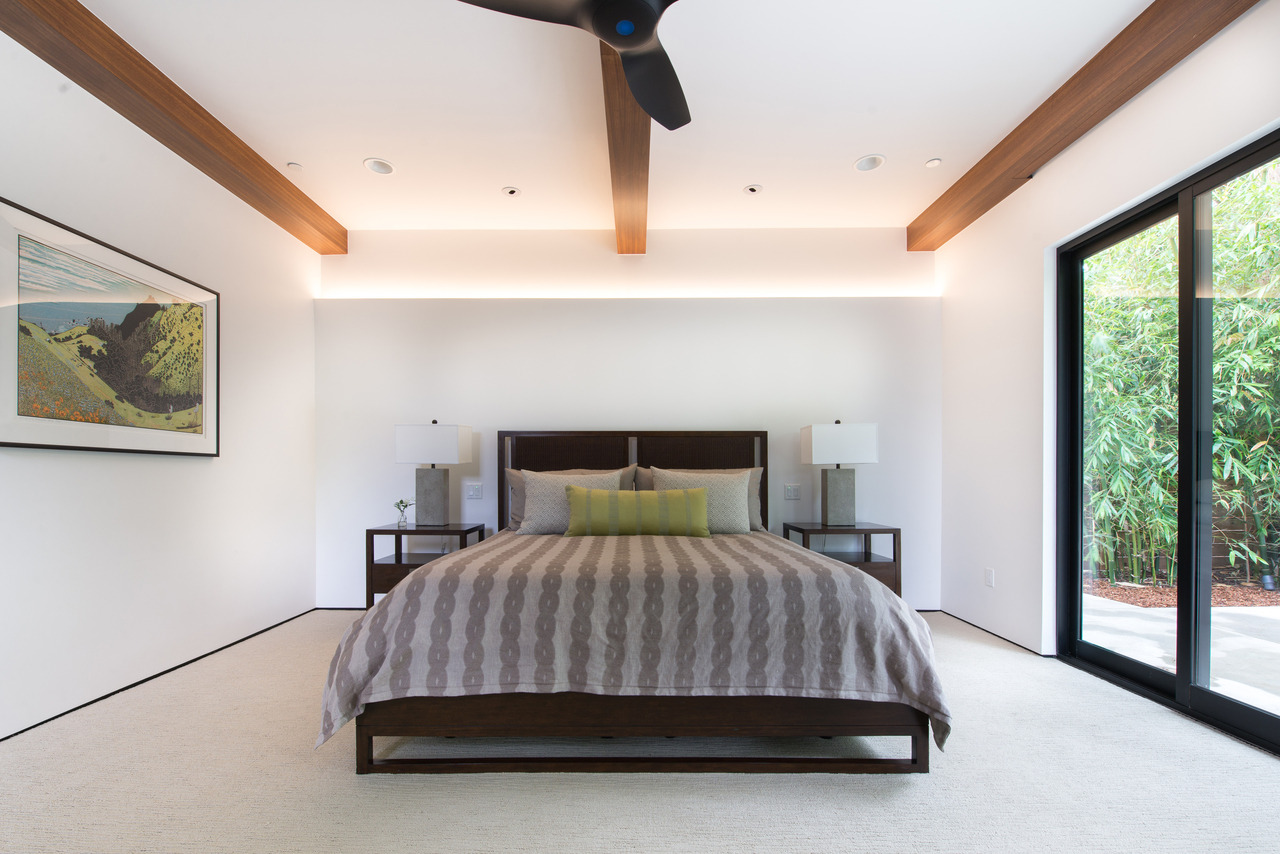
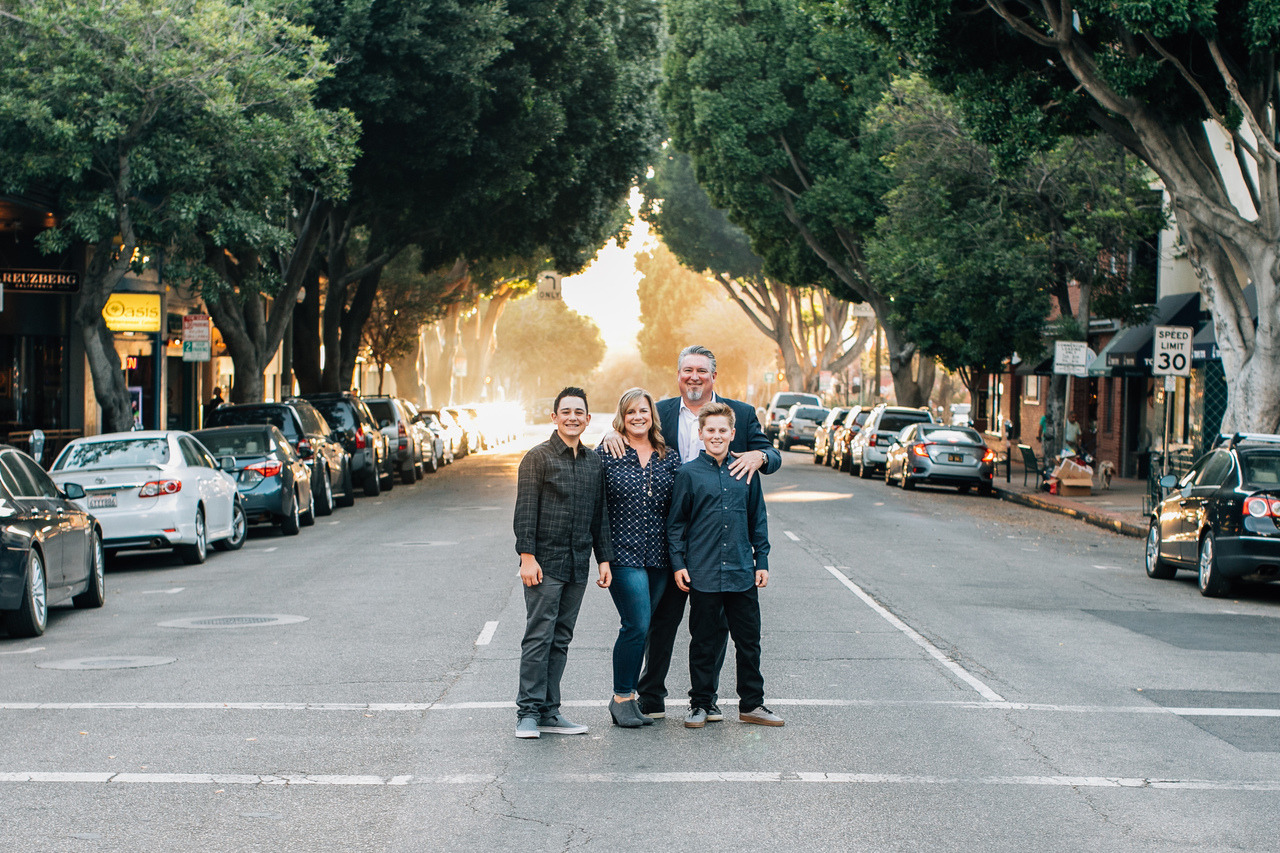
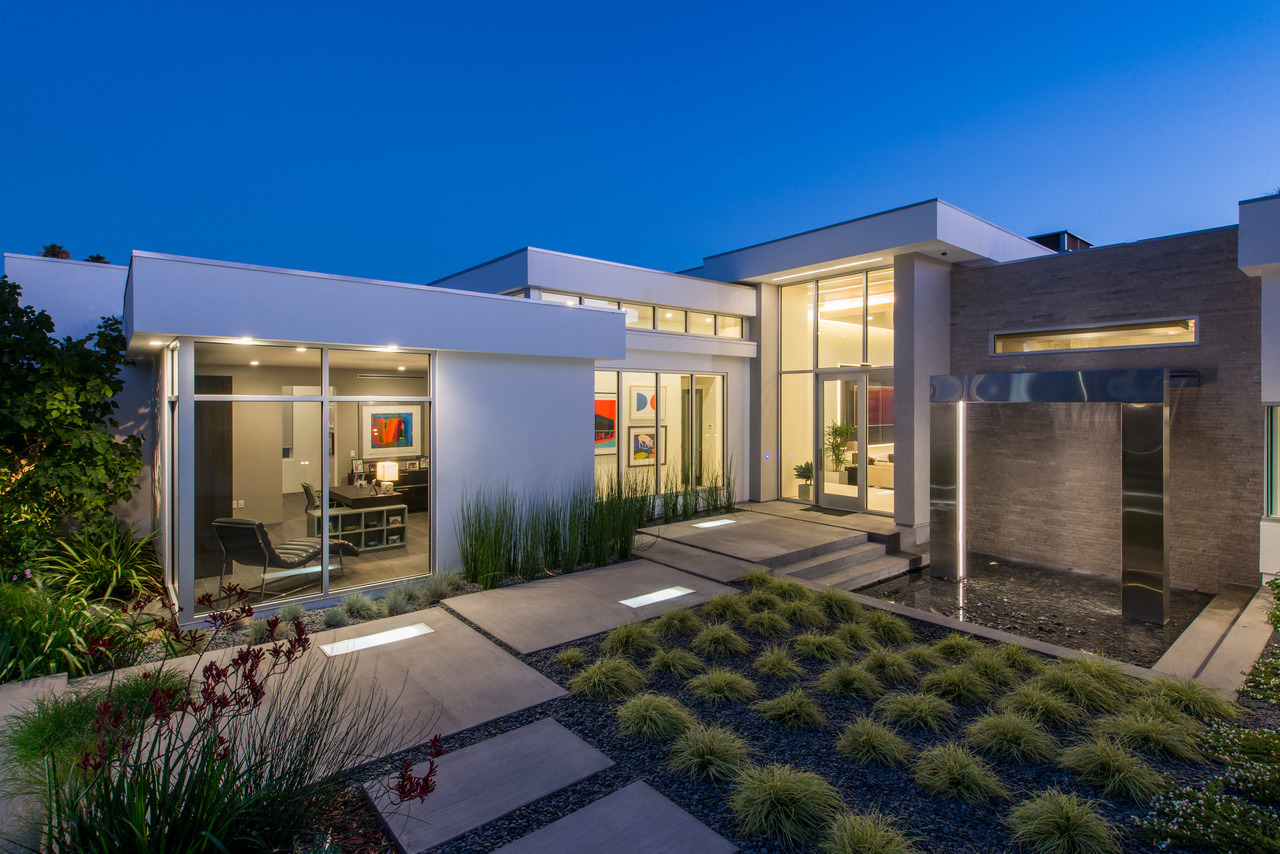

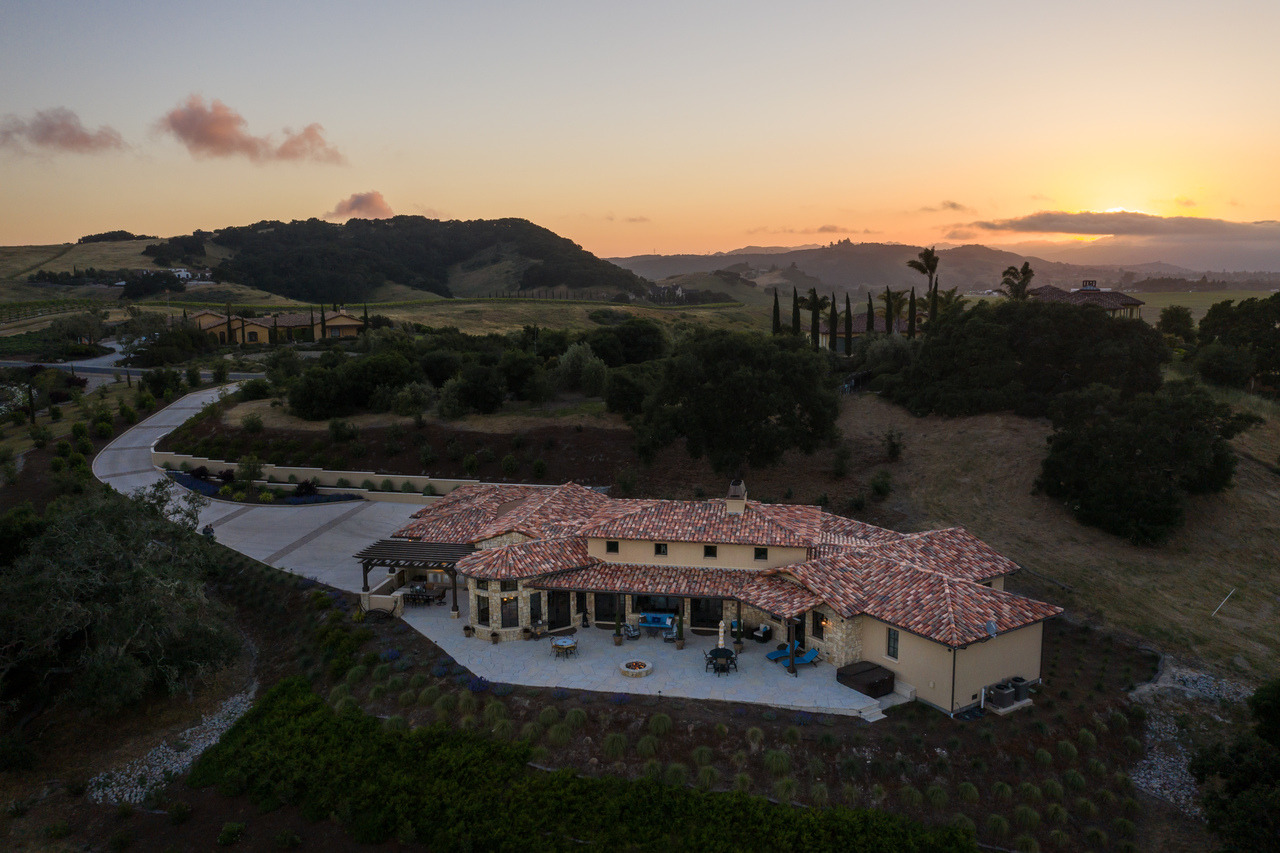
Reflections of Zimbabwe
The world likes to put Africa in a box. It’s poor, it’s corrupt, it’s wild and beautiful. One of the most common things I’ve heard from people returning from mission trips is “It’s so amazing how thankful they were when we gave them _________. They were so happy”. But the thing is, they aren’t all happy, and they certainly aren’t all thankful. They steal each other’s husbands, envy each other’s belongings, lie, gossip, and suffer from addictions. Sound familiar? Its because they are humans. People are people. We all want to feel love, we all want community, purpose, security, happiness. Watching the events of the Matopos community unfold over the last six months has been eye opening to say the least. Experiencing the epidemic of humanity in its most basic form can be startling. The idyllic african scene gives way to all the hurt and betrayal and devastation that has overcome the country in the past few decades. As a white person, you are viewed as a dollar sign. How am I to know if I am entering into a friendship or merely a banking relationship? How are we to know if the technologies and ideas we’ve brought to the table will actually be implemented in the community? What if they don’t care enough about the preschool to maintain it? It’s amidst these types of questions when I come to the conclusion that I absolutely cannot be doing this for myself, or recognition, or good stories, or dramatic photos. I can’t even be doing it for the people of Zimbabwe, because chances are, they may not even care. Seeing cycles of white faces come and go can have a draining affect on the locals. There is only One who any of this can be for, because His command was simple. Love Him and love others. For all their human faults, this community has a leg up on us in a lot of ways. They could tell you how much water they consume in one day because they carry it on their heads from the nearest pond or spring. It probably equates to the amount of water we use to flush toilets daily. They wake up with the sun and go to bed with the sun - any electricity they use comes from the sun. They walk (or bike) everywhere. And we are talking miles and miles on the worst roads you’ve even seen. While they are walking, they are talking. They spend time with each other, they build relationships. They don’t waste anything, especially not food, because once they have taken 6 months to grow the corn, they pick it, they dry it, they husk it, they take it to the grinding mill on a donkey cart, they bring back 50 kg sacks of ground maize and then repeat. All things considered, we have a lot to learn. Being out in the African Bush is isolating. Its the kind of isolation that can hurt at first, absolute quiet with none of the usual distractions to drown out your thoughts. No cell phones, no internet, no tv, no radio. The only options are hiking, running, climbing, swimming, reading, and thinking. It’s without the inundation of media that we’ve been able to realize how we are so steeped in it on a daily basis. The noise provides comfort, the silence is frightening. No public affirmation from Facebook or Instagram at a moments notice, no binge watching Netflix to veg out from a long day. Time to process, time to talk, time to focus on what’s happening in this world and what we’re doing and who we are. Getting out is hard, but getting out is so necessary. It’s not until we sit in solitude that we can even begin to ask ourselves the important questions. Getting out doesn’t have to mean going to Africa. It can mean going for a walk after work, or sitting on the beach, or going camping. It’s allowing your mind to have space to breathe. Because that’s where you can be honest with yourself about why it all matters anyway. ***over our six months in Zimbabwe Chris shot 18 rolls of black and white film on his Nikon f3. We just got his film scans back a week ago and had a wonderful wander down memory lane, reviewing our whole trip through film. All the photos in this blog post were shot on 35mm film by Chris.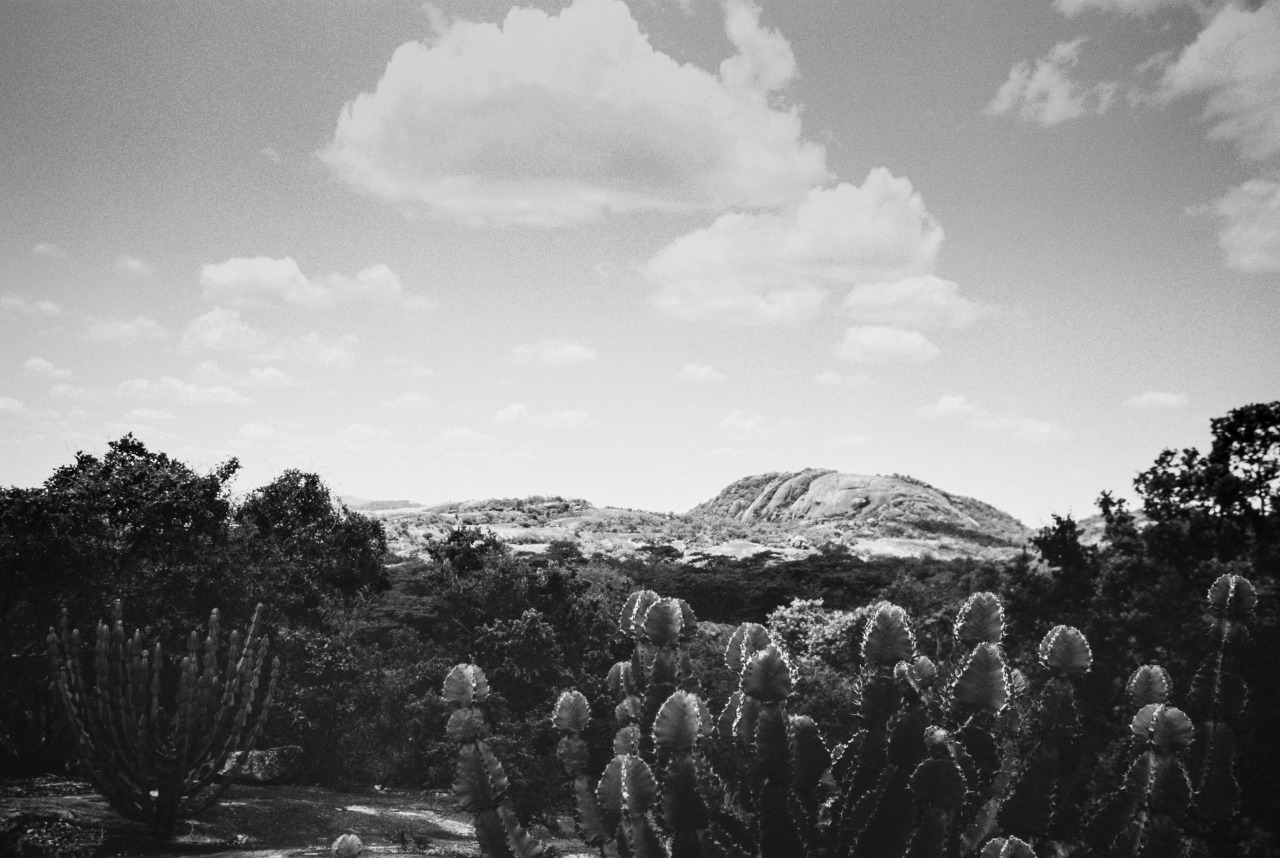
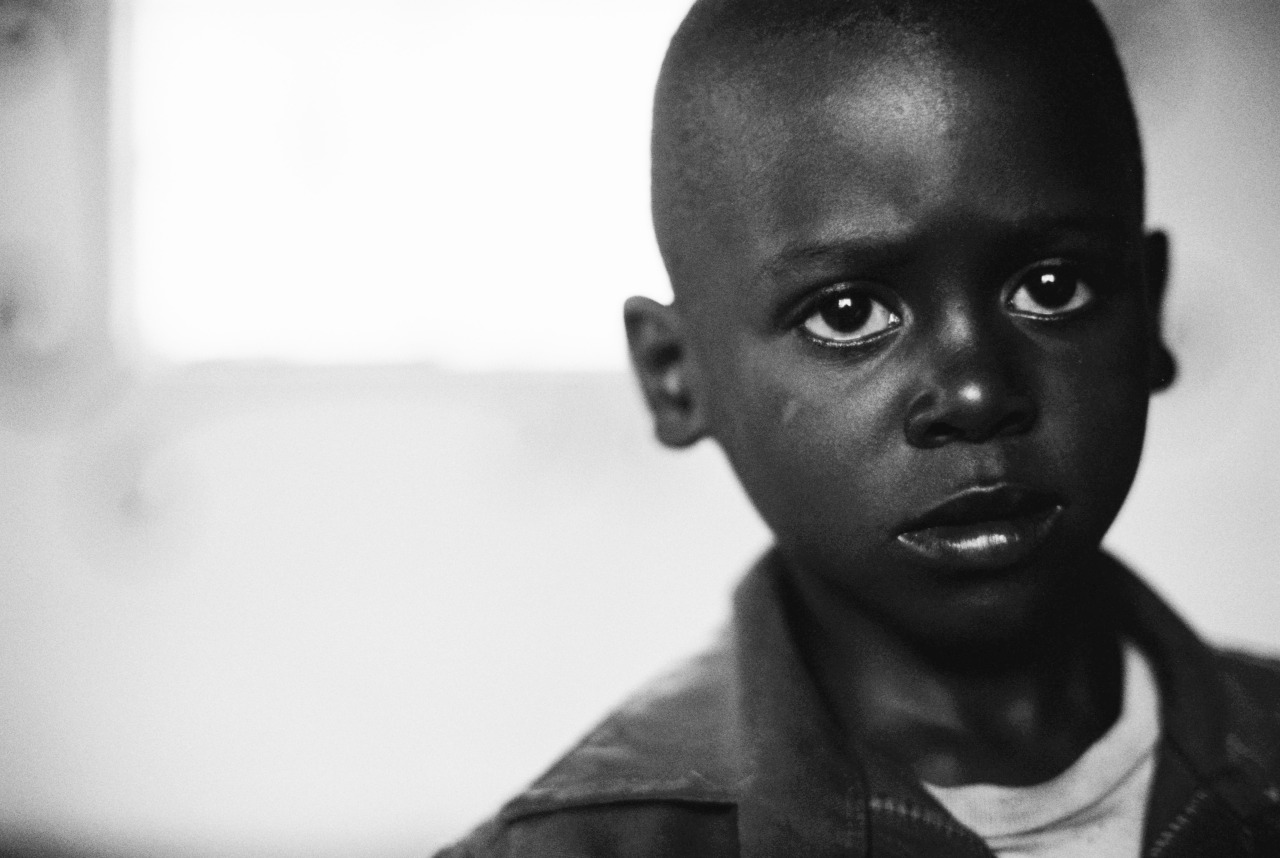
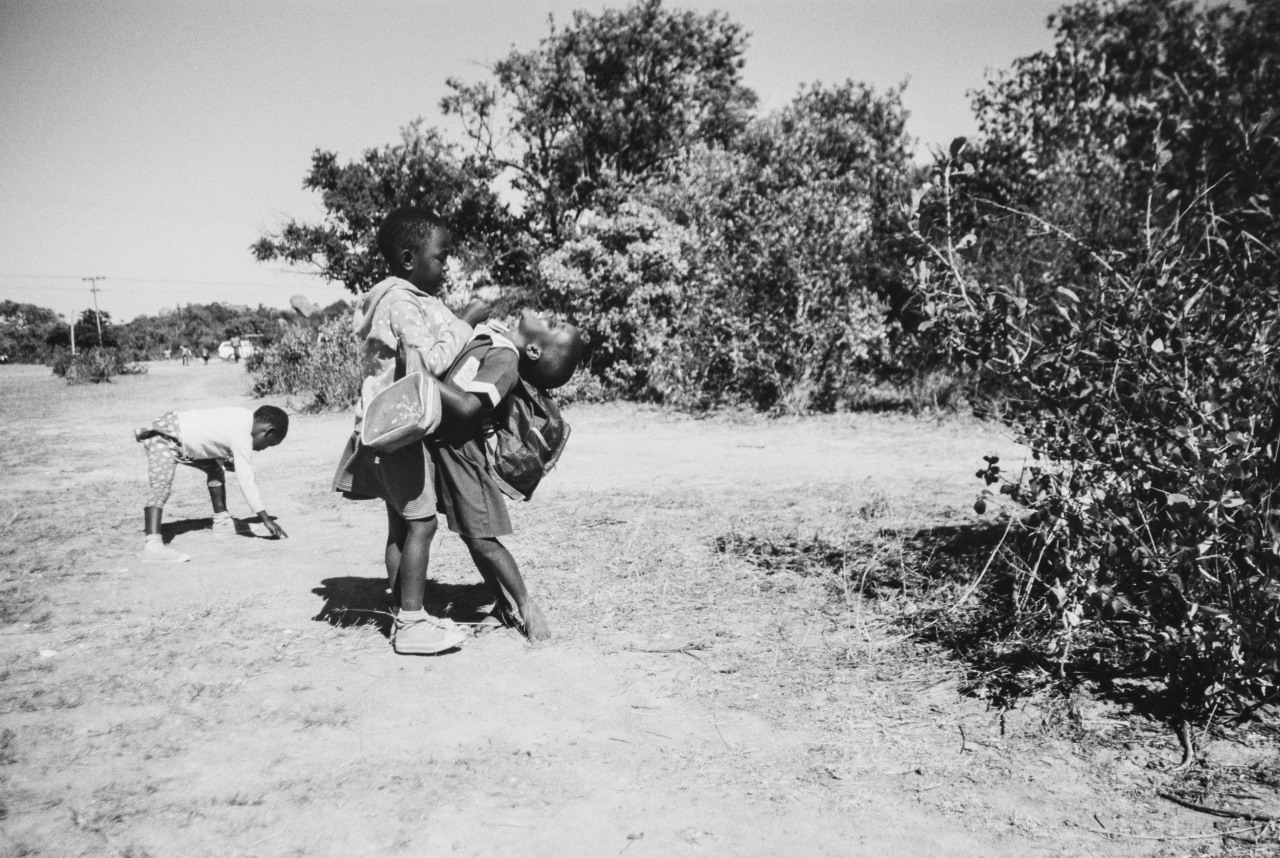
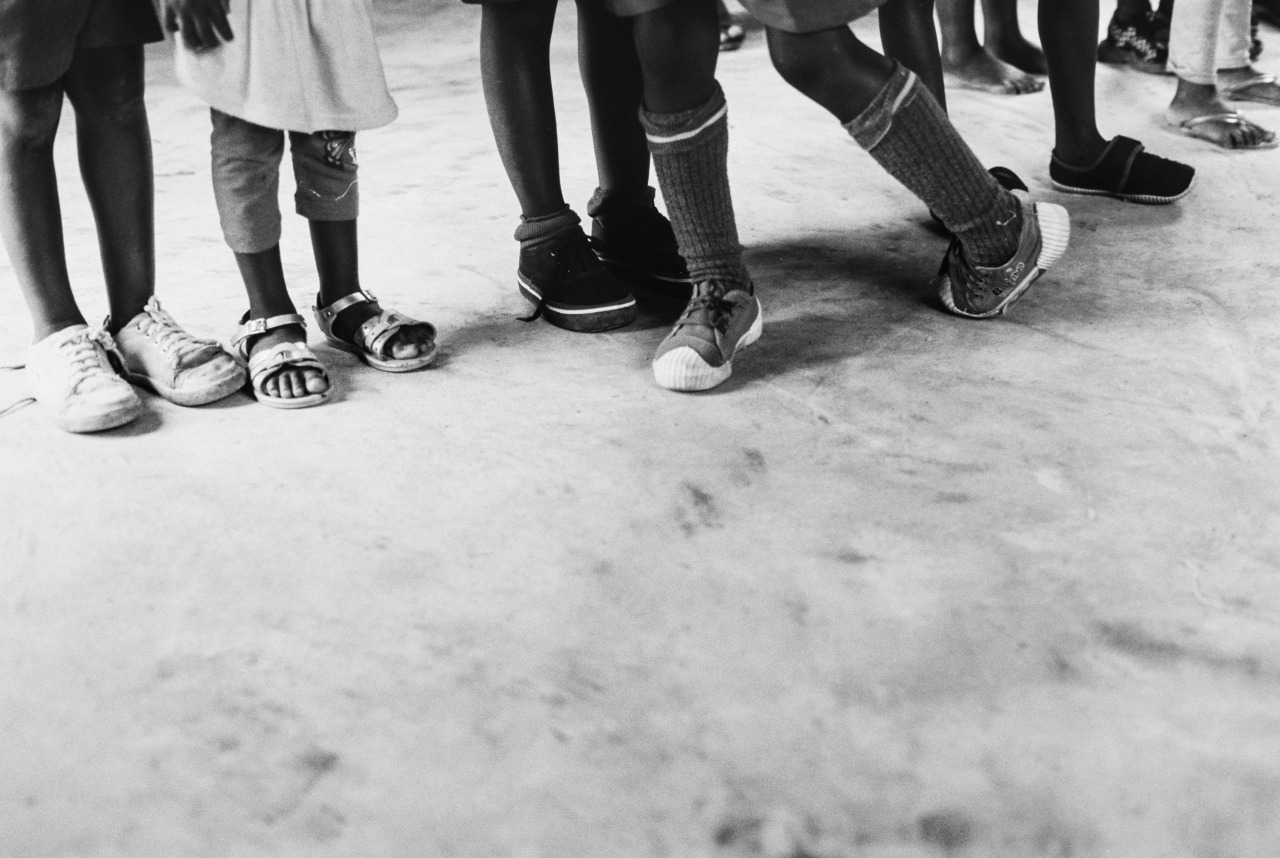
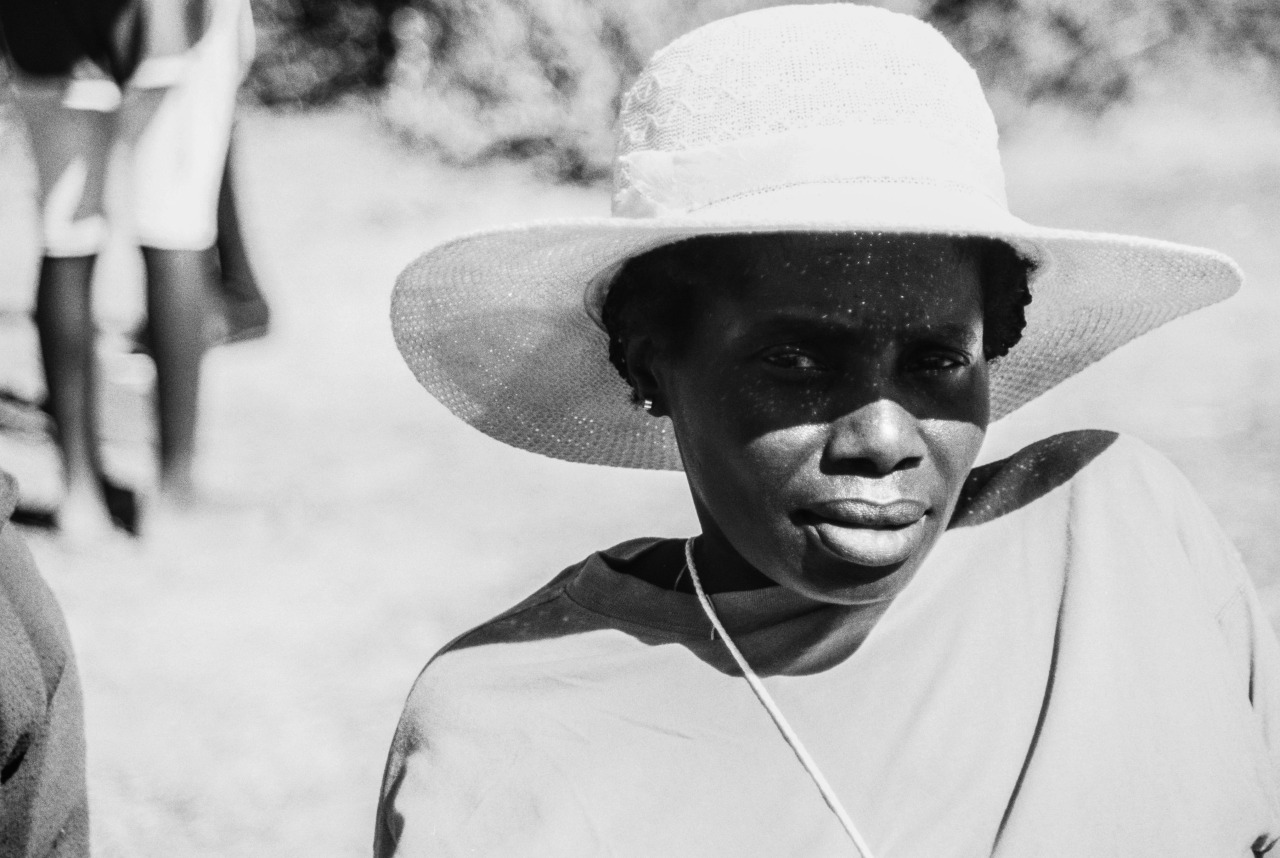
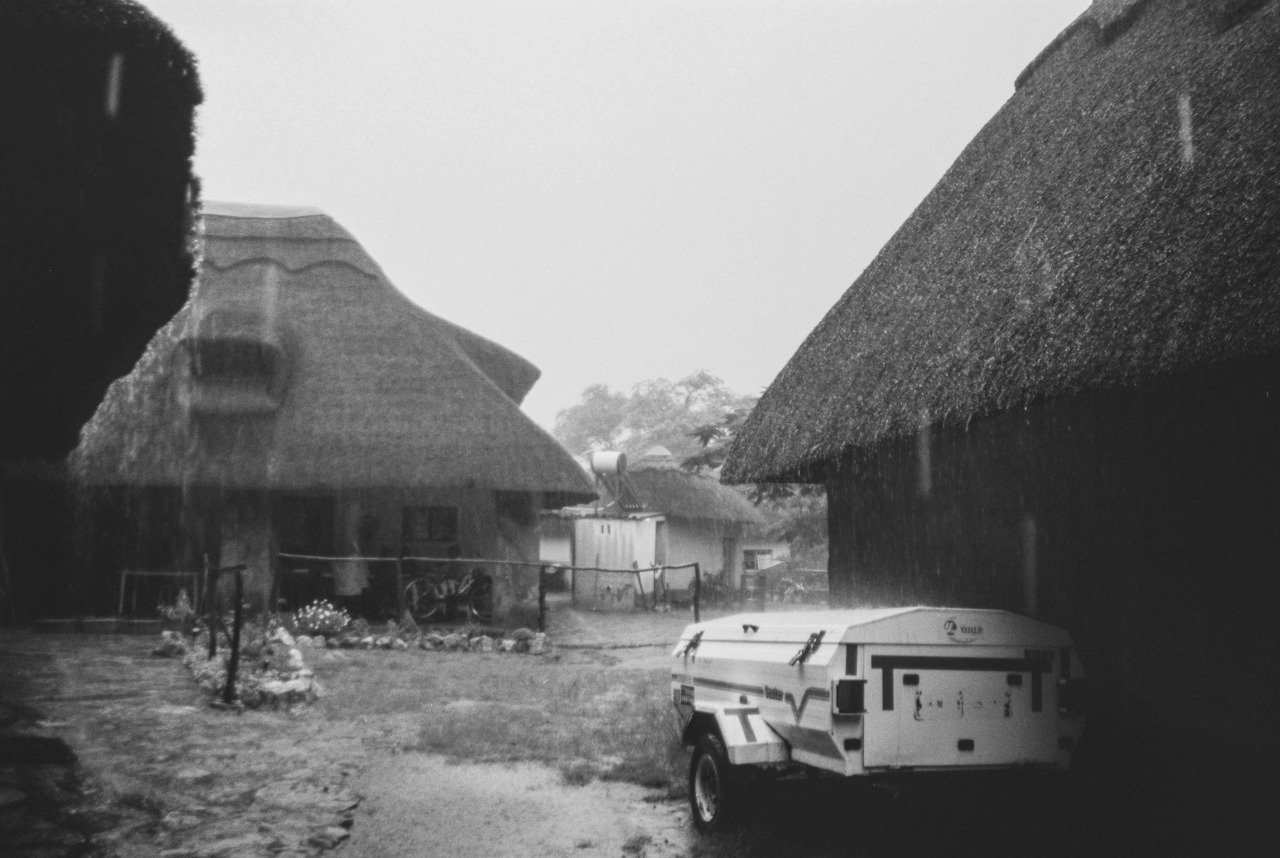
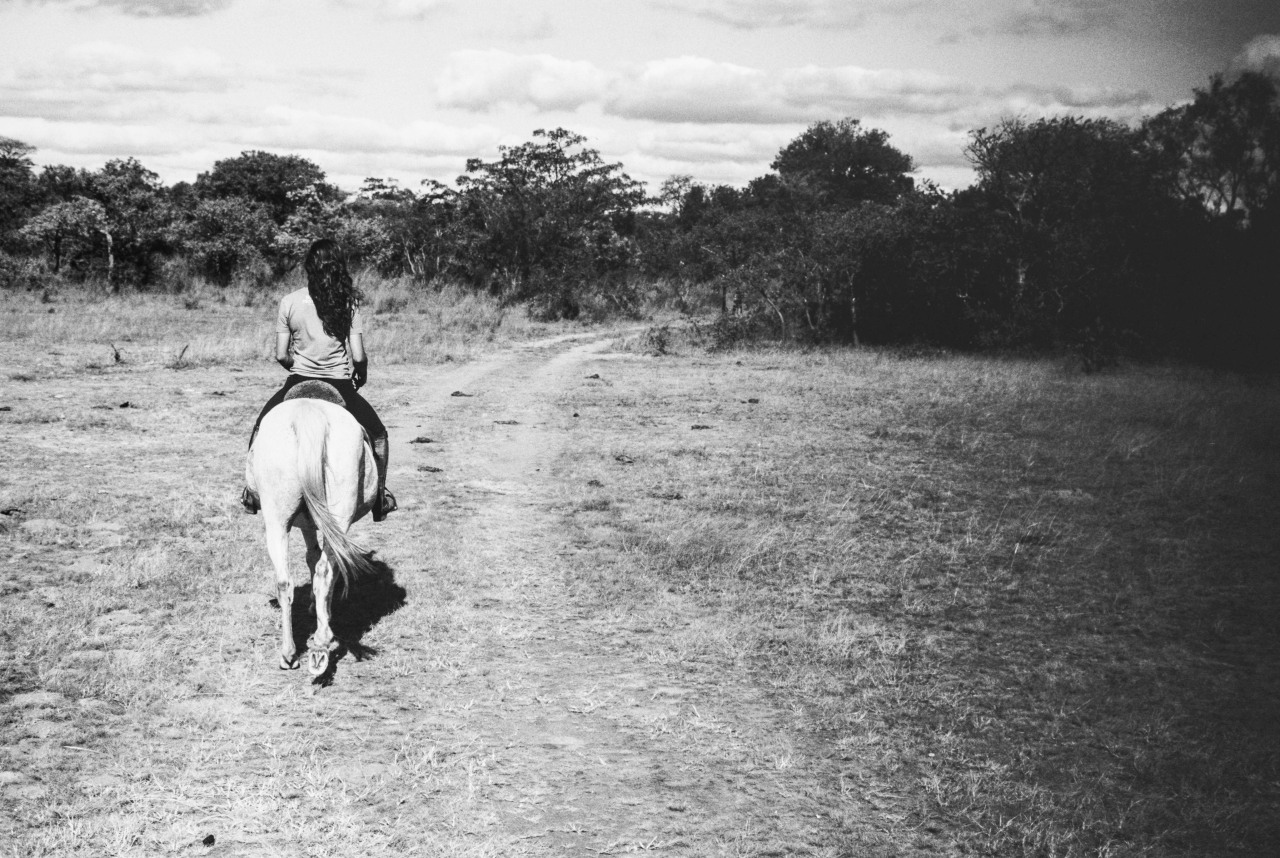
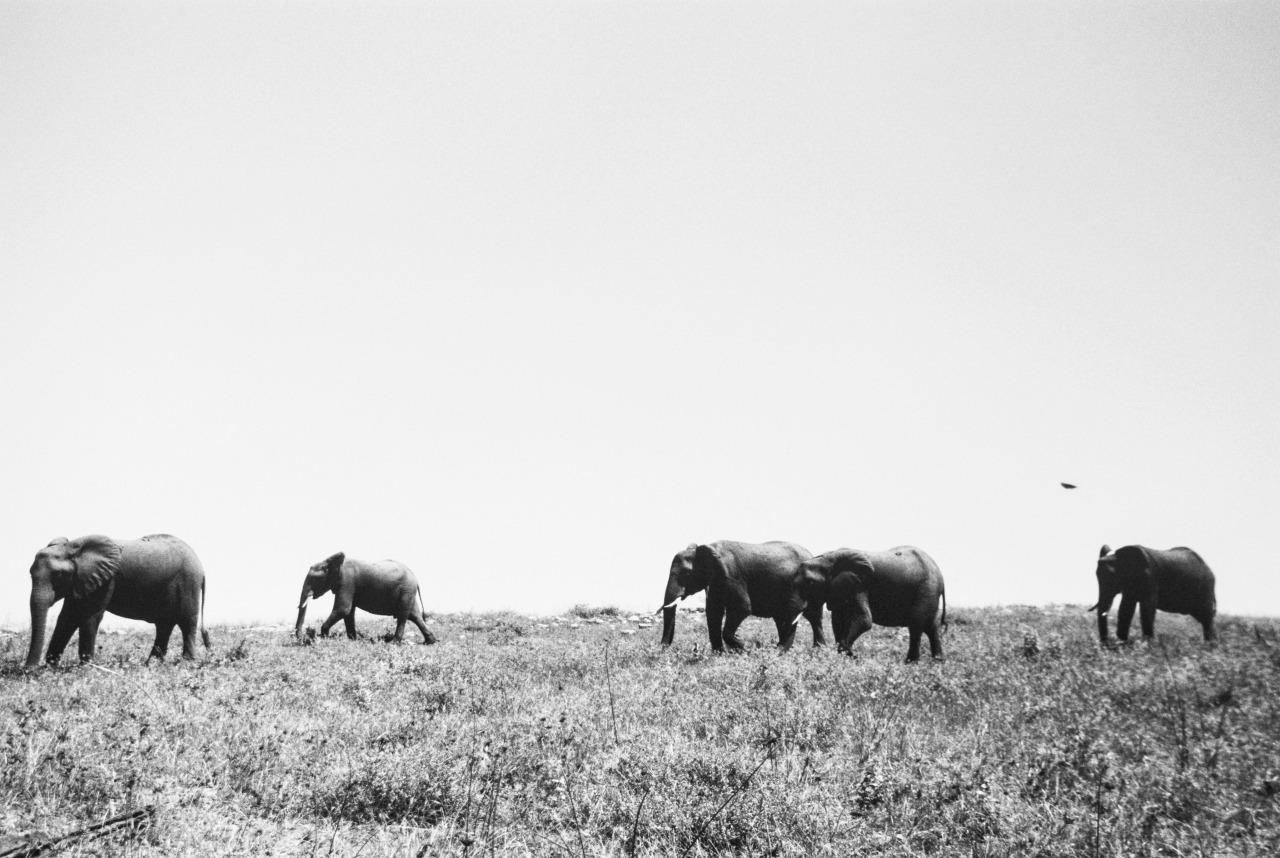
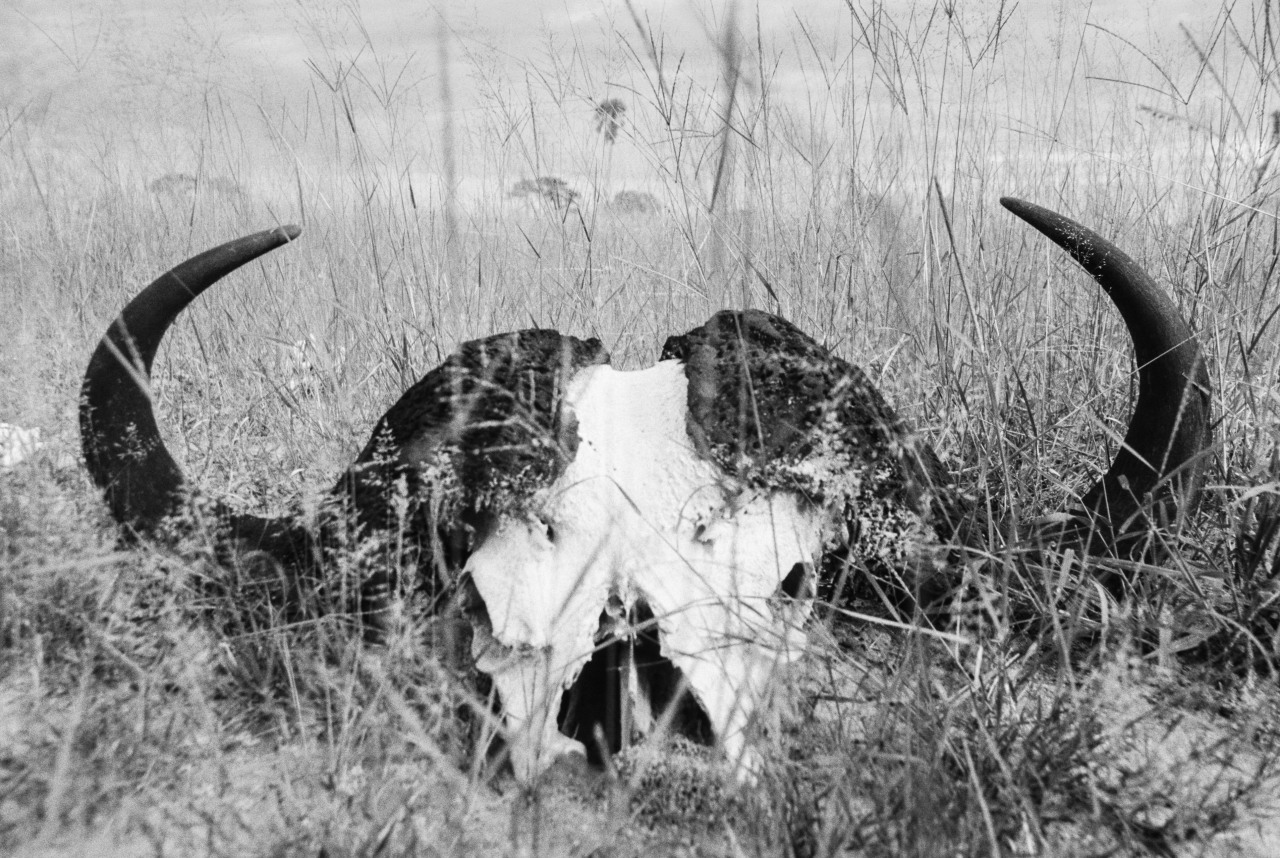
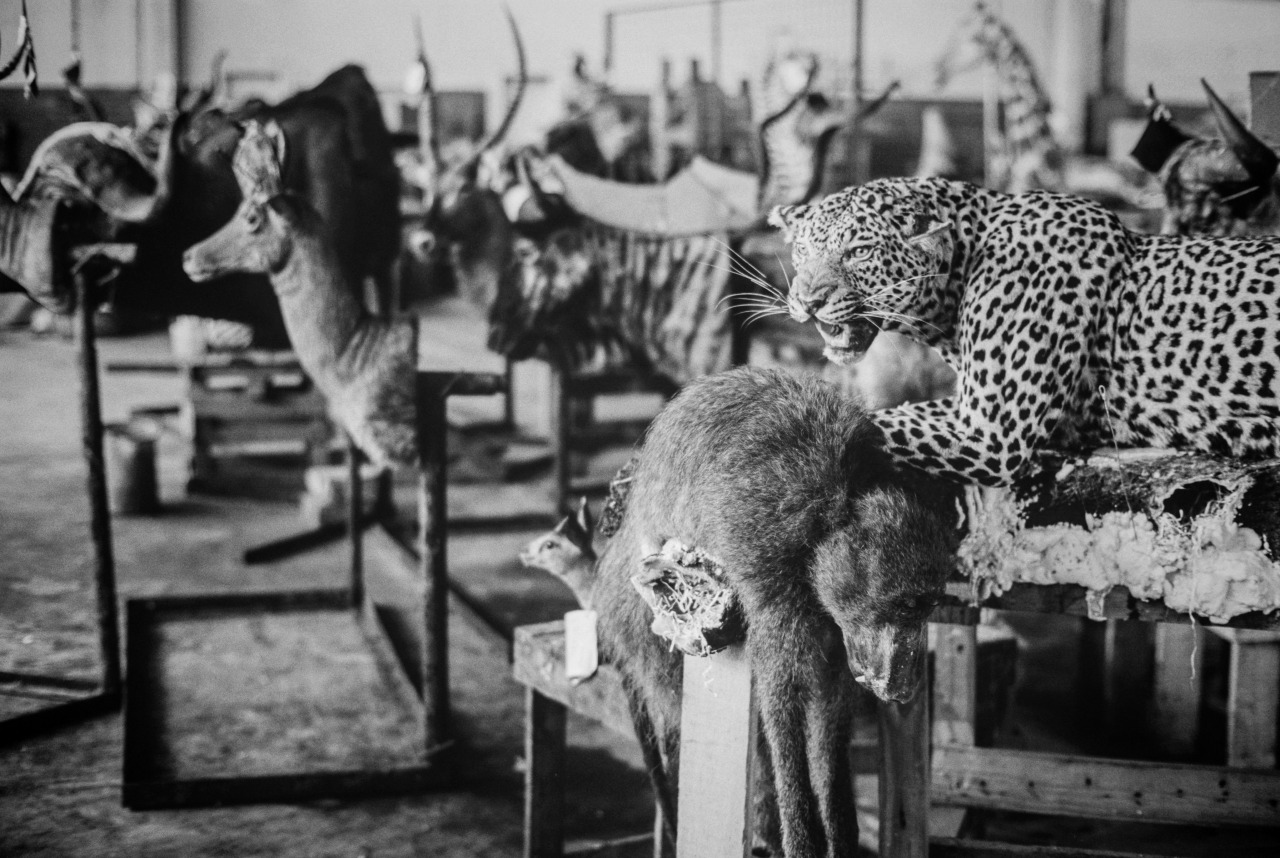
A Little Piece of Africa
Beep, ring, ding, buzz…
As we walk through the door, our phones go off in a symphony of noise. Notification after notification alert Kate and I to a world we have been missing out on since we last had wifi. Immediately we are inundated with the instant gratification of Facebook, Pinterest, and Instagram. The information is overwhelming, and I am unsure what to check first.
Since our arrival in January, Kate and I have been more or less out of touch from instant Internet. Most days at Morning Star we would spend the entire day without using our phones, only around dinner time would we decide as a group whether or not the to turn on the wifi; and often the answer would be “no”. Our lack of access to Facebook, forced us to connect with the faces directly in front of us; it was a time of connection, without wires.
But now that we are in Harare, with Kate’s family, we have had access to Internet and television at any point during the day. Our high-speed connectivity has made it easy to communicate with friends and family across the globe, and we have taken full advantage. I must admit, it has been wonderful to be able to dial California and hear voices we haven’t heard in months, but part of me is uneasy with how simple it has been to give up a world of silence for a world of noise.
After four days of city living, Kate and I disconnected and escaped back into stillness. We left Harare with our good friend Nadine, and drove three hours north to her family farm. The three of us arrived to the farm on a dusty dirt road. Nadine’s father Colin, and stepmother Debbie, greeted us with smiles and of course, our choice of tea or coffee. We sat on the veranda and sipped our drinks and as the sun fell low in the sky, our phones were nowhere in sight.
Colin is a farmer, his father was a farmer, and his family has been in Zimbabwe since long before the country was called Zimbabwe. Nadine and her sister grew up on the farm, and while their dad raised cattle and grew crops; the two girls rode horses and enjoyed the lifestyle their family had known for generations. But that all came to a halt in the early 2000’s when their farm was invaded by men with clubs and machetes. In the last 15 years, Colin has been run off 3 of his former farms and is now living on a piece of father’s land, it is a sliver of what they used to posses, but after Zimbabwe’s Land Reform Program, they are fortunate to possess anything at all.
For four days and three nights Kate and I got a small taste of what old Rhodesia must have been like. We woke early each morning to see the sun appear over the horizon, and as the farm workers headed out to the fields on tractors, we admired the scene with coffee in hand. We were fed like royalty, and in between meals we explored the farm and learned about the various operations taking place. The tobacco growing season was over. But the grading of the crop was in full swing to prepare bales for auction. We wandered through the grading shed as the workers were processing the leaves, the sweet, damp smell overwhelming our senses. On horseback we toured the far reaches of the farm, admiring the giant pivot irrigation systems making their rounds through the wheat. The Sunday afternoon excursion was a “bundu bashing” trip to the dam on Colin’s property, and we all piled into the white farm “bakkie”, or pick-up, with dogs, beer and sandwiches.
To our surprise and great excitement, one morning we were invited to watch some tribal dancing that was taking place in the staff compound. Kate and I followed one of the workers through the maze of mud and brick structures, as all eyes around remained affixed on us. Eventually we came to a crowd of people playing drums, singing, and cheering on a lively masked dancer in the center of the group. While we had no idea what exactly was happening, it was great entertainment – though I think we were just as entertaining to them. Walking back to the farm cottage was like stepping into a different world. The chaos, smells and colors of the staff compound faded away and we blended back into the relatively urbane setting of the white world.
Today we board a plane back to the United States. We are reflecting on all the wonderful times we have had here, both challenging and trouble-free alike. There are so many things about this country that we will miss, but we are certainly taking back with us a wealth of lessons, knowledge and memories. We are incredibly thankful for being afforded this time to step away from our normal lives to learn about ourselves, others and God, and we can only hope that we will inspire others to do the same.
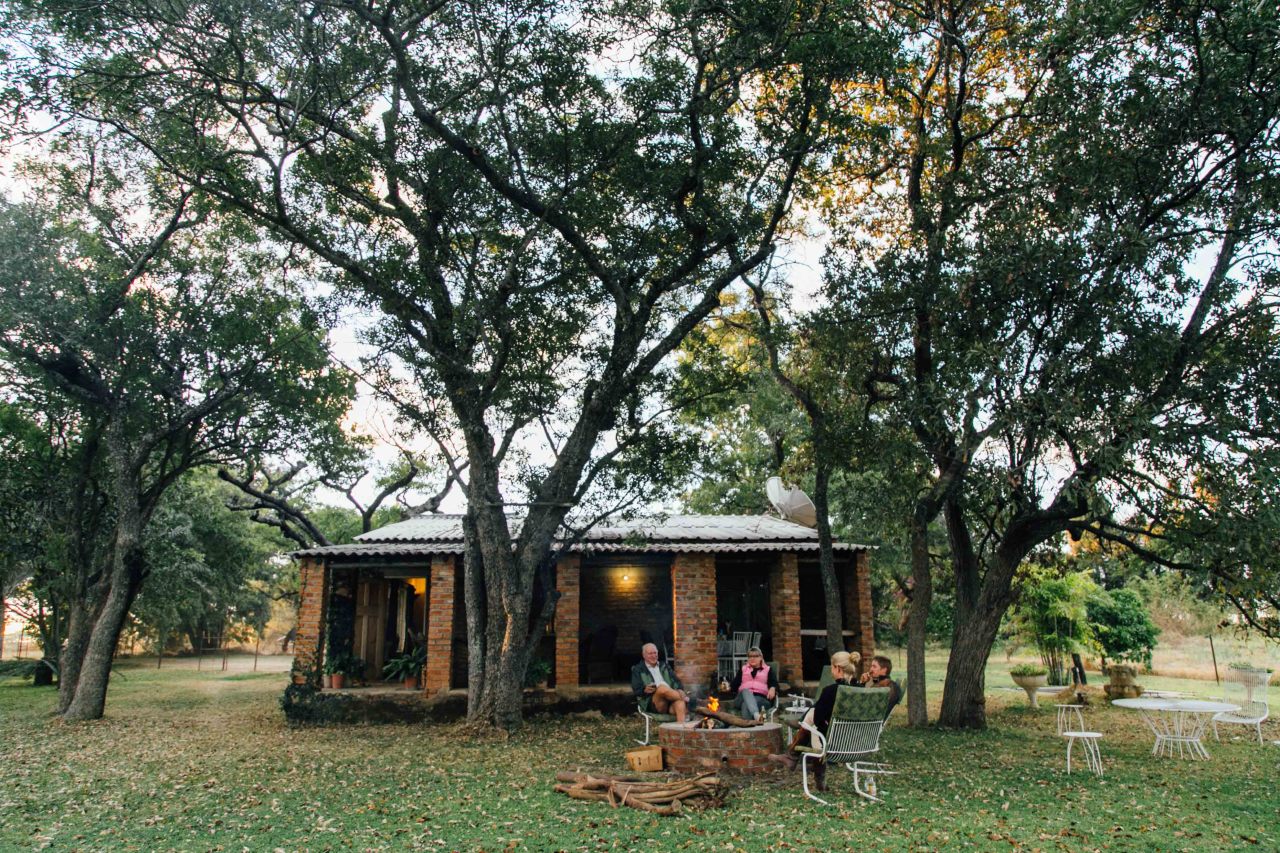
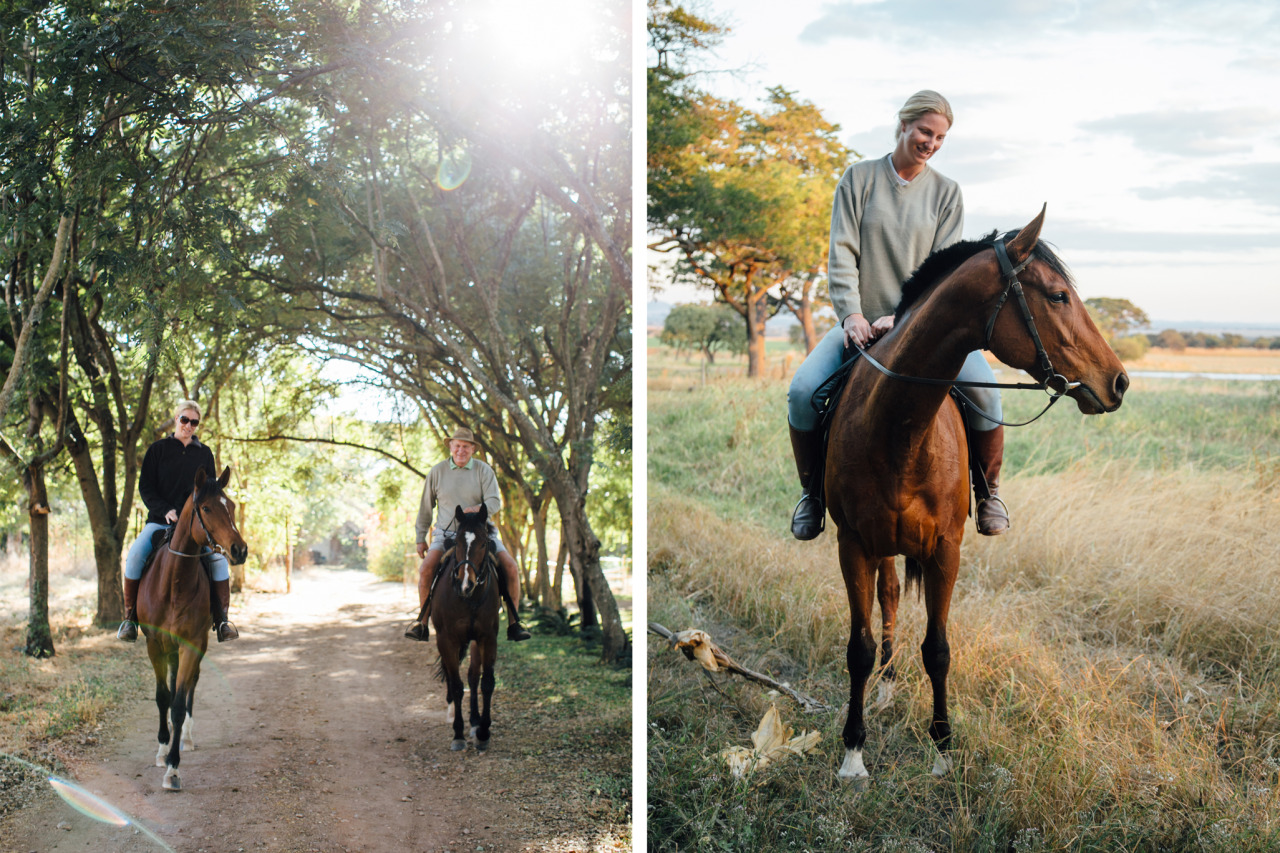

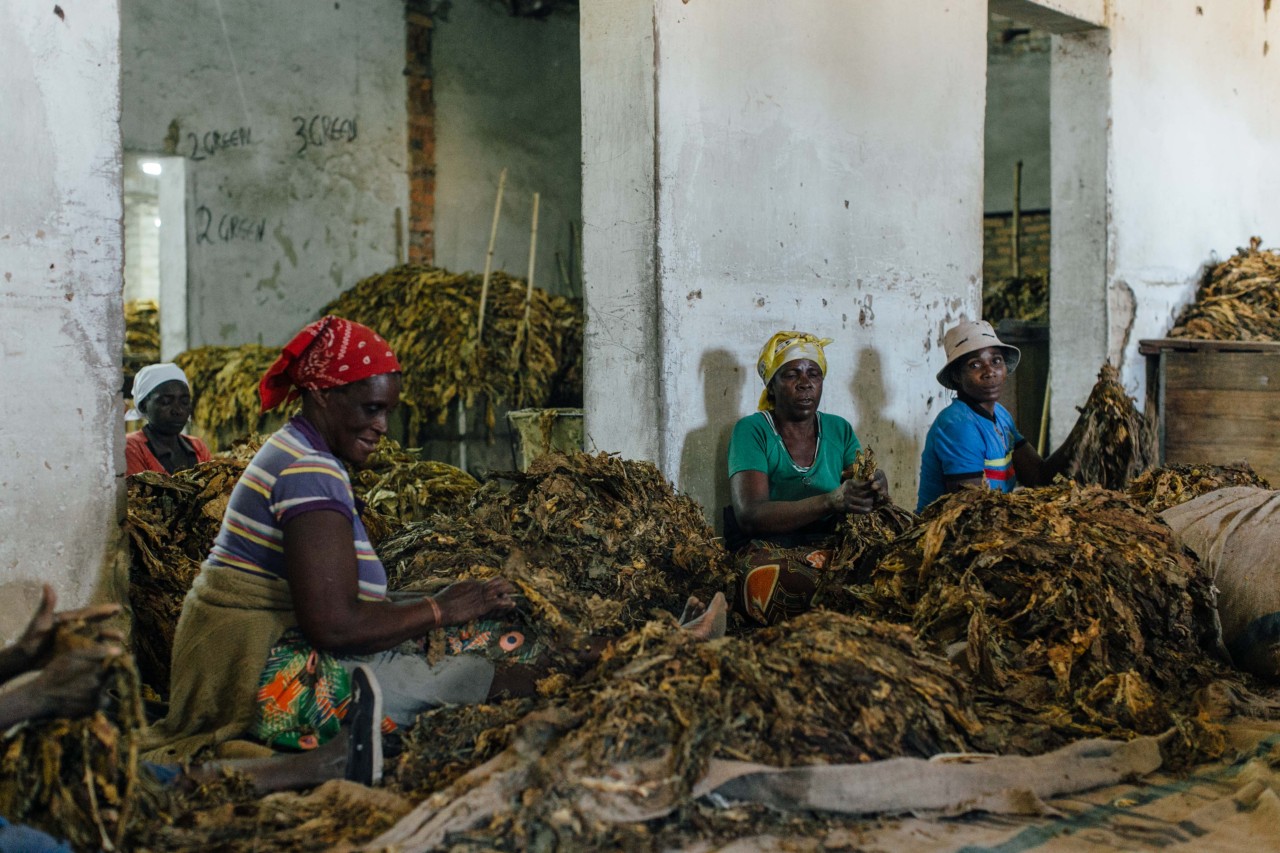
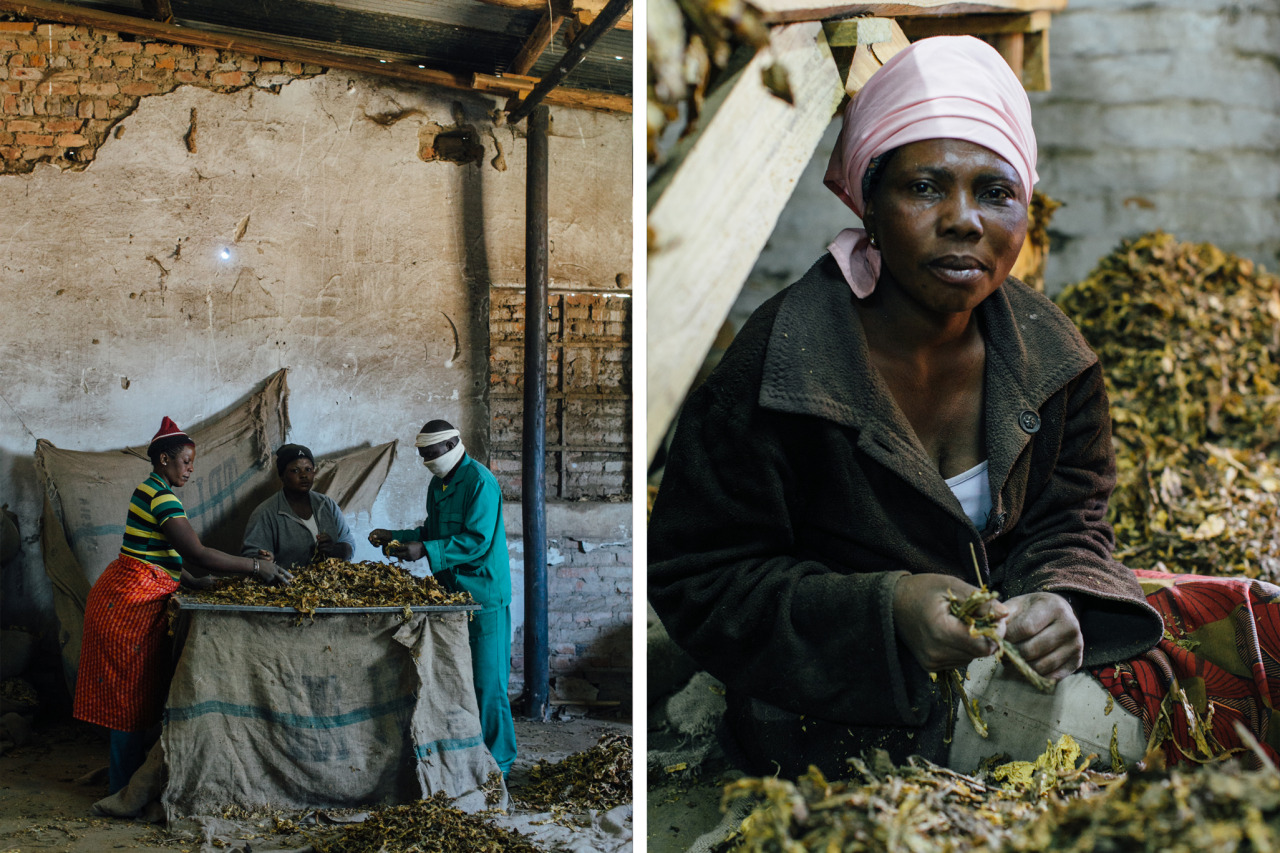
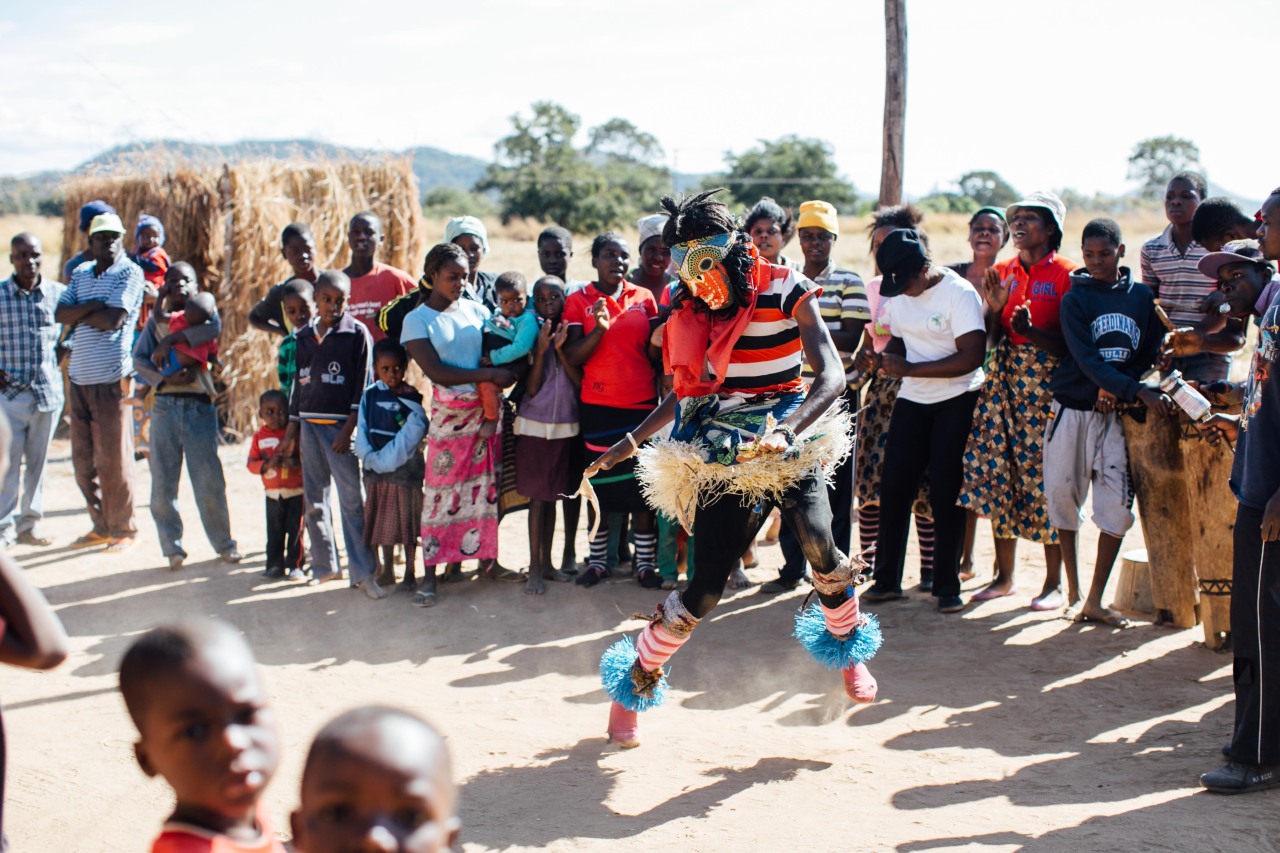
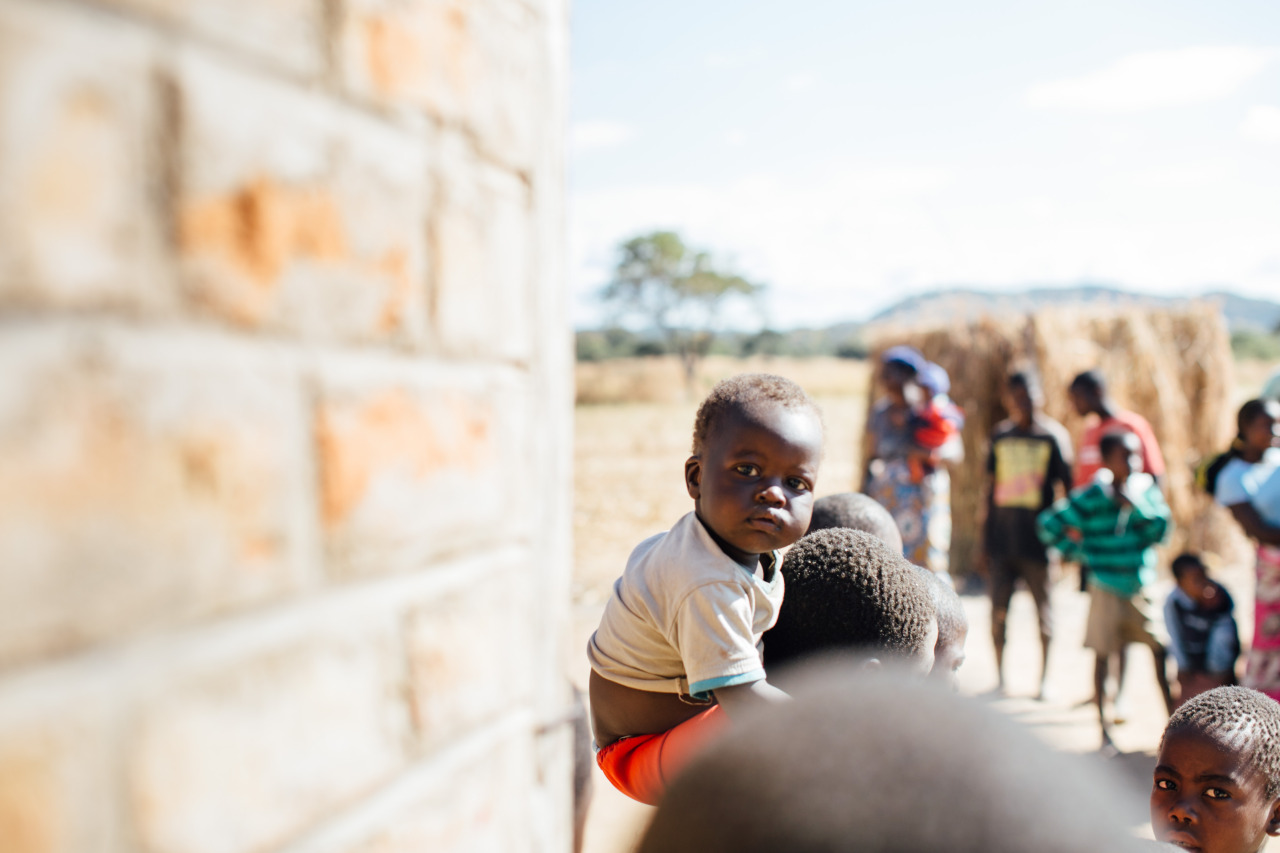
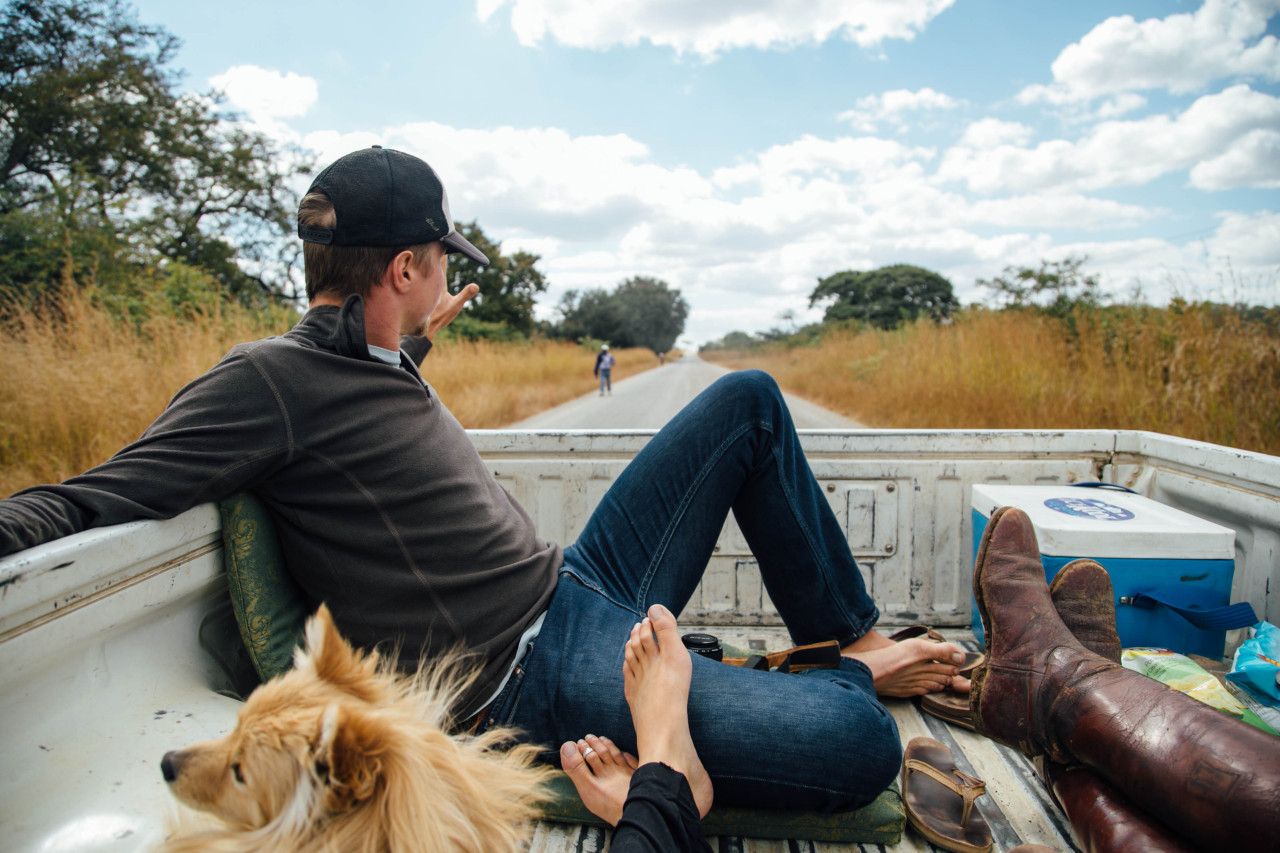
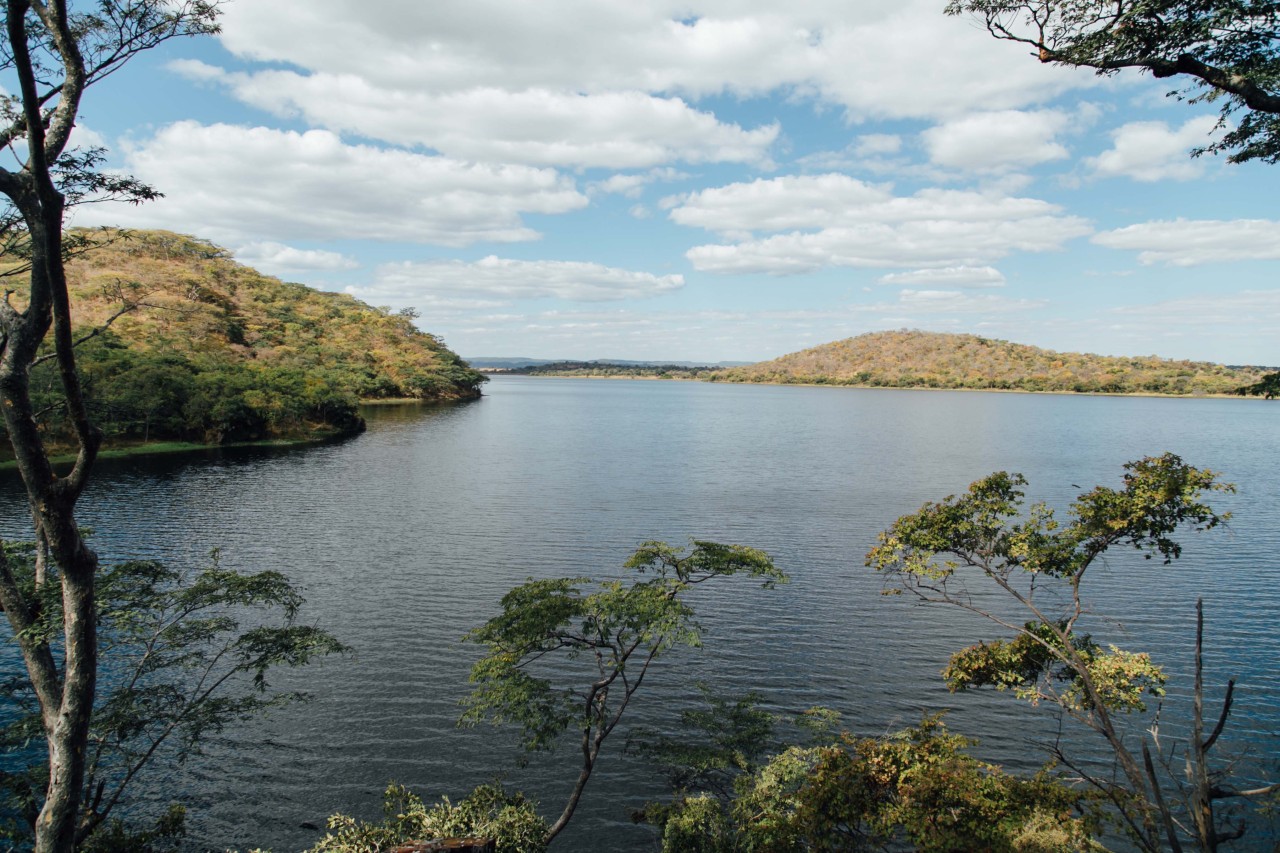
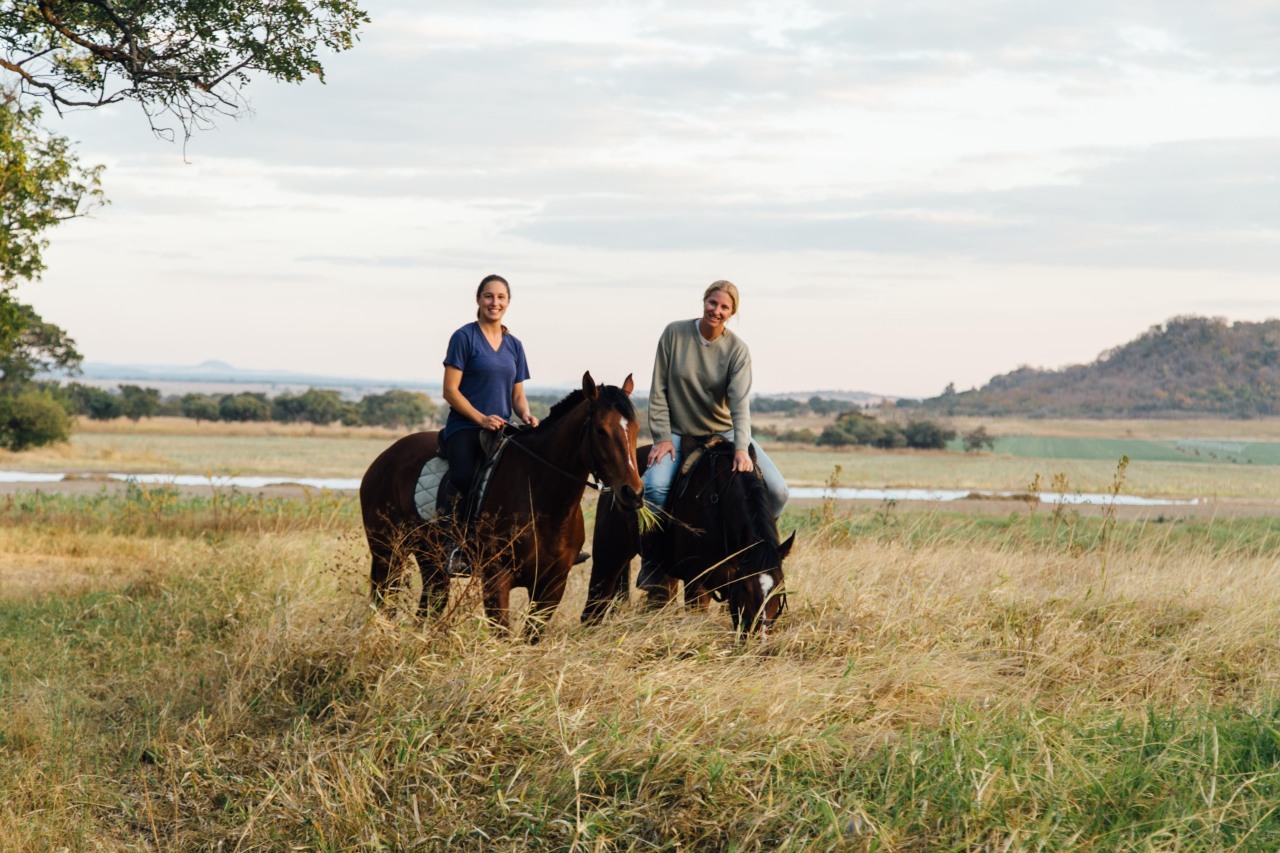
Tying up Loose Ends
Life, and the experience of living, is full of “Firsts” - Your first day of school, your first job, your first date – After living in Zimbabwe for nearly 6 months, Kate and I have experienced plenty of firsts. But now, as the calendar has worked its way into June, we are beginning to experience “Lasts”. Just today, we went to immigration to renew our visas for the last time. In a little more than three weeks, Kate and I will watch the African sun fall beneath a dusty horizon for the last time before we head home to friends and family. The experience will be the exact definition of bittersweet.
With 27 days until that sunset, we are working hard to tie up all the projects we have begun. A week ago, I finalized the design of my rocket stove, and have subsequently installed the final product in Morning Star’s outdoor kitchen. It is built with 21 locally made bricks and costs less that 3 dollars to make. In the next three weeks, we have scheduled installation of two more stoves within the community. I have also finished the “Living System”. Since its previous blog post (A Living System Coming to Life), water is now flowing through all five filters and is being collected in two clean water drums. In order to make the most of the system, I’ve been busy plumbing in as many water sources as possible. Morning Star is now saving and filtering gray water from three showers, three sinks, and a recently installed washing machine. Before we head out, I will install a 12-volt circulation pump on a solar panel, and write a technical manual on how to service and clean the system. It has by far been the biggest project I have undertaken on this trip, and I’m happy to report it is working beautifully.
Kate here! While Chris has quite literally been in the trenches, I have had the pleasure of getting out into the community on a number of occasions. We had a week-long visit from the Witherow family, long time friends of Chris and Norma who are American missionaries based in Johannesburg. Heather, a teacher by trade, is beloved in the community for the teacher’s workshops she runs periodically. I tagged along to one of her workshops this time, and got to learn all about the meaning of “Phonemic Awareness”. For those who don’t know, “Phonemes” are the smallest units of sound that exist in a given language. Heather went through many games and exercises the teachers can use to help preschoolers develop a distinct sense of the sounds that exist in English. We all enjoyed a delicious lunch of sadza, fried cabbage and onion, and chicken.
A few days later, we visited the Siloti preschool while it was in session so Heather could take some much needed supplies to the darling teacher, Vie. While we were there I hosted a makeshift “picture day” to take photos of the children to hang up in their classroom. Between their minimal English and my minimal Ndebele I was somehow able to coax enough smiles to get the job done.
In our spare moments, we have continued to hone our climbing skills on the plentiful granite “dwalas”. One Saturday, we were joined at the climbing wall by Ndilewe and her nephews, who each took turns being belayed by Chris. Though they have been raised among these massive outcroppings of granite, never before had they experienced a harness or rope and were thrilled by the prospect of climbing higher. Another weekend, we took on the role of climbing guides for a group of 20 young men on an international gap year program. With this sudden inundation of climbing, we took it upon ourselves to create a design for a climbers chalk bag, with the idea that the local sewing group will be able to continue to make and sell these in our absence. With our prototypes complete, we plan to spend the next few weeks making as many as we can with the sewing ladies to bring back to the States with us. If anyone is interested in purchasing one, we are selling them for $20 each and all the proceeds go directly to this group of local women. For pictures of these chalk bags, see below.
It’s hard to believe that our time here in Zimbabwe is coming to a close. It seems like it was just yesterday that we arrived to Morning Star. We want to thank everyone for their support along the way. It is not lost on us that when two twenty-somethings put their lives (in the “real world”) on hold, to travel in Africa for six months, that our friends, family, and co-workers inevitably have to pick up the slack. As our final days in Africa come closer, we will experience more “Lasts” but we know that it’s not really the end. The memory of these “lasts” will last a lifetime.
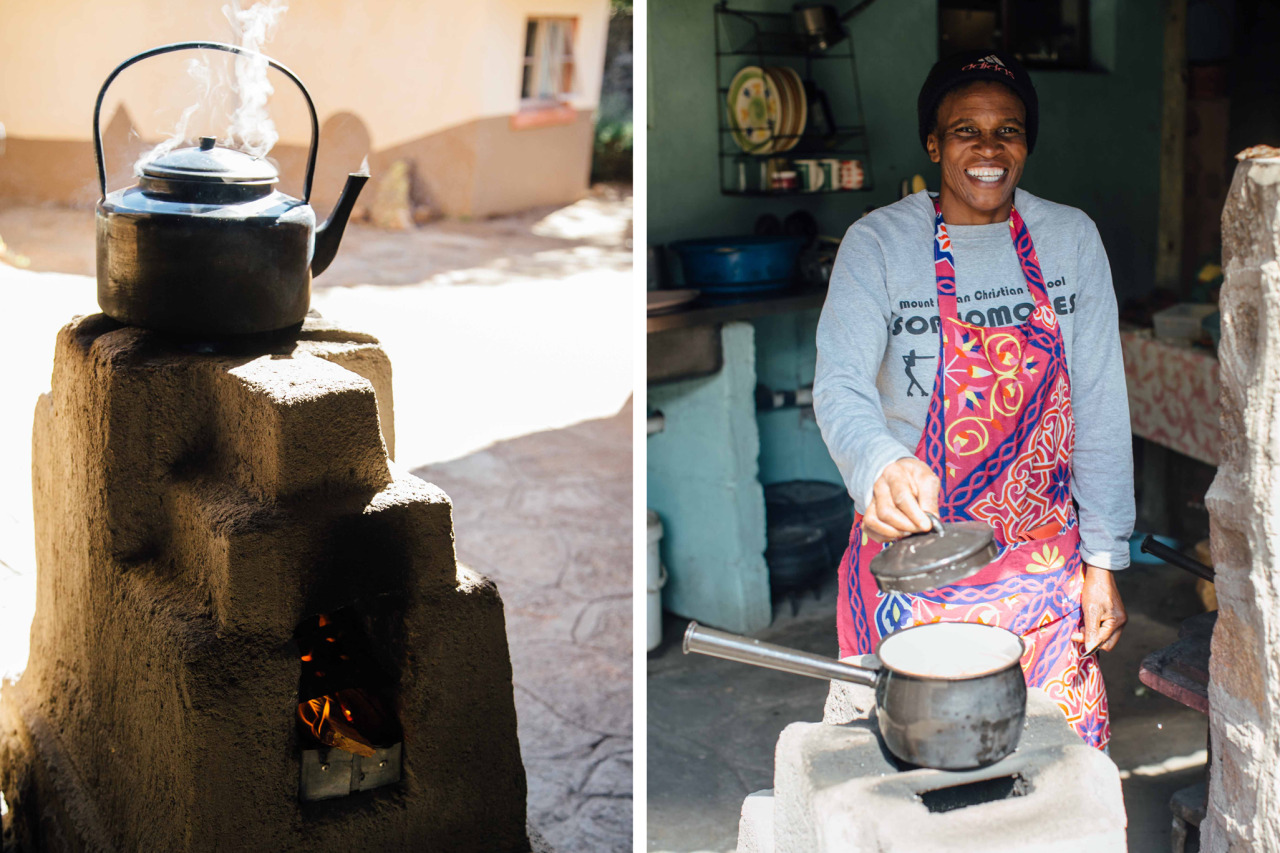
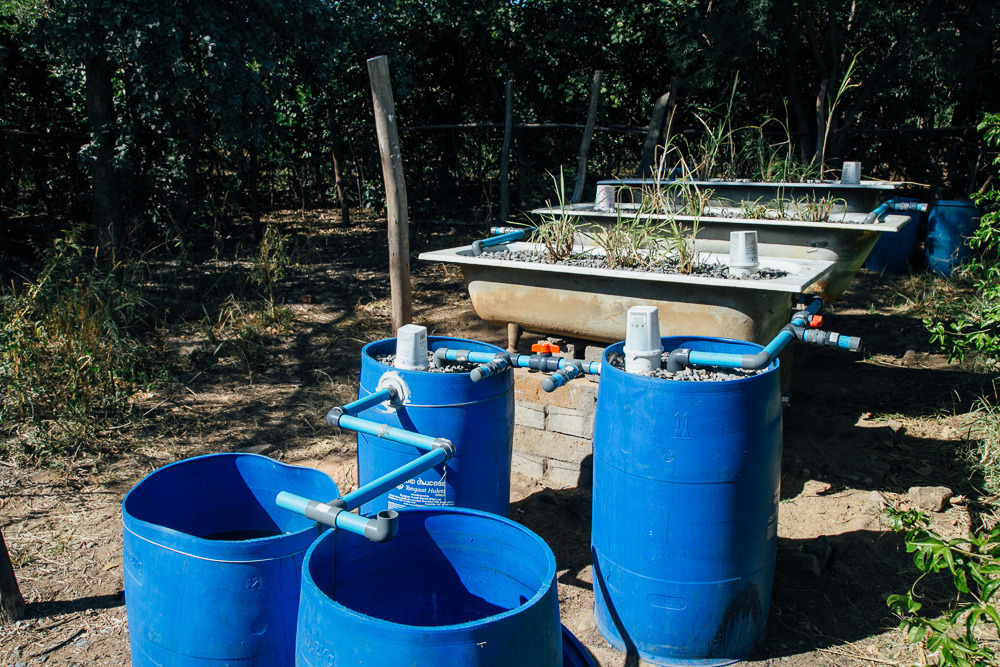
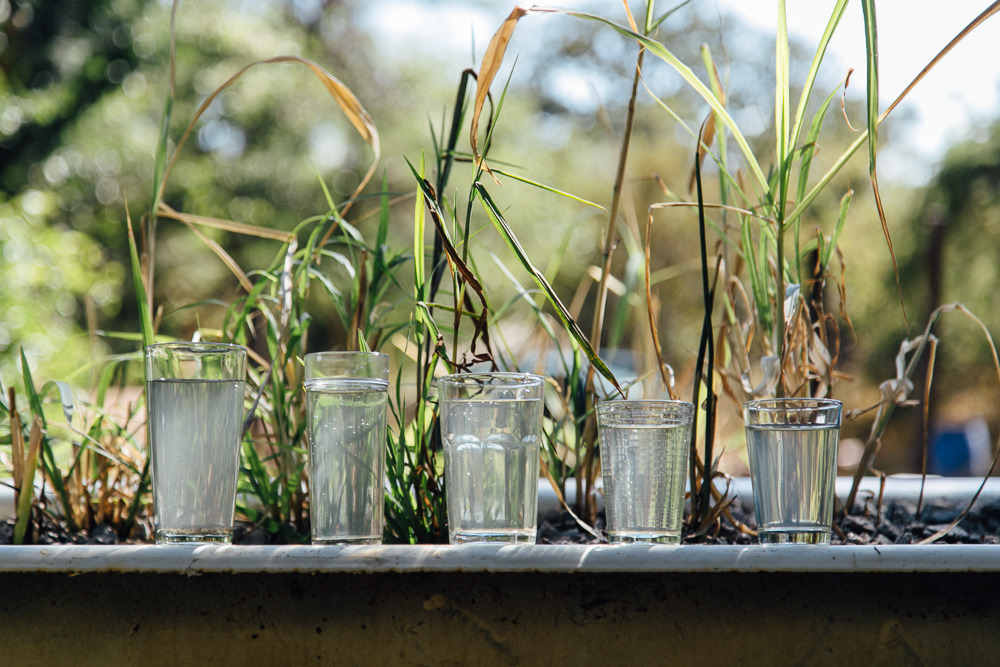
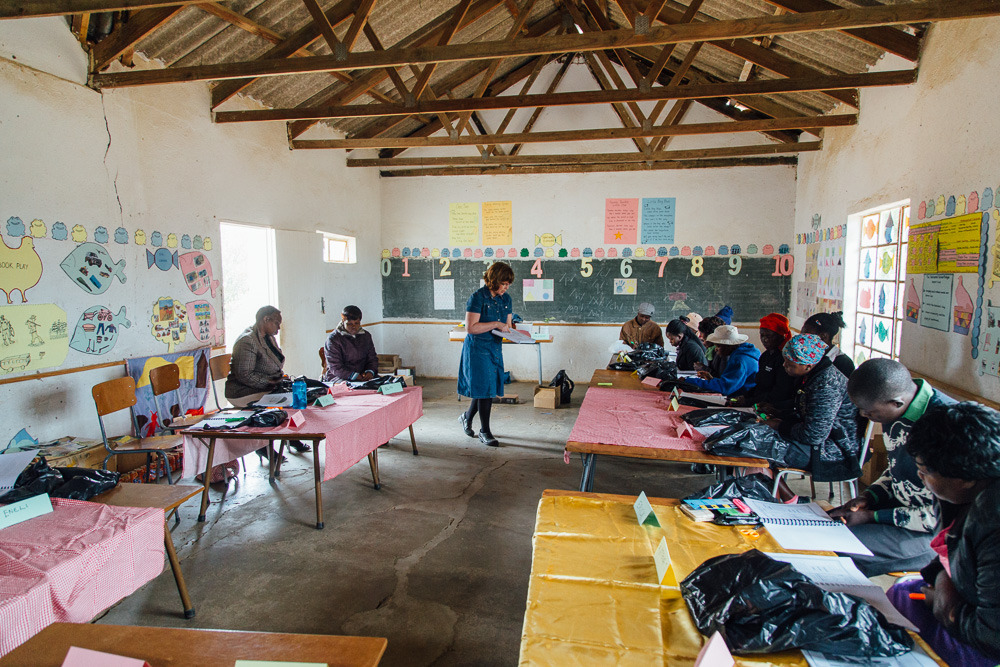
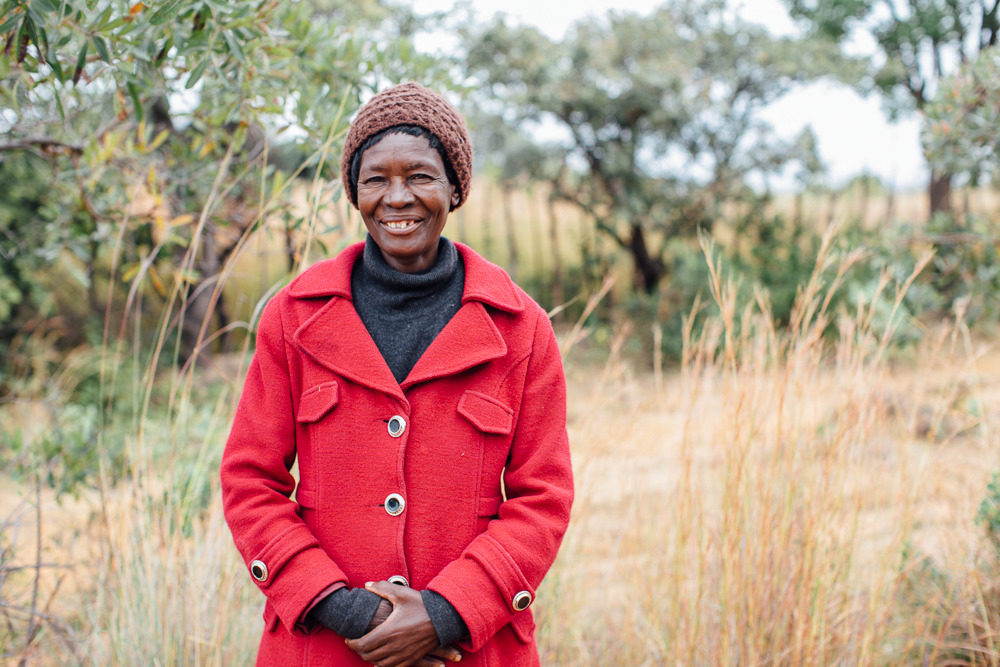
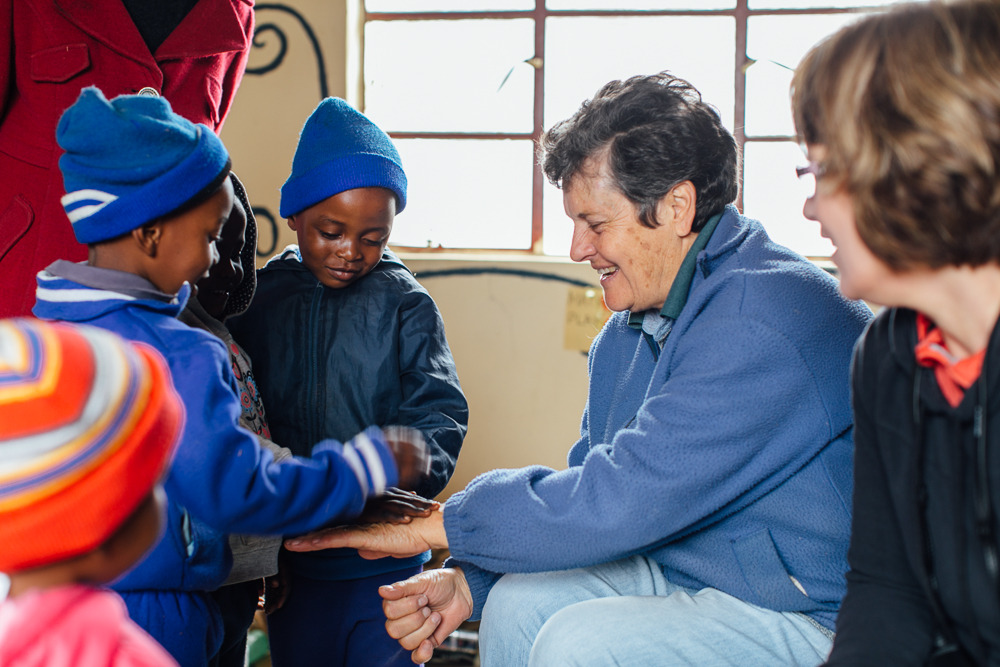
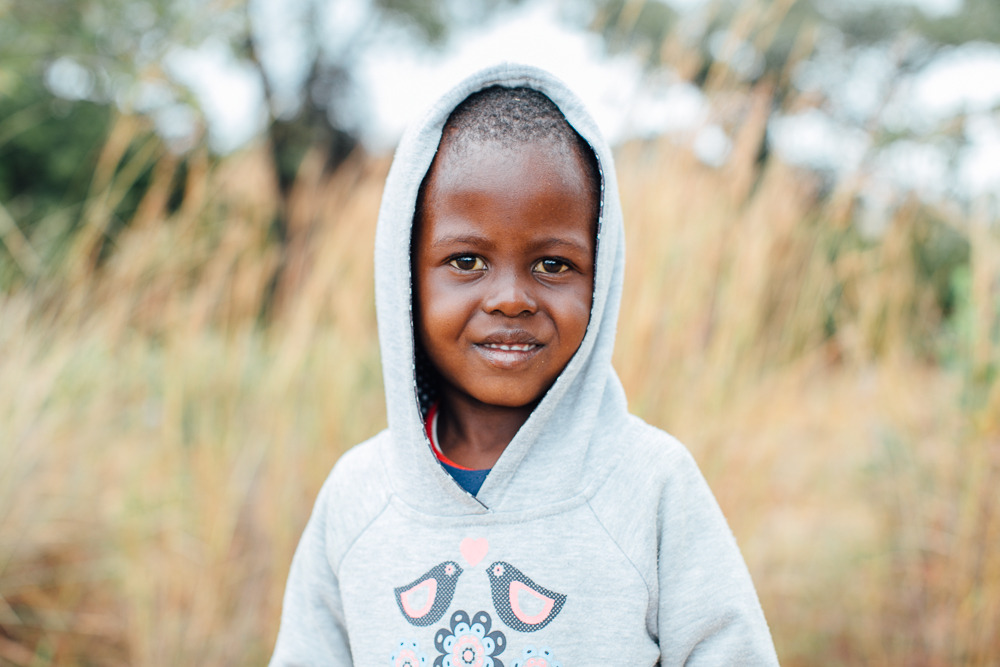
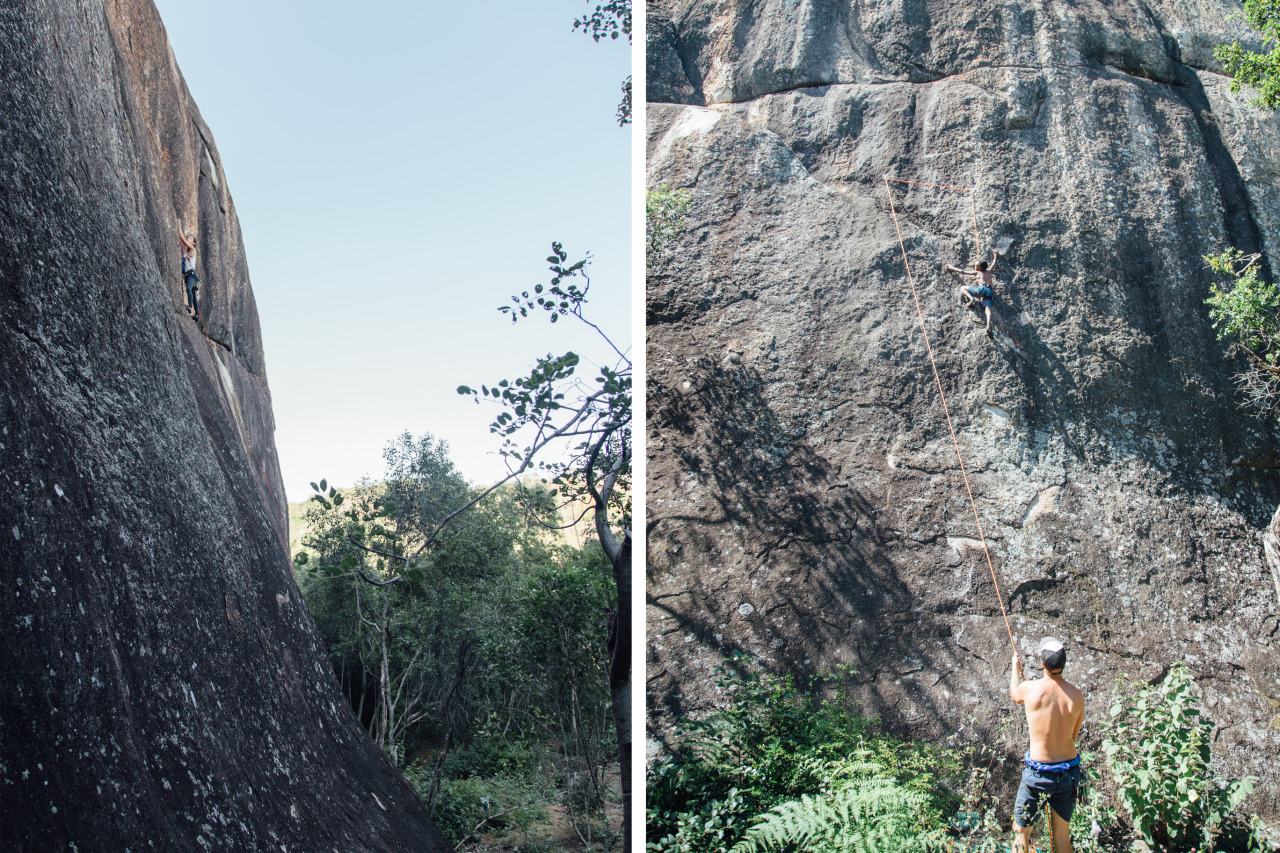
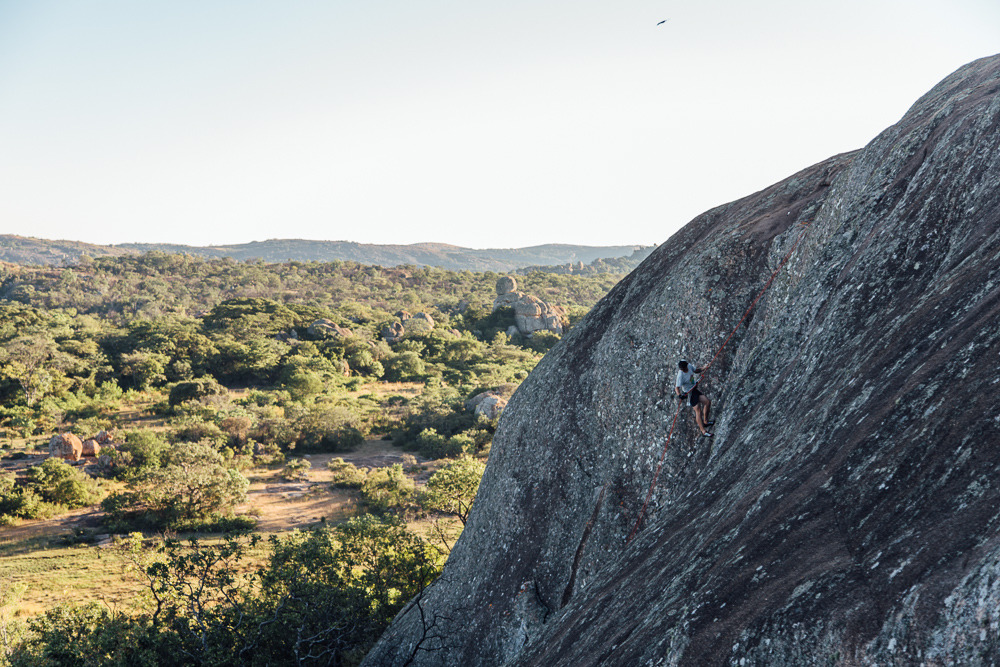
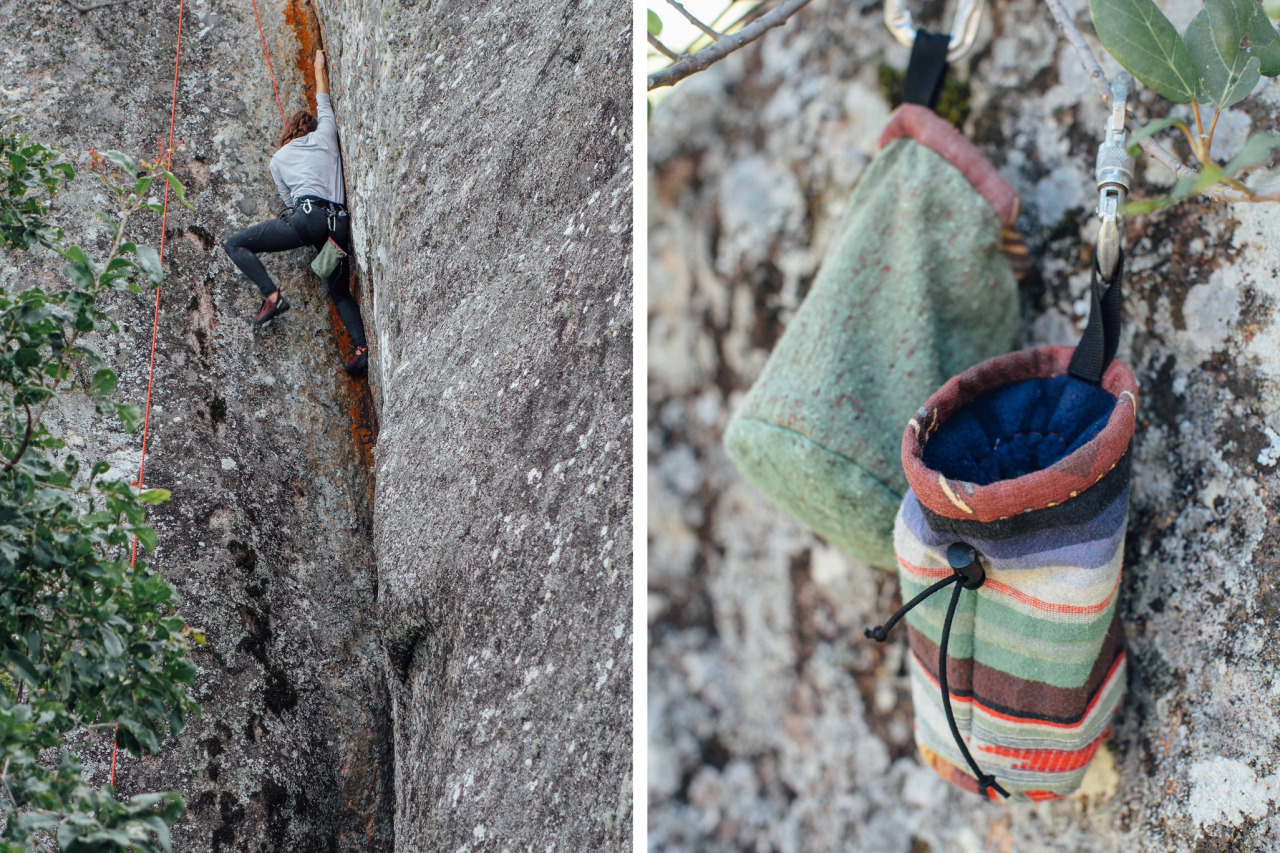
Visitors from the Big Apple
Since we returned from our travels north, the farm has been bustling with activity. For the second year in a row, Chris and Norma welcomed a group from Sarah Lawrence College (in Bronxville, New York) to stay on the farm for 5 weeks. Part of a semester long study abroad program, Zimbabwe was the final stop for the 7 students and teacher, Kim, who happens to be Chris and Norma’s niece. Since January they had spent time in Mwanza, Tanzania for 5 weeks, and Blantyre, Malawi for about the same amount of time. Over the semester each student was tasked to write a “conference” paper examining specific issues relating to their particular field of study in each of the contexts to which they were exposed. The group was widely varied in their focus areas – from women in agriculture to early childhood development, to film studies, to progressive education. The sense of academia that overtook the farm was inspiring, though I didn’t envy the workload for one second!
During the first week we spent with the students, the mornings were consumed by visits to a new preschool just a few minutes down the road from Morning Star, in an area called Siloti. While the Sarah Lawrence group ran children’s activity programs for the local kids, those of us that were available helped to ready the school house and surrounding yard for the students. I spearheaded the painting effort for the exterior of the school, while others (any available students and community members) cleared the invasive Lantana and dug holes for fence posts. It was here that I got to witness an educational tool called a “C.A.P.E” for the first time. C.A.P.E. stands for Community Adventure Play Experience. While the students stood along the perimeter of the activity, bearing notepads and pens like eager scientists, the village children used miscellaneous recycled items to create games and toys. Evidently this scenario is used to study children worldwide, and to assess development, creativity and social interactions, among other things. Also during our time at Siloti, a student named Hannah led a project to record the growth statistics (height, weight, body mass index etc.) of each child, for the purposes of monitoring health and tracking malnourishment that may occur among the preschoolers.
In our downtime at the farm I fell into a strict work out routine with Patrick, a marathoner and fitness aficionado. He led me in a rigorous “insanity-style” circuit training routine a few evenings a week, and we even got my dad to join in (while my mom and Chris sat on the veranda and heckled us). For his project, Patrick was conducting writing and poetry workshops with locals in each of the contexts, and compiling an anthology of their respective works. In his final presentation, he read a few of the pieces for us, and the emotion behind them was incredible.
It was especially inspiring to see how eager the students were to get involved in the local community. Terry, an older student who hails from Manhattan, drove 1 hour with Diamond, our farm manager, to church each Sunday. And in rural Africa, church is an all day affair. He was even given the opportunity to preach! Troi and Andrea, two young ladies from the group, went and stayed the night with Ndilewe at her home, a 45 minute walk from the farm. Despite sleeping on a concrete floor in what was formerly the kitchen, I heard no words of complaint. Sadie, who is incredibly passionate about women, agriculture and the impacts of climate change, met with a local woman, Julie, many mornings a week. Sadie shared in her final presentation about her experiences working alongside Julie in her field, and the sobering realities of the path that Julie’s life has taken as a woman in the Matopos. Virtually powerless in the male dominated society, and increasingly concerned about the lack of rain this past season, the trajectory of Julie’s life seems to be moving downward into uncertainty. Hannah got the opportunity to spend some time at one of the local clinics and learn about all the challenges faced by the doctors and nurses in this rural setting and political climate.
Chris and I felt at ease with the group, and relished the youthful vitality that they brought to the farm. I spent most of my time as Norma’s second in command, and when she was in town, first in command. This meant I was organizing and preparing meals with a meat, vegetarian and Vegan option, running the generator as needed, answering myriad questions, attending to the staff’s needs and occasionally sneaking away for a few minutes of “feets up”. Chris was spending most of his time down in the garden, working on the graywater system, assisted by anyone with a bit of free time. Per usual, he doubled as the general-purpose fix-it man for any needs that arose during group’s stay. Chris and I thoroughly enjoyed our time with the group from Sarah Lawrence and are looking forward to reconnecting upon our return Stateside.
